#BeFabFriday – The Seed Of Something Great Can be Found In Your Worst Work
Continue readingAnthems for Power of Truth
Types Tuesday
It’s Power of Truth month, where for the next few weeks my content will revolve around the paranoid, the detectives and the conspiracy theorists. As i continue to work on my Power of Truth eBook, I like to listen to some tunes like these to get me into the mind of Power of Truth characters…
I can’t walk out
Because I love you too much, baby
What you’re doing to me
When you don’t believe a word I say?
With suspicious minds (suspicious minds)
And we can’t build our dreams
On suspicious minds
Stops by to say hello
Would I still see suspicion in your eyes?
Asking where I’ve been
You can’t see the tears are real
I’m crying (Yes, I’m crying)
With suspicious minds (suspicious minds)
And we can’t build our dreams
On suspicious minds
Or dry the tears from your eyes
Let’s don’t let a good thing die
When, honey, you know
I’ve never lied to you
Mmm, yeah, yeah
I can’t walk out
Because I love you too much, baby
What you’re doing to me
When you don’t believe a word I say?
I can’t walk out
Because I love you too much, baby
I can’t walk out
Because I love you too much, baby
Polishing a compass that I hold in my sleeve
Down comes him on sticks but then he kicks like a horse
And the rest you can keep
And the rest you can keep
And the rest you can keep
Down which of late I cannot help but fall
There’s a hole in my neighborhood
Down which of late I cannot help but fall
To a chorus of supposes from the little town whores
There’ll be twisted karaoke at the Aniseed Lounge
But it does you no good
And it does me no good
And it does you no good
Down which of late I cannot help but fall
There’s a hole in my neighborhood
Down which of late I cannot help but fall
Down which of late I cannot help but fall
Better run for cover
You’re a hurricane full of lies
And the way you’re heading
No one’s getting out alive
So do us all a favor
Would you find somebody else to blame
‘Cause your words are like bullets and I’m the way your weapons aim
I guess I could fill a book with things that I don’t know about you baby
You’re not misunderstood but you got
You got to go
(Lies)
Living in a fantasy
(Lies)
Don’t even know reality
(Lies)
When you start talking I start walking
(Lies)
Lies, lies, lies
Don’t even wanna know the truth
(Lies)
The devil has his eye on you girl
(Lies)
When you start talking I start walking
(Lies)
Lies, lies, lies
So don’t forget your seatbelt
Don’t you think of picking up the phone
Better say your prayers ’cause you’re never gonna make it home
Did you miss the stop sign
That last decision was your last
‘Cause you can’t come back once you’re lying in the broken glass
And I hope you get to hear me say, “Who gets the last laugh now”
No more excuses
No more running
Only God can save you now
(God can save you now)
‘Cause I know the truth
Time is running out
And I’m just one drink away
And I’m back in Wonderland like it was yesterday
And I hope you get to hear me say, “Who gets the last”
“Who gets the last”
“Who gets the last laugh now”
The Power In Your Hands
#BeFabFriday – Your Writing Can Change Everything
Continue readingThe Rhythm Of Life
#BeFabFriday – Embrace The Passion Of Writing
Continue readingListen To What’s Inside You
#BeFabFriday – Tell A Story That Has To Be Told
Continue readingTrust Your Subconscious
#BeFabFriday – Trust Your Most Spontaneous Instincts
Continue readingMake Trouble for your Characters
#BeFabFriday – Trouble Makes For Great Stories
Continue readingYou’re Creating Life When You Write
#BeFabFriday – Don’t Forget That Writing Is Creating
Continue readingBelieve In Your Work
#BeFabFriday – You Have To Care About What You Write
Continue readingDon’t Waste Your Time
#BeFabFriday – Procrastination Is Your Enemy
Continue readingWork Out Your Story First
#BeFabFriday – Use Your First Draft To Work Out Your Story
Continue readingYour Alter Ego
#BeFabFriday – You Become Someone Else When You Write
Continue readingA Director’s Opinion On Writing
#BeFabFriday – Filmmakers See Scripts Differently
Continue readingEverything Including The Kitchen Sink
#BeFabFriday – Your First Draft Should Include Plenty That Can Be Cut
Continue readingNo Point Posturing
#BeFabFriday – You Can’t Hide Behind Your Title
Continue readingStop and Listen
#BeFabFriday – Listen To Your Characters
Continue readingA Friendly Reminder
#BeFabFriday – Get back to work!
Continue readingDon’t Procrastinate
#BeFabFriday – Waiting Is An Excuse
Continue readingLuck Is A Delusion
#BeFabFriday – May The Fourth Be With You
Continue readingGet Emotionally Invested In Your Work
#BeFabFriday – You Have To Become Attached To What You Write
Continue readingThe Magic of Franchises
Audiences Reward Movie Franchises When They Take Time and Care
Continue readingRead As Much As You Write
#BeFabFriday – You Can’t Create Without Understanding What’s Come Before You
Continue readingCharacter Examples
#WritingAdviceWednesday – The Final Chapter of my Copenhagen Workshop
Continue readingHamilton & Troy: Epic Hero Stories
#TypesTuesday – Epic Hero Stories & Power of Idealism
Continue readingWriting Is A Workout
#BeFabFriday – Your Creativity Is A Muscle
Continue readingWho vs What
#WritingAdviceWednesday – It’s all about “Who”, not “What”!
Continue readingStories of Love and Loss
#TypesTuesday – Separated Lovers is a Power of Idealism Story
Continue readingBack in America
#MondayMusings – Back in the USA, where every vote counts
Continue reading#BeFabFriday – Believe In Your Work
#BeFabFriday – Believe In The Importance Of Your Work
Continue reading#ThinkpieceThursday – A Character’s Journey in a Non-Linear Film
#ThinkpieceThursday – Writing A Character’s Journey Out Of Order
Continue reading#WritingAdviceWednesday – The Key Authenticities
#WritingAdviceWednesday – Part of my workshop of the Copenhagen TV Festival
Continue reading#TypesTuesday – Anthems for Power of Idealism
#TypesTuesday – Songs that demonstrate the Power of Idealism
Continue reading#MondayMusings – April Fools’ Day
#MondayMusings – April Fool’s!
Continue reading#BeFabFriday – Love What You Do
#BeFabFriday – Writing Is Its Own Reward
Continue reading#ThinkpieceThursday – Rev. and Crisis of Faith
#ThinkpieceThursday – Best British Sitcom in years depicts Crisis of Faith
Continue reading#WritingAdviceWednesday – Writing Exercises: Through Objects
#WritingAdviceWednesday – Describe One Thing and Define Another
Continue reading#TypesTuesday – Your Character’s Faith
#TypesTuesday – Consider The Impact Of Faith When Writing Your Characters
Continue reading#MondayMusings – Easter Week
#MondayMusings – Every detail should support a story’s theme
Continue reading#BeFabFriday – Learn To be Disciplined
#BeFabFriday – You Have To Be Disciplined
Continue reading#ThinkpieceThursday – Katy Perry’s Inappropriate Kiss
#ThinkpieceThursday – “No thanks” means “No”. #MeToo applies to everyone.
Continue reading#WritingAdviceWednesday – Writing Exercises: In Times of Difficulty
#WritingAdviceWednesday – Creating Urgency
Continue reading#TypesTuesday – Poirot and House: One and the Same?
#TypesTuesday – Two Power of Reason Detectives, both abrasive!
Continue reading#MondayMusings – Stones and Bones
#MondayMusings – The Dawn of Humankind
Continue reading#BeFabFriday – Get To Know Yourself
#BeFabFriday – Writers Have To Know Themselves Before Their Characters
Continue reading#ThinkpieceThursday – I Am Not A Witch
#ThinkpieceThursday – Staying in Drought-threatened Cape Town Echoed a Movie
Continue reading#WritingAdviceWednesday – So Scary That It’s Funny
#WritingAdviceWednesday – Finding the Humour in Horror
Continue reading#TypesTuesday – The Odd Couple: Excitement and Reason
#TypesTuesday – One of the funniest friendships in Cinema history
Continue reading#MondayMusings – Back From South Africa
#MondayMusings – Three Continents in Just a Few Weeks
Continue reading#BeFabFriday – You Need Feedback #ETBSA
#BeFabFriday – Always reach out to those you can trust for feedback
Continue reading#ThinkpieceThursday – Lessons From Wakaliwood #ETBSA
#ThinkpieceThursday – Learning from the Ugandan Tarantino
Continue reading#WritingAdviceWednesday – Writing Exercises: Test Your Character
#WritingAdviceWednesday – Moving out of your comfort zone
Continue reading#TypesTuesday – Anthems for Power of Reason #ETBSA
#TypesTuesday – Songs that demonstrate the Power of Reason
Continue reading#MondayMusings – The Winners of The Pitch South Africa
#MondayMusings – In South Africa, The Winners Are…
Continue reading#BeFabFriday – The Joy of Writing #ETBSA
#BeFabFriday – Think of the joy of the job and nothing else #ETBSA
Continue reading#ThinkpieceThursday – Tsotsi and the Birth of a Film #ETBSA
#ThinkpieceThursday – An Oscar-Winner dreamed in my dining room
Continue reading#WritingAdviceWednesday – The Pitch South Africa #ETBSA
#WritingAdviceWednesday – View the finalists for The Pitch South Africa
Continue reading#TypesTuesday – Black Panther #ETBSA
#TypesTuesday – Wakanda Forever!
Continue reading#MondayMusings – Leap Year #ETBSA
#MondayMusings – Leap Year calls for a leap of faith
Continue reading#BeFabulousFriday – Follow Your Heart
#BeFabFriday – Trust In What Your Heart tells You
Continue reading#ThinkpieceThursday – Where are the Women?
#ThinkpieceThursday – Split Best Director
Continue reading#WritingAdviceWednesday – Writing Exercises: Forgive But Don’t Forget
#WritingAdviceWednesday – Forgiveness is an action
Continue reading#TypesTuesday – White God and Power of Love
#TypesTuesday – one of the most incredible movies in years is Power of Love
Continue reading#MondayMusings – Off to South Africa!
#MondayMusings – Salani kakuhle! Filmmakers in South Africa
Continue reading#BeFabFriday – There Are No Rules
#BeFabFriday – Ignore The Rules
Continue reading#ThinkpieceThursday – Movie Animals as Character Types
#ThinkpieceThursday – Even Animals have Character Types
Continue reading#WritingAdviceWednesday – Making Monsters Relatable
#WritingAdviceWednesday – Treat a Monster the same as any Human Character
Continue reading#TypesTuesday – The Good Place
#TypesTuesday – Moral Quandaries are Power of Love Dilemmas
Continue reading#MondayMusings – Valentine’s Day
#MondayMusings – Valentine’s 2018 falls to Ashes
Continue reading#BeFabFriday – Writing Is Your Friend
#BeFabFriday – Treat Your Writing Like A Companion
Continue reading#ThinkpieceThursday- Bojack Horseman: Can a character truly be beyond redemption?
#ThinkpieceThursday – Can a character ever truly be irredeemable?
Continue reading#WritingAdviceWednesday – Writing Exercises: Picture Perfect
#WritingAdviceWednesday – Good stories have a central image
Continue reading#TypesTuesday – Immigrant Stories and Power of Love
#TypesTuesday – Immigration and Assimilation Stories are Romantic Comedies
Continue reading#BeFabulousFriday – Don’t Doubt Yourself
#BeFabFriday – Doubt Kills Creativity
Continue reading#ThinkpieceThursday – Crafting Characters In Documentaries
#ThinkpieceThursday – Documentaries must Craft Characters
Continue reading#WritingAdviceWednesday – Writing Exercises: Learn From The Best
#WritingAdviceWednesday – Good writers read other good writers
Continue reading#TypesTuesday – Katharine Hepburn and Power of Conscience
#TypesTuesday- Katharine Hepburn was always Power of Conscience
Continue reading#MondayMusings – Take Time for Friends
#MondayMusings – Pick up the Phone!
Continue reading#BeFabFriday – Revel in Chaos
#BeFabFriday – Use Chaos To Your Advantage
Continue reading#ThinkpieceThursday – Creating Characters for Wrestling Shows
#ThinkpieceThursday – Characterization in Wrestling
Continue reading#WritingAdviceWednesday – Spec Scripts
#WritingAdviceWednesday – The Bygone Era of Spec scripts
Continue readingIN MEMORIAM
In Memory of Irvin B Charne
Continue reading#MondayMusings – Learning French to Lose Weight
#MondayMusings – Learning French to Lose Weight
Continue reading#BeFabFriday – Silence can be deafening
#BeFabFriday – No need to speak up
Continue reading#WritingAdviceWednesday – Writing Exercises: Big Finish
#WritingAdviceWednesday – Memorable Endings
Continue reading#TypesTuesday – The Punisher and Power of Conscience
#TypesTuesday – The Darkest Side of Power of Conscience
Continue reading#MondayMusings – 2017 Review
#MondayMusings – My review of the year
Continue reading#BeFabFriday – Have Courage
#BeFabFriday – Take a Deep Breath and Jump!
Continue reading#ThinkpieceThursday – American Adaptations
#ThinkpieceThursday – Super Size Me mentality ruins American Adaptations
Continue reading#WritingAdviceWednesday – Writing Exercises: Make Room for Anxiety
#WritingAdviceWednesday – Remember A Room
Continue reading#TypesTuesday – Anthems for Power of Conscience
#TypesTuesday – Songs that demonstrate the Power of Conscience
Continue readingNew Year’s in Paris
#MondayMusings – Bonne Année!
Continue reading#BeFabFriday – Writing Allows Us To Change
#BeFabFriday – Out with the old, In with the new
Continue reading#ThinkpieceThursday – Why I Kept Watching Downton Abbey
#ThinkpieceThursday – You can love something even if it’s not very good
Continue reading#WritingAdviceWednesday – Writing Exercises: What About You?
#WritingAdviceWednesday – Writer’s Block
Continue reading#MondayMusings – Merry Christmas to All!
#MondayMusings – Merry Christmas from ETB Screenwriting!
Continue reading#BeFabFriday – Your Writing Is A Gift
#BeFabFriday – Your Work Is Every Bit As Good As A Christmas Present
Continue reading#ThinkpieceThursday – Writing Characters for Video Games and Action Movies
#ThinkpieceThursday – Character is Action
Continue reading#WritingAdviceWednesday – Writing Exercises: Feelings First
#WritingAdviceWednesday – Memorable Movie Moments
Continue reading#TypesTuesday – Luther: Power of Reason or Power of Will?
#TypesTuesday – Power of Reason and Power of Will can be easily confused
Continue reading#MondayMusings – The War on Christmas
#MondayMusings – Christmas Isn’t Under Threat To Anyone But The Privileged
Continue reading#BeFabFriday – Embrace Your Pain
#BeFabFriday – Write about the obstacles you’ve overcome
Continue reading#ThinkpieceThursday – William Friedkin: Coming Back From Failure
#ThinkpieceThursday – Sometimes the only way to reinvent yourself is to lose everything
Continue reading#WritingAdviceWednesday – Writing Exercises: The Grand Reveal
#WritingAdviceWednesday – Reveals in a Story
Continue reading#TypesTuesday – The Defenders: The Appeal of Crossovers
#TypesTuesday – There’s nothing like getting the team together
Continue reading#MondayMusings – Calling out Condescension
#MondayMusings – Everyone needs to call out condescension
Continue reading#BeFabFriday – We All Have To Start Somewhere
#BeFabFriday – Richard Bach didn’t Quit
Continue reading#ThinkpieceThursday – The Key Vulnerabilities
#ThinkpieceThursday – Make your character experience the key vulnerabilities
Continue reading#WritingAdviceWednesday – Writing Exercises: Losing Control
#WritingAdviceWednesday – Getting Angry
Continue reading#TypesTuesday – Calvin and Hobbes: Excitement and Conscience
#TypesTuesday – The strongest friendships can come from opposing types
Continue reading#MondayMusings – Who vs What
#MondayMusings – Why archetypes don’t matter.
Continue reading#BeFabFriday – Nothing Is More Important than Your Characters
#BeFabFriday – Characters over Plot, every time
Continue reading#ThinkpieceThursday – The Blade Runner films and Vulnerability
#ThinkpieceThursday – A character’s vulnerability changes audience perception
Continue reading#WritingAdviceWednesday – Writing Exercises: Taking Out the Trash
#WritingAdviceWednesday – Taking Out The Garbage
Continue reading#TypesTuesday – It’s Always Sunny In Philadelphia: Crabs in a Barrel
#TypesTuesday – The Paddy’s Pub Gang are Crabs in a Barrel
Continue reading#MondayMusings – Thanksgiving In Vienna
#MondayMusings – My holiday snaps
Continue reading#BeFabFriday – Good Dialogue Takes Time
#BeFabFriday – Writing Good Dialogue Is Like A Fine Wine
Continue reading#ThinkpieceThursday – Power vs Influence
#ThinkpieceThursday – The definitions of influence and power
Continue reading#WritingAdviceWednesday – Writing Exercises: Talk To Me
#WritingAdviceWednesday – Bubble Talk
Continue reading#TypesTuesday – Three Silent Greats
#TypesTuesday – Action Speaks Louder than Words
Continue reading#BeFabFriday – Your Scripts Offer Something Unique
#BeFabFriday – Nobody Else Has A Voice Like Yours
Continue reading#ThinkpieceThursday – I Call “Bullshit” on Scott Rosenberg’s Essay
#ThinkpieceThursday – I call Bullshit on Scott Rosenberg’s Weinstein Essay
Continue reading#WritingAdviceWednesday – Writing Exercises: Silence Is Golden
#WritingAdviceWednesday – Media Fast
Continue reading#TypesTuesday – Power of Will: Talk Like A Gangster
#TypesTuesday – Trump and Tony Soprano Speak Power of Will Fluently
Continue reading#MondayMusings – Saying Thank You to My Socks
#MondayMusings – Saying Thank You to My Socks
Continue reading#BeFabFriday – Better Late Than Early
#BeFabFriday – Be Fashionably Late
Continue reading#ThinkpieceThursday – Music in Film
#ThinkpieceThursday – Music elevates emotion. It should NOT tell you how to feel
Continue reading#WritingAdviceWednesday – Writing Exercises: On The Job
#WritingAdviceWednesday – Another day, another dollar
Continue reading#TypesTuesday – Schindler and Spider-Man: What It Takes to Be a Hero
#TypesTuesday – Sacrifice and Heroism
Continue reading#MondayMusings – Getting out of my Head
#MondayMusings – I Love Pottery
Continue reading#BeFabFriday – When Writers are Monsters
#BeFabulousFriday – There are more monsters off the page than there are on it
Continue reading#ThinkpieceThursday – Deep Dread of Uncertainty
#ThinkpieceThursday – Dreading Change
Continue reading#WritingAdviceWednesday – The Character Map: Fear
#WritingAdviceWednesday – Fear is a Writer’s friend
Continue reading#TypesTuesday – Power of Reason Facing Horror
#TypesTuesday – The definition of horror is a loss of hope
Continue reading#MondayMusings – All Saints’ Day
#MondayMusings – Who is in your pantheon of writing “saints”?
Continue reading#BeFabFriday – Seek Inspiration From Everywhere
#BeFabFriday – The world around you can be all the inspiration you need
Continue reading#ThinkpieceThursday – Why Nine Character Types?
#ThinkpieceThursday – 9 is more than just a number
Continue reading#WritingAdviceWednesday – Structure in Chaos
#WritingAdviceWednesday – There is always Order to be found in Disorder
Continue reading#TypesTuesday – Community and Interdependent Characters
#TypesTuesday – Ensembles work best when each character relies on the others
Continue readingWinter or Spring?
#MondayMusings – Winter is Coming? Or Not?
Continue readingReading ‘N’ Writing
#BeFabFriday – If you want to write well, then you have to read.
Continue readingGenre Is Meaningless
#ThinkpieceThursday – Chinatown and Apocalypse Now are the same film
Continue readingLove Is In The Air
#WritingAdviceWednesday – Kiss and Tell
Continue reading#TypesTuesday – Rick & Morty: Excitement and Imagination
#TypesTuesday – Different character types at odds with each other create plot
Continue reading#MondayMusings – My Secret Weapon
#MondayMusings – My muse and secret weapon
Continue reading#BeFabFriday – Pursuit of Perfection is Pointless
#BeFabFriday – Don’t let the perfect stand in the way of the good
Continue reading#ThrowbackThursday- Aardman, Bristol and Me
#ThrowbackThursday – Why I moved to Bristol
Continue reading#WritingAdviceWednesday – Writing Exercise: Risky Business
#WritingAdviceWednesday – Taking A Risk
Continue reading#TypesTuesday – Doctor Who: 1 Character, 9 Types
#TypesTuesday – Doctor Who Is One Character Who Has Been Every Type
Continue reading#MondayMusings – Name Change Controversy
#MondayMusings – High-tech and History in Bristol
Continue reading#BeFabFriday – Are You Willing Be A Poet?
#BeFabFriday – Love or Money?
Continue reading#ThinkpieceThursday – 30 Something Turns 30
#ThinkpieceThursday – A seminal show turns 30… Where is the follow up?
Continue reading#WritingAdviceWednesday – Writing Exercise: Cars and Chairs
#WritingAdviceWednesday – On The Move
Continue reading#TypesTuesday – Nathan For You and Power of Ambition
#TypesTuesday – A Scripted Character Arc Happening Alongside Real People
Continue reading#MondayMusings – Scandi Noir & Casting
#MondayMusings – Scandi Noir and Casting : No “Hollywood Teeth
Continue reading#BeFabFriday – Is This The Real Life? Is This Just Fantasy?
#BeFabFriday – The difference between Reality and Fiction
Continue reading#ThinkpieceThursday – CBS’ Salvation: It’s Never About The Asteroid
#ThinkpieceThursday – We care most about the characters, not the predicament
Continue reading#WritingAdviceWednesday – Working with a Writing Partner
#WritingAdviceWednesday – It Takes Two To Tango
Continue reading#MondayMusings – Awesome Oslo
#MondayMusings – Awesome Oslo always delights
Continue readingJust Get On With It
#BeFabFriday – There’s No Secret To Writing, You Just Have To Write
Continue readingGiving Writing Notes on a Script
#WritingAdviceWednesday – Learning to offer effective criticism is just as important as receiving it
Continue readingMythic Heroes – Power of Imagination
#TypesTuesday – Move off the emotional playing field at your peril
Continue readingHow Do You Eat an Elephant?
#MondayMusings – The value of incremental progress
Continue readingMore Than Just Words
#BeFabFriday – There’s more to writing than the words you put on the page
Continue readingCoincidence Tanks Top of the Lake: China Girl
#ThinkpieceThursday – Contrived coincidences make Top of the Lake: China Girl lose credibility
Continue readingTaking Writing Notes on Your Script
#WritingAdviceWednesday – Accepting notes gracefully and effectively
Continue readingBatman v Sherlock: Comparing Reason and Truth
#TypesTuesday – Batman vs Sherlock Holmes
Continue readingYou Okay?
#MondayMusings – A matter of survival
Continue readingSeize The Moment
#BeFabFriday – Don’t hesitate. Don’t deviate. Write when the moment takes you.
Continue readingDocs and Drinks on British TV
#ThinkpieceThursday – Drinking as a dramatic story point in BBC Doctor shows
Continue readingPixar and Relatability
#WritingAdviceWednesday – Why must this story be told? Why is it meaningful?
Continue readingZero Dark Thirty and Power of Conscience
#TypesTuesday – The Dark Side of Power of Conscience
Continue readingI Love Bank Holidays
#MondayMusings – There’s nothing like a Bank Holiday to make life more joyful
Continue readingAbove All Else, Be Relentless
#BeFabFriday – Keep on keeping on!
Continue readingGame of Thrones – Action and Consequence
#ThinkpieceThursday – Actions must always have consequences
Continue readingObjects as Symbols
#WritingAdviceWednesday – Precious things in stories
Continue readingJames Bond – From Power of Excitement to Power of Reason
#TypesTuesday – From Excitement to Reason, 007 style!
Continue readingAlternative Workspaces
#MondayMusings – I am often happiest writing outside my office
Continue readingYou Are Beyond Compare
#BeFabFriday – It’s pointless to compare yourself to others
Continue readingDestructive Lovers
#ThinkpieceThursday – Character Types affect relationships as well as individuals
Continue readingFilling the Well
#WritingAdviceWednesday – Refill the Well
Continue readingSense8’s Lito Rodriguez – Power of Ambition
#TypesTuesday – What is the meaning of success?
Continue readingAmsterdam and Jeanne Moreau
#MondayMusings – Jeanne Moreau will be missed
Continue readingThe Magic of Ruthlessness
#BeFabFriday – Sticking to schedule is vital to success
Continue readingCharacters Have To Come First
Blockbusters need to set up Characters, instead of Sequels! #ThinkpieceThursday
Continue readingWhen Harry Met Sally – Breaking The Mold
#WritingAdviceWednesday – Emotion transcends Genre
Continue readingCelebrity Chefs & Character Types
#TypesTuesday – How do you make each character a unique individual?
Continue readingPacking for Business Travel
#MondayMusings – Top Tips for business travel
Continue readingWhat’s Your World?
#BeFabFriday – Make your world real
Continue readingDunkirk: Failure Presented as Triumph
#ThinkpieceThursday – Dunkirk, the untold story
Continue readingCut Cut Cut
#WritingAdviceWednesday – What you lose is just as important as what you keep
Continue readingBugs Bunny & Chaos
#TypesTuesday – Power of Excitement characters are Agents of Chaos
Continue readingVision Boards
#MondayMusings – Vision boards are excellent for motivation
Continue readingWhy it’s important to be crap (at first…)
#BeFabFriday – Keep going. A crappy draft is the first step
Continue readingEmotion Trumps Reason
#ThinkpieceThursday – In the war between emotion and reason, emotion always wins
Continue readingAdaptation Part Two
#WritingAdviceWednesday – Connecting a film’s characters to the story’s emotional core
Continue readingThe Hurt Locker – Power of Idealism
#TypesTuesday – The Hurt Locker & The Power of Idealism are an Oscar worthy combination
Continue readingCoincidence? Or Not?
#MondayMusings – Meaningful random happenings or just random?
Continue readingBe Bold. Be Brave. Be You.
#BeFabFriday – Be bold. Be brave. Be you.
Continue readingNora Ephon Lights the Way
#ThinkpieceThursday – How Nora Ephron affected one writer
Continue readingAdaptation
#WritingAdviceWednesday – Why all film adaptations should look like fish
Continue readingTywin Lannister – Power of Will
#TypesTuesday – Power of Will characters pounce decisively on the weakness of others
Continue readingPacking for Bristol
#MondayMusings – Meet my Secret Weapon
Continue readingIsolation
Isolation is part of the DNA of great movies
Continue readingUse This Storytelling Game
Write a compelling screenplay or novel with simple storytelling game
Continue readingTurning Loss into Action
Any major loss a character experiences yields rich story opportunities.
Continue readingDetectives and The Power of Truth
Is it possible to fully know or understand the mysteries of the human heart?
Continue readingWhy is the Cop on the Job?
“Why” cops do what they are do and “Why” they are affected by the job
Continue readingThe Comedy and Drama of Change
#ThinkpieceThursday – Writers are advised to write what you know. What we know the most about is change.
Continue readingJohn Cleese on Creativity
The brilliant comedian tackles the serious subject of creativity.
Continue readingTracy Flick & Hillary Clinton – Power of Conscience
#TypesTuesday – Tracy and Hillary are Power of Conscience unleashed.
Continue readingIn Italy with RAI Television
#MondayMusings – What the main character wants is a clear and simple ego-driven goal.
Continue readingVladimir Putin – Power of Will
Stalin and Putin: Power of Will.
Continue readingGreat Comedy Advice from Bill Hicks
#WritingAdviceWednesday – Comedy And Screenwriting Tips.
Continue readingDisney’s “Frozen”
“Frozen” has been a great commercial success and has had a generally positive critical reception.
Continue readingInteresting vs Profound
The most entertaining stories incorporate elements that are both interesting AND have some kind of deeper meaning. All great movies have both.
Continue readingRudolph the Red-Nosed Reindeer as a Classic Hero
Rudolph tells us all we need to know about heroes.
Continue readingComing of Age – Power of Idealism
Why Billy Elliot and Bend It Like Beckham were such a hit with International audiences.
Continue readingCelebrate the Small Victories!
#MondayMusings – Too often we are so focused on where we are going, we forget how far we’ve come.
Continue readingFast for Writing Fitness
I strongly recommend that you take a break from all factual and fictional media stories to get over a block in your story.
Continue readingAdaptation
I’ve been working with Enter the Pitch, which runs a short film competition with a £25,000 prize to make a short film. The subject must be inspired by a character or story in the Bible. Choose from an amazing range of powerful, dynamic, complex, troubled characters in stories that have persisted for thousands of years.
Continue readingThree Simple Keys to Writing Success
Writing is writing regardless of what kind of writing it is. Here are three key tips for success.
Continue readingChildren’s Media Conference 2014
Leading children’s media event to host Waterstones Children’s Laureate
Continue readingAronofsky’s Noah & Adaptation Challenges
Whether you liked the film or not, Noah is a great look at the adaptation process and the key elements in transforming a story from one medium to another.
Continue readingUnspoken Communication
#WritingAdviceWednesday – It’s what’s not on the page that’s important.
Continue readingVideo of Laurie teaching at Enter the Pitch Residential Weekend
Video of Laurie “Character is Action.”
Continue readingEgo vs Misson: Want vs Need
#WritingAdviceWednesday – Your calling is “the place where your deep gladness meets the world’s deep need.”
Continue readingVladimir Putin – Power of Will
Power of Will characters take what they want, fight for every inch of turf, refuse to show any weakness themselves and pounce decisively on the weakness of others.
Continue readingMake the Strongest Choice
The higher the stakes for the character the more the audience cares about what happens next.
Continue readingWhat do Olivia Pope, Nicholas Brody, and Birgitte Nyborg have in common?
#TypesTuesday – Power of Conscience characters fear not living up to their own standards.
Continue readingThe One Hour Screenwriter eCourse
GET TO THE HEART OF THE STORY®
This comprehensive course breaks the screenwriting process down into simple steps that can be accomplished in just one hour a day. You will never be stuck or stymied again. Finally finish your screenplay!
Continue readingNigella Lawson and her Recent Troubles
A Power of Love character and a Power of Will character battle it out in court and in the press.
Continue readingArchetype or Character Type? Wizards in Harry Potter
#TypesTuesday – There is no one way to be a wizard.
Continue readingLessons from eQunioxe Scriptwriting Workshop
The answer to this these questions provides a critical overview of the story. If they aren’t answered clearly then it doesn’t matter how good the individual scenes might be. The story won’t add up to much or hold together properly.
Continue readingAdvice from Script Lab on Scenes
#WritingAdviceWednesday – Great short tip on the key to a wonderful scene.
Continue readingThe Golem
In folklore a Golem is a drawn from formless matter. The problem is that eventually this being turns on its creators and does terrible violence to those who raised the monster from the unformed mass.
Continue readingDexter Finale vs The Breaking Bad Finale
The difference between the Dexter series finale and the Breaking Bad series finale is the difference between exposition and revelation.
Continue readingCasualty
There are a number of ways to approach being in the medical profession in a drama.
Continue readingPower and Game of Thrones
The Game of Throne brings its relationships to life with complex characters that have a specific point of view and whose actions are always consistent with their particular way of looking at the world, their role in the world, and their philosophy of life, love, and power.
Continue readingWhat is Your Protagonist’s Secret?
Every great protagonist has a secret.
Continue readingTurn Psychology into Behavior
Character is action– from the Actor’s Studio.
Continue readingChildren’s Media Conference in Sheffield UK
If you are interested in family programming The Children’s Media Conference is for you.
Continue readingA Few Observations About Life in Europe & the UK
I’ve been living in Bristol for about three months now, interspersed with frequent trips to the Continent. Here are some general observations on a few key differences with the US.
Continue readingForgiveness in Volver and Casablanca
Forgiveness is at the heart of two powerful movie experiences.
Continue readingVintage Cop Shows – Why Is The Cop On The Job?
“How” a crime is solved is so much less important than “Why” the cops are doing what they are doing and “Why” they are affected by the job. If there is no “Why” it’s just cops going through the motions.
Continue readingJoin Me In Sweden in April and May
I will be in Stockholm from April 29 to May 5. I will be meeting one-on-one with writers, producers, and productions executives but there are three workshops open to the public.
Continue readingPower of Conscience at the Oscars
#TypesTuesday – 2013’s awards season film featured several compelling Power of Conscience characters
Continue readingSpielberg’s Lincoln
Lincoln is beautifully cast and wonderful to look at but, for me, is more a history lesson than a personal story.
Continue readingSummer Workshop in Italy
Friend and colleague from UCLA, Paul Chitlik, now a clinical assistant professor at Loyola Marymount University’s School of Film and Television, holds a residential writing seminar in Europe every summer. This year, the seminar is in Cairo Montenotte, Italy.
Continue readingScreenwriting in Italy
MICHELANGELO SCREENWRITING • SUMMER 2013 • ORVIETO, ITALY
Continue readingLuck to Start the New Year
#MondayMusings – How to be luckier in the New Year
Continue readingWhat Gangnam Style Tells Us about Writing
What does the Gangnam Style song and dance video have to do with writing? Ralph Waldo Emerson said it best–
Continue readingZig Ziglar Rules for Success
#ThinkpieceThursday – Here are Ziglar’s top ten rules for success– with my comments on how they apply to writing.
Continue readingNordkapp Film Festival
#MondayMusings – Time to become a travelogue for a while!
Continue reading#TypesTuesday – The Dark Knight Rises
#TypesTuesday – Nolan’s Batman trilogy is remarkably consistent in its emotional and psychological characterizations.
Continue readingSir Arthur Conan Doyle Discusses Sherlock Holmes on Video!
This is a wonderful discussion right from the creator of Sherlock Holmes.
Continue readingFollow me on Pinterest
Follow my collection of Character Type examples on Pinterest
Continue readingJ.K. Rowling’s Handwritten Plot Sheet
Always interesting to see how other writer’s think and conceptualize. Even more interesting when the novel is a hit.
Continue readingBrave from Pixar – How Good is Good Enough?
“The standout characters, exciting set pieces and memorable songs that we’ve come to expect are absent. The truest advertising tagline would be, “From the studio that brought you ‘Cars 2.'”
Continue readingPost This Above Your Computer
Ten steps to becoming a better writer
Continue readingGetting to the Heart of the Story
What kind of art project would help you get to the Heart of the Story?
Continue readingAdvice from Pixar and a Few Thoughts of my Own
Pixar story artist Emma Coats has tweeted a series of “story basics” over the past month and a half — guidelines that she learned from her more senior colleagues on how to create appealing stories. My thoughts are in parenthesis.
Continue readingAdvice from John Steinbeck
John Steinbeck, a Pulitzer Prize winning author (Grapes of Wrath) and Nobel laureate offers six basic tips on writing.
Continue readingWhat is Power?
Different Character Types have very different views of what power is.
Continue readingWriting for Television Podcast from CineStory
Podcast from CineStory on Writing for Television
Continue readingIncremental Progress to Write One Novel or Screenplay a Year
#WritingAdviceWednesday – Cory Doctorow has his writing schedule down to 20 minutes a day. Here’s how he does it.
Continue readingBattleship
My expectations for Battleship were low, my aisle seat afforded me a quick painless getaway, and yet I stayed. I actually enjoyed the movie.
Continue readingThriller Conundrums
All great Power of Truth stories — mysteries, thrillers, suspense, and detective stories answer these key questions.
Continue readingThe Avengers
#TypesTuesday – Each Avenger is absolutely true to their Character Type.
Continue readingFilm Adaptation with Michael Ondaatje
Film (apart from the adapted novel) must become something quite distinct, with its own DNA.
Continue readingApril 2012 – Writing Lessons from Norway
Here are three key take-aways from a workshop in Norway about common issues that make a film project less effective and less emotionally compelling.
Continue readingApril 2012 – Mountain Train to Oslo
The train ride from Bergen to Oslo is one of the most spectacular in all of Europe.
Continue readingApril 2012 Ullensvang Hotel – Film Summit







April 2012 Bergen, Norway
Pictorial journey through Bergen while there presenting a workshop.
Continue readingThe Hunger Games & Twilight
#ThinkpieceThursday – The Hunger Games has great characters and a Power of Truth story structure- an unbeatable combination.
Continue readingHow to Evaluate Stories
This concise checklist of questions and examples helps writers, producers, editors, publishers, and development executives quickly zero in on key story problems. It reveals what’s missing in any problematic plot. Find what’s wrong and fix it fast!
Laurie Hutzler’s handy primer is the result of ten years of teaching at the UCLA Film School and consulting on stories across the globe – from Academy Award winning movies to hit television series and popular novels. Anyone who has to evaluate stories will want to keep it on their desk as a ready reference.
See what others have to say here.
“This little book is so packed with story wisdom it is mind boggling.”
—Meg LeFauve, producer, screenwriter, former President of Jodie Foster’s Egg Pictures
How to Evaluate Stories
How to Evaluate Stories is a great little guide to finding story problems and fixing them fast!
Continue readingWriting Rules from Kurt Vonnegut
Story rules from a master.
Continue readingWorkshops & Consulting in Norway
April 2012 Master Class in Bergen Norway
Continue readingThe Role of Impulse in Creating Three Dimensional Characters
#ThinkpieceThursday – A character’s Immediate Response is where the character goes first emotionally.
Continue readingExtremely Loud & Incredibly Close
Some books just don’t make good movies, Extremely Loud & Incredibly Close is a prime example.
Continue readingThe Descendants
I found the film predictable, lacking in character development, with a script that continually tells us rather than shows us.
Continue readingThe Artist
Writer-director Michael Hazanavicius is one of the rare filmmaker-artists whose pictures are worth a thousand words.
Continue readingHugo
Characters that exist to advance a plot tell us nothing about the human condition.
Continue readingAverage Is Over
#WritingAdviceWednesday – I’ve distilled everything I know about story analysis into a short eBook.
Continue readingLiterary Tattoos
I believe fiction is a mirror in which see ourselves– that is why “author’s intent” is never as important as “reader’s (or viewer’s) perception”.
Continue readingRepetition and Reflection
It turns out that just putting in hours and hours at your chosen writing work is not enough; the only way to get better is to make sure you’re devoting those hours to what the researchers call “deliberate practice.”
Continue readingPlot vs. Character
I believe that if you want your stories to endure, then plot must come from character and not the other way around. I have often said that storytellers are the most powerful people on earth– because they have the power to move the human heart. There is no greater power on earth. You cannot move hearts by relying on plot mechanics.
Continue readingThe Adventures of Tintin: Another Spielberg Misstep
#ThinkpieceThursday – Spielberg should know better.
Continue readingSOPA
Although this website is not dark in protest of SOPA I stand with those who are! Here is why–
Vulnerability
I saw this speech by Brene Brown about vulnerability and fear on a Ted Talk. Everything she says applies to writing and is part of the Character Map eBook.
Continue readingWar Horse – Spielberg Loses His Way
Steven Spielberg’s War Horse is the definition of an episodic narrative with very little character development.
Continue readingCuriosity and Rigor: The Keys to Success
#WritingAdviceWednesday – An excellent video by Andrew Zuckerman about creativity, curiosity and success.
Continue readingIron Lady
Meryl Streep gives a tremendous performance in IRON LADY– but the film ultimately didn’t work because it has no point of view.
Continue readingA Sense of Humor
Do you have a sense of humor about yourself? Doing serious work demands not taking your success, your failures or yourself too seriously. Not doing so is a serious mistake.
Continue readingScreenplay Competitions
There are a lot of dubious screenplay competitions out there but BlueCat is worth entering.
Continue readingTom Stoppard’s TV Project
Oscar-winning writer Sir Tom Stoppard tells how he came to adapt four novels set before and during the First World War into an upcoming BBC/HBO television drama.
Continue readingNegotiation in a Scene
Every scene is a negotiation in power or status.
Continue readingThe Black List Goes Big
In seven years there have been 125 Black List screenplays turned into movies. Between them they have won 20 Oscars and grossed approximately $10 billion worldwide. Here’s how it works.
Continue readingThe Power of Truth at the Emmys
Nothing is quite what it seems in Power of Truth stories. Nothing is certain. The ground keeps slipping from beneath the protagonist.
Continue readingWords of Wisdom from Francis Ford Coppola
#WritingAdviceWednesday – Always make your work personal, and you never have to lie
Continue readingThe Paris Wife
The Paris Wife is a fascinating portrait of a Power of Love character (Hadley Richardson) and a Power of Will character (Ernest Hemmingway) living and loving in Paris of the 1920’s.
Continue readingMidnight in Paris
Woody Allen’s new movie, Midnight in Paris, is his best since Hannah and Her Sisters. It’s charming, funny and life affirming in a wonderfully whimsical way. It’s a rare foray into Power of Idealism territory for Allen.
Continue readingWhat Your Comments Mean
#MondayMusings – If you want to make a writer’s heart soar today, engage with their post.
Continue readingCreating a Linguistic World
Advice for any writer who is creating an unfamiliar world– in another historical period or in a fantasy world or science fiction realm.
Continue readingTop Ten Writing Mistakes
#WritingAdviceWednesday – The Top Ten mistakes authors make in writing literature for children also apply to screenwriting.
Continue readingThe Traveling Writer – Jetlag
Because I travel so much I thought I would share some of my tips on how to avoid jet lag.
Continue readingSummer Blockbuster Roundtable
Video on writing the summer blockbuster
Continue readingGod Grew Tired of Us – Day Forty – #40movies40days
God Grew Tired Of Us chronicles the horrific journey of three young men, John Bul Dau, Daniel Pach and Panther Bior, across war-torn Sudan and finally to the United States.
Continue readingRififi – Day Thirty Nine – #40movies40days
Rififi is a 1955 French crime film that is probably the basis of every intricate heist movie you’ve ever seen
Continue readingThe Secret Life of Words – Day Thirty Eight – #40movies40days
Sarah Polley gives a mesmerizing performance as a young woman whose silence is her protection from terrors she’s seen.
Continue readingTriage – Day Thirty Seven – #40movies40days
Injured and traumatized war photographer, Mark (Colin Farrell), returns home from a photo assignment in Kurdistan. He returns alone. He professes to have been separated from his best friend Colin. Unravelling the mystery of what happened is key to his recovery.
Continue readingFrida – Day Thirty Five – #40movies40days
Julie Taymor does a wonderful job mixing the surrealism of Frida’s paintings with the story of her life. The film almost makes you feel like you are inhabiting Frida’s work.
Continue readingCity of Joy – Day Thirty Four – #40movies40days
The ability to find joy in even the most dire situations and circumstance is at the heart of this story
Continue readingHot Tub Time Machine – Day Thirty Three – #40movies40days
Hut Tub Time Machine is a raunchy but ultimately sweet tale of friendship, past regrets, second chances and how our past can haunt us.
Continue readingSaint Ralph – Day Thirty Two – #40movies40days
Saint Ralph is a slight Canadian film, but highly enjoyable. It’s whimsical, funny and features fine performances.
Continue readingDog Day Afternoon – Day Thirty One – #40movies40days
Today Dog Day Afternoon is an unabashed classic, a template by which other movies are based and a formula which is periodically tweaked and refined.
Continue readingForeign Correspondent – Day Thirty – #40movies40days
Foreign Correspondent, directed by Alfred Hitchcock, is a great complement to The Quiet American. Again, two men fighting for different sides are caught in a triangle over a girl.
Continue readingMonsters Inc. – Day Twenty Nine – #40movies40days
This wonderful Pixar movie made me wonder what in my life is powered by fear? It made me wonder what would happen if I turned off that switch and changed tactics, like Monsters Inc.
Continue readingThe Quiet American – Day Twenty Eight – #40movies40days
The Quiet American is a wonderful 2002 film starring Michael Caine (Power of Idealism) as a jaded newspaper reporter who moves from being an observer, passionately in love with a young Vietnamese girl, to a direct participant in the tangled politics of her country.
Continue readingSomewhere – Day Twenty Seven – #40movies40days
Somewhere is an odd little film but I rather liked it.
Continue readingAnvil: The Story of Anvil – Day Twenty Six – #40movies40days
Anvil: The Story of Anvil is a testament to the human spirit, the passion that drives every creative person and the power of positivity and perseverance.
Continue readingDid You Hear About The Morgans – Day Twenty Five – #40movies40days
This movie demonstrates conclusively that an actor’s persona is no replacement for actual character development in a script.
Continue readingThe Mating Season – Day Twenty Four – #40movies40days
The Mating Season is a good old fashioned Power of Love story in the best sense of the word.
Continue readingDevil In A Blue Dress – Day Twenty Three – #40movies40days
Easy Rawlings (Denzel Washington) loses his job and is offered a quick $100 to find a politician’s girlfriend. He quickly gets caught up in murder and blackmail.
Continue readingLadies in Lavender – Day Twenty Two – #40movie40day
Ladies in Lavender is a slight wistful film filled with yearning, jealousy and regret. Dame Judi Dench and Dame Maggie Smith give tender nuanced performances filled with love and longing.
Continue readingShutter Island – Day Twenty One – #40movies40days
Shutter Island is a fascinating psychological thriller that unwraps the protagonist’s psyche in a slow tortuous fashion. The surprise twist is extremely satisfying.
Continue readingWhat The Bleep Do We Know – Day Twenty – #40movies40days
Events in the past do not create or destroy my character– my reaction to, attitude toward and interpretation of those events is what creates or destroys character.
Continue readingThe China Syndrome – Day Nineteen – #40movies40days
The China Syndrome is a fast-paced socially conscious thriller that entertains and is surprisingly contemporary.
Continue readingThe Town – Day Eighteen – #40movies40days
Town, directed by Ben Affleck, revisits Good Will Hunting territory. It’s good solid entertainment.
Continue readingBright Star – Day Seventeen – #40movies40days
Bright Star starts a bit slowly but builds and burns with a growing intensity. The longing, the loss, the passion and the separated lovers make it a classic Power of Idealism film with two young Power of Idealism lovers.
Continue readingIn A Lonely Place – Day Sixteen – #40movies40days
This is the classic Humphrey Bogart film you’ve probably never seen. It’s director Curtis Hanson’s favorite film.
Continue readingRabbit Proof Fence – Day Fifteen – #40movies40days
The Rabbit Proof Fence is a powerful story of survival, hope and the triumph of the human spirit. Three young girls walk 1,500 miles to return to their mother and aboriginal homelands.
Continue readingArranged – Day Fourteen – #40movies40days
Arranged is the story of Rochel, an observant Orthodox Jewish woman, and Nasira, a devout Muslim woman. The two form an unlikely friendship at the public school where they both teach fourth graders.
Continue readingThe Awful Truth – Day Thirteen – #40movies#40days
The Awful Truth is a 1937 screwball comedy film starring Irene Dunne and Cary Grant. It’s the start of Cary Grant’s comedic persona in films.
Continue readingHoward Suber on Despair and Success
Here is a great video interview with Howard Suber in Japan talking about what makes a filmmaker successful–
Continue readingNothing But The Truth – Day Twelve – #40movies40days
“Nothing But the Truth” is a finely-crafted film of people and ideas. It is charged with incredible emotional urgency.
Continue readingThe Wages of Fear – Day Eleven – #40movies40days
The Wages of Fear (the French title is: Le Salaire de la Peur) is a directed by Henri-Georges Clouzot and stars a young Yves Montand. It’s a classic French thriller as fresh and contemporary today as it was the day it was made (almost 60 years ago).
Continue readingPonyo – Day Ten – #40movies40days
The film tells the story is about a curious “daughter of the sea” (Ponyo) who is rescued by a very young boy. Sosuke must promise to love Ponyo in whatever form she appears to him.
Continue readingThe Deer Hunter – Day Nine – #40movies40days
The Deer Hunter doesn’t hold up after 20+ years. Strong performances by a very young Robert De Niro, Christopher Walken and Meryl Streep are not enough to salvage the film.
Continue readingDefiance – Day Eight – #40movies40days
Defiance tells the remarkable story of Jewish Polish Partisan Fighters who survived World War II by living on the run in the forest.
Continue readingMy Dog Skip – Day Seven – #40movies40days
My Dog Skip is a great family film. It is an instant streaming film on Netflix and a worthy addition to your queue.
Continue readingBaby Face – Day Six – #40movies40days
The film is notorious for its unrelenting and unsavory look at women’s lack of power in society and commerce (except for sexual power). Baby Face was the film that finally compelled the movie studios to enforce the Hays Office production code that would, for decades, censor American movie morality.
Continue readingThe Shopworn Angel – Day Five – #40movies40days
Pettigrew’s pure honest example teaches Daisy and her boyfriend Sam the meaning of real love.
Continue readingThe Adjustment Bureau – Day Four – #40movies40 days
Much has been written about who the Adjustment Bureau is– are they angels and is the “chairman” God? Let’s look at what the bureau does– it creates a hunger in people that can be directed to fulfill the bureau’s plan.
Continue readingThe Woman in the Window – Day Three – #40movies40days
We lose our integrity bit by bit, decision by decision, one small choice at a time. Thoughts (or fears) create action. Action creates habits. Habits build (or destroy) Character. Character creates Destiny.
Continue readingDogtooth – Day Two – #40movies40days
Last night I saw Dogtooth, the 2011 Academy Award nominated Best Foreign Language Film from Greece. There’s going to be no rhyme or reason in selecting the films for my 40 movies in 40 days project. I’ve decided to go wherever the spirit leads me.
Continue readingRango and My Own Lenten Observance – #40movies40days
I’ve decided to watch 40 films in 40 days and write about them from a personal standpoint as I puzzle through how I want to be reborn on Easter morning. It will be a journey of looking at my life through the lens of movies– some contemporary and some old school– I hope you will join me.
Continue readingEmbeddable Movie Clips Coming Soon
Universal’s deal with AnyClip can make memorable scenes from “E.T.,” “Jaws” and more available by search and embeddable on Facebook or your website.
Continue readingLA Times Round Table: Directors on Direction
Six filmmakers who recently came together at the Los Angeles Times to talk about their craft have dramatically different work and directing habits.
Continue readingKathryn Bigelow at the DGA
The reception for Kathryn Bigelow at the DGA was lovely and the program was heart-felt and was a wonderful tribute to an amazing woman. But I couldn’t help remembering a Women in Hollywood article I had read the week before. It recounts the rather dismal reality in the aftermath to Bigelow’s stunning achievement.
Continue readingDirectors Roundtable: When a scene doesn’t work
Discussions on casting and performances between Ben Affleck, David Fincher, Lisa Cholodenko, Ethan Coen, Darren Aronofsky and Tom Hooper
Continue reading18 Poets Represented on Screen
For those of you rhyme-ically inclined– Here is a great listing of screen stories about poets or poetry.
Continue readingRom Com Cliches to Avoid
Here is an interesting survey of 24 Rom Com cliches and in what movies they appear.
Continue reading150 of Movie Great One Liners – Video
Time Magazine has compiled a montage of some of the greatest one liners in movies. Watch them here–
Continue readingThe King’s Speech
The King’s Speech is a wonderful film with brilliantly drawn Power of Conscience and Power of Idealism characters in constant tension and conflict.
Continue readingThe Role of Persistence and Respect in Filmmaking
‘You’ve got to lend me your story; I will tell it and then hand it back to you.’ “
Continue readingJerry Seinfeld’s Writing Success Secret
Jerry Seinfeld shares the secret to great writing– comedic or otherwise.
Continue readingWhat is an American Film?
Howard Suber argues there is no such thing as an “American” film any more.
Continue readingThe Bachelor – The Power of Love
I am not particularly a fan of The Bachelor but I was struck by this article on the current season. It’s such an apt description of the Power of Love character. These Character Types are the ultimate seducers.
Continue readingOscar Nominated PDF Screenplays Here
#WritingAdviceWednesday – Raindance has posted the 2010 and 2011 Oscar-nominated screenplays for both original screenplay and adapted screenplay.
Continue readingA Bug’s Life & Revolution in the Middle East
I watched Pixar’s A Bug’s Life last night was struck by the similarities in the story to what is happening in Egypt and all around the Middle East. The film is powerful statement of “there are more of us than there are of them.”
Continue readingNew International MA Program in Screenwriting
With international co-productions so important in Hollywood, this international MA in Screenwriting is a way to make the overseas contacts that lead to success.
Continue readingBack to Basics Pitch & Writing Summary
Here’s a great “Back to Basics” summary of what you need to do in a pitch, in an outline and in the finished script.
Continue readingTHE OTHER WOMAN and Video on Demand
#ThinkpieceThursday – Eric Kohn gives an interesting take on the strengths and weakness of VOD
Continue readingThe Coen Brothers on Screenwriting
#WritingAdviceWednesday – Here is some sage advice from the Coen Brothers.
Continue readingThe Hollywood Kiss on Screen
On this chocolate, hearts and flowers giving day it’s important to remember every love story or buddy story or partnership story is about the exchange of gifts. Happy Valentines Day
Continue readingClock, Watches, and The Passage of Time in Movies
This is from a review of a fascinating film montage, The Clock, that looks at the passage of time in life and in movies.
Continue readingNFL Leadership Styles – Can You Help?
Sometimes it is really useful to look at the Character Types of real people to see how what they do or say defines them. The SuperBowl and the magnificent victory by Green Bay and their young quarterback Aaron Rodgers is a great example to start off with. I’d like to type all the major players in the NFL in terms of their leadership styles. I’m looking for some help here– with quotations or a link to a video as an illustrations. Can you help fill things out?
Continue readingMelissa Rosenberg’s New Gig
Melissa Rosenberg, one of the most successful female writers in the business, has a new fantasy assignment. I’m looking forward to seeing how she revives a venerable old franchise.
Continue readingMy Day at Pixar
I spent an amazing day at Pixar on Tuesday. I was doing a Character Map session with some of their writers, artists, directors and others. It’s easy to spot people coming to Pixar for the first time. They’re the ones, like me, walking around trying to soak in all the wonderful visuals in the building and snapping pictures like mad. Here are some of mine–
Continue readingMcKee on 2011 Best Screenplay
Here is Robert McKee’s views on Best Screenplay and on stories based on history, fact or actual people’s lives. Like McKee, I believe that a writer’s first duty is to the emotional truth of the story, not factual accuracy. That’s why it’s FICTION.
Continue readingThe Queen’s Reaction to THE KING’S SPEECH
Apparently, Queen Elizabeth likes the portrayal of her father’s struggle with his stuttering and her mother’s attempts to help. She’s seen a special screening of the film.
Continue readingETB Now on Facebook!
Please take a moment to visit our new Facebook page and “Like” our page
Continue readingThe Magic of Toy Story 3
Toy Story 3 is as powerful, heartfelt, thrilling and funny as any film deserving of a “Best Picture” nomination. It has my vote to take home the 2011 Oscar in that category. It touched me in a profoundly personal way.
Continue readingBLACK SWAN writer Mark Heyman will pen AGE OF RAGE
Mark Heyman, co-writer on BLACK SWAN, will write AGE OF RAGE with Marc Webb attached to direct.
Continue readingHope-ful survey on the state of indie films
#ThinkpieceThursday – Ted Hope presents a glowing outlook on the state of the independent film business.
Continue readingScreenwriting Iconoclast & Genius
#WritingAdviceWednesday – How “conventional wisdom” is often wrong in screenwriting.
Continue readingModern Day Sherlock Holmes on the BBC
Sherlock Holmes is indeed a Power of Reason character– Everything can be explained/deduced rationally and logically. “It’s elementary, my dear Watson.”
Continue reading“King’s Speech” and “Fighter” lead the SAG Awards
 The 17th Annual Screen Actors Guild Awards have been announced. What do you think?
The 17th Annual Screen Actors Guild Awards have been announced. What do you think?
Film
Outstanding Performance by a Cast in a Motion Picture
The King’s Speech
Outstanding Performance by a Female Actor in a Leading Role
Natalie Portman, Black Swan
Outstanding Performance by a Male Actor in a Leading Role
Colin Firth, The King’s Speech
Outstanding Performance by a Female Actor in a Supporting Role
Melissa Leo, The Fighter
Outstanding Performance by a Male Actor in a Supporting Role
Christian Bale, The Fighter
Outstanding Performance by a Stunt Ensemble
Inception
Television
Outstanding Performance by a Cast in a Drama Series
Boardwalk Empire
Outstanding Performance by a Female Actor in a Leading Role (TV Drama)
Julianna Margulies, The Good Wife
Outstanding Performance by a Male Actor in a Leading Role (TV Drama)
Steve Buscemi, Boardwalk Empire
Outstanding Performance by a Cast in a Comedy Series
Modern Family
Outstanding Performance by a Female Actor in a Leading Role (TV Comedy)
Betty White, Hot in Cleveland
Outstanding Performance by a Male Actor in a Leading Role (TV Comedy)
Alec Baldwin, 30 Rock
Outstanding Performance by a Female Actor in a Leading Role (Miniseries/TV Movie)
Claire Danes, Temple Grandin
Outstanding Performance by a Male Actor in a Leading Role (Miniseries/TV Movie)
Al Pacino, You Don’t Know Jack
Mark Zuckerberg on SNL
The lesson here is FaceBook and Zuckerberg’s deft handing of The Social Network movie. Despite being a fictional and immensely unflattering protrait, Zuckerberg wisely refrained from going ballistic in the press– which wouldn’t have helped and would have only made him look worse. Now he is at the point of being able to laugh at the whole thing and wins points for not taking himself too seriously.
Continue readingCineStory Competition
#BeFabFriday – Here is a guest post from a good friend and wonderful writer, Lisanne Sartor.
Continue readingSkins: No Consequences
#ThinkpieceThursday – Dramas that don’t work often don’t attach a price to the choices a character makes.
Continue readingCoraline
Coraline is a creepy delight to behold. The visual world of the stop-motion animated story is rich with texture, fine detail and has a wonderful handcrafted quality. The direction builds an increasingly sinister but whimsical tone. A compelling emotional journey is what is sorely lacking here.
Continue readingThe Black Swan & The Social Network
Two of the most highly acclaimed and most talked about movies of the 2011 Awards season are The Black Swan, directed by Darren Aronofsky and written by Mark Heyman, Andres Heinz and John J. McLaughlin and The Social Network Directed by David Fincher and written Aaron Sorkin adapted from a book by Ben Mezrich. Both are Power of Reason films with Power of Reason protagonists.
Continue readingIt Never Gets Easier
Here is the good news and the bad news about being a writer– “It never gets any easier.” Every writer from an Academy Award winner to a complete beginner face the same challenges, obstacles and terrors
Continue readingDay Five at eQuinoxe
Working on a script with a group of advisors is never a linear process.
Continue readingDay Four at eQuinoxe
The function of film and television is not to provide a reflection of the world, but to provide a compensation for it.
Continue readingDay Three at eQuinoxe
Your antagonist is your protagonist’s main adversary. This person is not necessarily evil or bad, but he or she is a significant obstacle to your main character’s goal.
Continue readingDay Two at eQuinoxe
When a script isn’t working well, isn’t as compelling a read as it should be or has some kind of emotional disconnect in the story the problem is usually the lack of a clear compelling and well-developed Want, Need or Price.
Continue readingDay One at eQuinoxe
#MondayMusings – The workshop advisors all arrived today.
Continue readingArrival in Munich
#MondayMusings – Arrival bliss at Schloss Elmau for eQuinoxe Germany
Continue readingTony Curtis – Power of Ambition
 Tony Curtis passed away at the end of September 2010. Here is what Time Magazine has to say about one of the roles that defined him as an actor, Sidney Falco in The Sweet Smell of Success. It is a stunning example of a Power of Ambition protagonist falling to the Dark Side.
Tony Curtis passed away at the end of September 2010. Here is what Time Magazine has to say about one of the roles that defined him as an actor, Sidney Falco in The Sweet Smell of Success. It is a stunning example of a Power of Ambition protagonist falling to the Dark Side.
(In the film) Sidney Falco, Broadway publicist, is telling his secretary Sam how far he wants his ambitions to take him: “Way up high, Sam, where it’s always balmy. Where no one snaps his fingers and says, ‘Hey, Shrimp, rack the balls!’ Or, ‘Hey, mouse, mouse, go out and buy me a pack of butts.’ I don’t want tips from the kitty. I’m in the big game with the big players. My experience I can give you in a nutshell, and I didn’t dream it in a dream, either. Dog Eat Dog. In brief, from now on, the best of everything is good enough for me.”
An actor doesn’t often get a role that upends his Hollywood image and reveals his inner demons. Tony Curtis, who died Wednesday at 85 of cardiac arrest at his home near Las Vegas, found that dream-nightmare part in the 1957 Sweet Smell of Success. Sidney Falco, a name that replaced Sammy Glick as the slick nogoodnik par excellence, is a pretty boy on the make — all hustle, no morals, and with a line of patter like petty larceny…
…Another refugee from the New York streets, and one of the first postwar actors to produce his own movies, (Burt) Lancaster … cast him in Sweet Smell as Sidney, the publicist trying to get his clients’ items in the gossip column written by Lancaster’s J.J. Hunsecker.
In the script, by Ernest Lehman and Clifford Odets, Sidney’s status floats between villain and victim — he peddles flesh and secrets, and pins the Commie label on an innocent young musician, before getting climactically framed by J.J. — but (actor) Curtis was the victor in the movie. It’s easy to imagine that, that when the actor first read this script, he thought exultantly, “That’s me all over!” A shark in the Broadway aquarium, Sidney looked like a million bucks, all counterfeit. FULL ARTICLE HERE
A character driven by the Power of Ambition can be a hardworking, eager, charming optimist with a “can-do” spirit— or a lying, manipulative, backstabbing striver who will do anything to get ahead in life.
The definition and meaning of “success” is at the heart of a Power of Ambition character’s story. The basic question for this character’s emotional journey is: “What does it profit a person to win the whole world but lose his or her own soul?”
That what we watch Sidney Falco do, lose his soul, over the course of The Sweet Smell of Success. It is a film well worth watching and a master course in the Power of Ambition Character Type.
Bugs Bunny – Power of Excitement
#TypesTuesday – Bugs Bunny is a Power of Excitement character
Continue readingThe Value of Incremental Change
Writing just one hour day can produce a new script in just 22 weeks, using The One Hour Screenwriter eCourse. That means you could complete two new scripts a year with weekends off and eight weeks of vacation time or time for rewrites. And that’s while holding a full-time job, meeting social and family obligations and all the other duties in a busy life.
Continue readingMad Men – Emmy Winner
Mad Men won 2010 Emmy Awards for Outstanding Drama Series and Outstanding Writing in a Drama Series. The show is about the world of advertising; a world of illusion, sleight of hand and outright deception. It is a quintessential Power of Truth story and is anchored by a wonderful Power of Truth protagonist, Don Draper/Dick Whitman (Jon Hamm).
Continue readingThe Princess and The Frog
The Princess and the Frog is the best romantic comedy of the last couple of years. It hits three of the most important emotional beats that make Romantic Comedies so emotionally satisfying.
Continue readingBest & Worst Thriller Adaptations
Sleepers author Lorenzo Carcaterra choses the 10 best thriller films made from books, the 10 worst, and the 10 he most wants to see get made.
Continue readingJumping Off a Cliff
I am always talking about characters taking a Leap of Faith in a story. But I have been a bit hesitant about making my own. The cliff I am contemplating right is moving to Europe to live and work for a year, possibly longer.
Continue readingHow to Use Byron Katie’s Four Questions
Yesterday I posted Byron Katie’s four questions. These questions get at the fear and fearful thinking that causes personal suffering. As many of you know the best definition of fear I have ever heard is: “Fear is the anticipation of grief.” Anticipating something often makes it true– That’s where the saying “a self-fulfilling prophecy” comes from. Here is how to use the questions in fictional character development:
1. Is it true? Every character has a specific view of the world, of themselves and of their role in the role. This is based on the person’s Character Type. These beliefs and or philosophies limit the character in some profound way. For example, a Power of Truth character believes that the world is fundamentally uncertain. These characters believe life is filled with hidden pitfalls, secret agendas and you can’t really trust in or believe anything.
When operating out of fear these character doubt everyone and everything. They don’t even trust themselves– second-guessing every decision, doubting themselves and others. Mickey Sachs (Woody Allen) in Hannah and Her Sisters at his most anxious neurotic state is a great comic example of the Power of Truth Character Type. Mickey says:
“…I really hit bottom. You know, I just felt that in a Godless universe, I didn’t want to go on living. Now I happen to own this rifle which I loaded, believe it or not, and pressed to my forehead.”“And I remember thinking… I’m gonna kill myself. Then I thought… What if I’m wrong? What if there is a God? I mean after all, nobody really knows. But then I thought, no. You know, maybe is not good enough. I want certainty or nothing.”
“…I really hit bottom. You know, I just felt that in a Godless universe, I didn’t want to go on living. Now I happen to own this rifle which I loaded, believe it or not, and pressed to my forehead.”
“And I remember thinking… I’m gonna kill myself. Then I thought… What if I’m wrong? What if there is a God? I mean after all, nobody really knows. But then I thought, no. You know, maybe is not good enough. I want certainty or nothing.”
Mickey nearly shoots himself but the gun slides off his forehead and he escapes in the resulting mayhem. He run into the street, walks for hours and then retreats into a movie theater where a Marx Brother’s movie is playing.
“…I went upstairs to the balcony, and I sat down and, you know, the movie was a film that I’d seen many times in my life since I was a kid, and I always loved it. And, you know, I’m watching these people up on the screen, and I started getting hooked on the film, you know?”.“…And I started to think how can you even think of killing yourself? I mean, isn’t it so stupid? Look at all the people up there on the screen. You know, they’re real funny, and, and what if the worst is true?”.“…What if there’s no God, and you only go around once and that’s it? Well, you know, don’t you want to be part of the experience? You know, what the hell, it’s not all a drag.”
I’m thinking to myself, geez, I should stop ruining my life… searching for answers I’m never gonna get, and just enjoy it while it lasts. And… I mean, you know, maybe there is something. Nobody really knows. I know, I know maybe is a very slim reed to hang your whole life on, but that’s the best we have. And… then, I started to sit back, and I actually began to enjoy myself.”
Four Questions from Byron Katie
These four questions get at the fear and fearful thinking that causes personal suffering.
Continue readingPrince of Persia
Character lessons from Prince of Persia: The Sands of Time– Here are the key points of what to avoid in writing an action adventure film.
Continue readingWriting for the Web – From the UK
This excellent report from a BBC Writer’s Room roadshow in Northern Ireland in January was filed by John Fox for Screenwriter’s Goldmine. It outlines the elements of the acclaimed internet drama, Sofia’s Diary.
Continue readingIdealism Wins at the Oscars
Pixar won the 2009 Oscar for Best Animated Feature with Up. All seven Pixar films released since the creation of the category have been nominated. Five have taken home the Oscar: Finding Nemo, The Incredibles, Ratatouille, WALL-E, and Up. Three of those five Oscar winners— Up, The Incredibles and Ratatouille— are Power of Idealism films.
Continue readingAdvice from David Mamet
I stumbled on a great letter David Mamet wrote to the writers of The Unit. It’s really useful advice for any writer of any script in any genre.
Continue readingTales From the Script
Here’s an interesting article from Peter Hanson, author of Tales from the Script (a collection of interviews of famous screenwriters).
Continue readingGreat List of Original Online Content
Here is a great website that lists all original scripted content on the web. Watch comedy, drama, sci-fi, thrillers, etc. developed exclusively for the web.
Continue readingTerrible Romantic Comedies
 This is a great piece by Moviefone. What are your worst of the worst 25 Rom Coms?
This is a great piece by Moviefone. What are your worst of the worst 25 Rom Coms?
When the Moviefone staff started trying to name the worst romantic comedies of all time, the discussion quickly got heated. Is ‘The Sweetest Thing’ a crass, tasteless mess or an underrated gem? What’s worse, ‘Swept Away’ or ‘Who’s That Girl?’ Which is the worst Freddie Prinze, Jr. rom-com of all time? And are we remiss not to have a single Lindsay Lohan vehicle make the final cut?
We’re sure you’ll have your own strong reaction to our list, especially if you worship Kate Hudson and Dane Cook. (Note to Hollywood: That is not a suggestion to pair these two up. Thank you.)
Don’t get us wrong, when rom-coms are great, they’re great, but more often than not these days, they’re very, very bad. We have to take it on faith that Female Star and Male Star are destined to be together because the script says so, not because they have anything resembling chemistry. We have to endure ridiculous set-ups, annoying characters and, ever since ‘There’s Something About Mary,’ new heights (or rather, lows) in gross-out humor. Can we get a little actual romance here? And maybe a few laughs that aren’t because we’re cringing in horror?
Get the full list of 25 on the Moviefone website: http://insidemovies.moviefone.com/2010/02/09/worst-romantic-comedies/
Guest Post by Paul Chitlik
A UCLA Screenwriting Professor colleague sent me this description of his workshop in Spain. Interesting possibilities to rework your script.
Continue readingTwo Oscar Contenders – Up In The Air and The Hurt Locker
Two of the most talked about characters in Oscar-nominated pictures this year are emotionally damaged men deployed to handle bombs in people’s lives. Their approaches to this assignment are very different.
Continue readingFree Writing Research Site
Great free service to research that next script or arcane topic of interest.
Continue readingThe Actor’s Gym
The Actors Gym is an ongoing workshop for working writers and actors that meets on Monday nights at the Asylum Theatre in Hollywood, CA
Continue readingRomantic Comedy Pitfalls – Recent Films
The three highest grossing Romantic Comedies in 2009 were The Proposal (Sandra Bullock & Ryan Reynolds) It’s Complicated (Meryl Streep & Alec Baldwin) and The Ugly Truth (Katherin Heigl & Gerard Butler). Despite some terrific performances each movie manages to stumble into more than one of the RomCom Pitfalls.
Continue readingSupermarket To Offer Original Films
It’s not too unusual these days to find DVDs for sale in supermarket chains. But how about a supermarket chain that actually creates and produces its own movies that are available only at its respective stores?
Continue readingThe Story-Teller In Chief
Here is an interesting piece on how central a good story is to success and galvanizing others. Politics is all about who has the most compelling story.
Continue readingIs “Good Writing” A Matter Of Culture?
William Zinsser discusses how “good writing” is a matter of cultural difference. Here’s what he said in a talk to the incoming international students at the Columbia Graduate School of Journalism on August 11, 2009:
Continue readingAvatar – Controversy Rages
As Avatar moves closer to breaking Titantic’s number one place in box office history, controversy has raged in the press and elsewhere about the film, about what James Cameron was trying to say, about the supposed underlying political, social or moral agendas at work in the film and generally about what the film means and why it is so popular. Here are some interesting links.
Continue readingTrapped as an Enduring Film Theme
Dr. Howard Suber, author of The Power of Film, says that the majority of all great films could be titled “Trapped.” Here he talks on a panel at the United States Holocaust Memorial Museum about the enduring interest in Holocaust films, illustrating that theme
Continue readingThe Limits of Imagination
Their challenge as leaders is to step forward decisively and make the hard potentially divisive decision on their own.
Continue readingThe TV Economic Model Changing
The future is arriving faster that anyone expected. It is playing out in the biggest pay-TV provider, Comcast’s takeover of NBC and Rupert Murdock’s battle with Time Warner cable.
Continue readingWhat You Need to Know Before New Year’s Eve
#MondayMusings – Willpower, like a bicep, can only exert itself so long before it gives out.
Continue readingThousands of Historic Books Online
#MondayMusings – The Library of Congress released a treasure trove of content
Continue readingBiggest Sleeper Hits of the Decade
Here’s a list of the biggest sleeper hits of the last ten years. What patterns do we see? Only two could be classified as drama, and both feature foreign locales and are about foreign nationals. Two are documentaries (one is a comedic practical joke video). Four are comedies. And two are horror films.
Continue readingNancy Meyers – It’s Complicated
PART AND PARCEL of her uniqueness is Nancy Meyers’s focus on making films that both feature and speak to middle-aged women, a demographic that studios traditionally ignore.
Continue readingInvictus – Power of Conscience
The excellent film, Invictus, starring Morgan Freeman as Nelson Mandela is a great study in Power of Conscience leadership.
Continue reading2009 Spec Script Figures
For those of you figuring the odds of making a spec script sale (or trying to allocate your time toward what would be most productive in your career)— here is an unscientific wrap-up of the market from Jason Scoggins, a partner at the literary management and production company Protocol.
Continue readingAnother Brave Soul Online
Just got this note from Mark Gantt, another filmmaker not content to sit on the sidelines. Check out the trailer for his new online series, The Bannen Way, it is really well done! Link here.
Continue readingTarantino’s Top 2009 Movie Picks
Quinten Tarantino, leaving his film Inglourious Basterds out of the mix, lists his favorite films of 2009. Not necessarily my choices but interesting never the less.
Continue readingYouTube Moving to a Subscription Model?
YouTube has reportedly moved closer to offering users subscription services to access full-length TV shows, in an effort to tempt more broadcasters on board.
Continue readingOther Internet Success Storied
#ThinkpieceThursday – Studios are increasingly out of the loop when it comes to discovering new talent.
Continue readingVague Characters
Read this if you are kind, strong willed, but can be self-critical.
Continue readingOpportunities Online
I think “being watched” is how any one gets any deal or any assignment in the entertainment business. No one is going to risk any kind of a substantial budget on someone they don’t know on some level. Here is why online is the best way to get noticed.
Continue readingStorytelling In The Digital Age: Gary Carter
I’ve had the great opportunity to work with Gary Carter, Chief Operating Officer and Chief Creative Officer of Fremantle’s experimental division, FMX. I’ve worked with him on the broadcast side of FremantleMedia’s business. FMX is the division that is working with me on my online drama and interactive website.
Continue readingHow Not To Write Online
Here are my observations about a very spectacular public online series failure: Quarterlife. These are the take-aways from my analysis of the series created by Marshall Herskovitz and Edward Zwick
Continue readingMake a Plan
Managing our time needs to become a ritual too. Not simply a list or a vague sense of our priorities. That’s not consistent or deliberate. It needs to be an ongoing process we follow no matter what to keep us focused on our priorities throughout the day.
Continue readingTake Care of Your Characters
If you understand each of the characters in your script on a deep emotional level the world and plot will take care of itself. Here’s how.
Continue readingAre You Living a Default Future?
Here’s how to spot old attitudes, emotions, behavior patters and actions that sabotage you and a great exercise to clear you mind for successful writing.
Continue readingA European Observation about American Film
There are interesting reasons for the global dominance of American movies. Here a couple of observations from Europe via movieScope Magazine.
Continue readingAFI Digital Storytelling Conference
The AFI DigiFest 2009 is a great opportunity to learn about cutting-edge storytelling and media prototypes created at AFI and across the country. Free registration and links here.
Continue readingThe Switch to Online Viewing
Common among many who have cut the cord is a sense of rebellion, not against TV but against service providers. They believe their way of watching represents the future of TV — online and on demand.
Continue readingWriter Access Project
The Writer Access Project is designed to identify excellent diverse writers with television experience and to bring these writers’ scripts to the attention of showrunners, creative executives and agents for consideration during staffing season. Info here.
Continue readingCall for eQuinoxe Entries
The Call for Projects for the eQuinoxe 6th. International Screenwriters´ Workshop & Master Class is beginning. The new online application is available now.
Continue readingMap Yourself
A good writer thoroughly understands his or her characters’ emotions, inner conflicts and the whole process of internal transformation. Great writers dig deep to find this emotional truth within themselves.
Continue readingBill Mechanic’s Speech on Indie Film
Bill Mechanic’s speech about the Business of the Business producing films.
Continue readingCougar Town – When a Character Doesn’t Ring True
Cortney Cox’s character is is poorly defined, cartoonish and utterly inauthentic. She acts like a thirty-year old Judd Apatow guy trapped in a one-note joke about being desperate but clumsy in the attempt to get laid.
Continue readingBattle Speeches – Power of Idealism
It is critical that a battle speech reveal character. Each kind of leader sees the world differently and fights for different reasons. Each kind of leader inspires followers differently.
Continue readingThe Informant! – Power of Ambition
Matt Damon plays a pitch perfect Power of Ambition protagonist. A close movie comparison would be to Damon’s The Talented Mr. Ripley, another movie that explores dark and twisted side of the Power of Ambition character.
Continue readingThe Character Map
 What Is A Character Map?
What Is A Character Map?
The Character Map is a proven way to develop characters that have a rich compelling emotional journey and a dynamic set of internal and external personal conflicts. Use this tool to create characters that leap off the page in your screenplay or teleplay. Great screenwriting begins with great characters. Great characters with a compelling emotional journey make your script truly memorable.
Joyce Carol Oates: Why We Write
#BeFabFriday – Life has no meaning without the narrative we construct around it.
Continue readingVulnerability Scenes
Everyone who has heard me speak or teach knows how fundamental vulnerability is to making a movie or television show memorable. The way an audience BONDS with a character is through scenes where the character is vulnerable. Here are some of my favorites– what are yours?
Continue readingProject Runway – Power of Love
Anyone looking to develop a compelling male Power of Love character would do well to take a look at Tim Gunn in action on Project Runway.
Continue readingThe Cynic’s Guide to Film and Literary Criticism
The tired and jaded view. It’s actually quite funny– and often true!
Continue readingPower of Conscience
These characters believe they are their brother’s keeper. They feel responsible for the greater good and for doing good. They wrestle with how far they should go in seeking justice and fairness for others, in exposing corruption and injustice or in standing up against evil or wrong-doing. They worry about with what is the higher duty and what exactly is required of them in response.
Continue readingPower of Idealism
 Personality
Personality
Power of Idealism characters believe that life and love should involve a grand passion or an heroic destiny. They see the world in terms of sweeping epic poetry or as a struggle of operatic proportions. Intensity of feeling (good or bad) makes this character’s life worth living.
Power of Idealism characters believe it is better to be in intense pain than to feel nothing at all or to be simply content or complacent. These characters are more than willing to suffer for their art, their iconoclasm or their noble or romantic gestures. They believe pain is necessary to living a life of passion. They embrace their pain and even tend to wallow in it.
Power of Idealism characters have high standards and seek excellence in whatever they do. They appreciate the finer things in life and special luxuries large and small. They strive for aesthetic perfection in all areas. They abhor anything they consider to be coarse, gross, common, ordinary, mediocre, inelegant or ungallant. They believe that what is perfect but unavailable or unattainable is infinitely more desirable than what is flawed but possible or achievable. They are always reaching for the unreachable star.
A character driven by the Power of Idealism wants to stand out from the crowd, to be extraordinary, unique and special. They are youthful rebels, Epic Heroes or lovers whose passion lives forever. In addition to the examples below, see the Power of Idealism blog posts for more examples.
Character Examples
Coming of Age characters like the title characters in Billy Elliot or Juno, “Jess” Kaur Bhamra in Bend It Like Beckham and Curt Henderson in American Graffiti are young people “finding themselves.” They don’t quite fit in and struggle to find their rightful place in the world. Learn how these characters lose their innocence but gain a more complex understanding of the adult world.
Epic Hero characters like Colonel Robert Shaw in Glory, King Leonides in 300 and William Wallace in Braveheart are warriors in a doomed but noble battle. These Epic Heroes fight courageously and sacrifice themselves for honor, glory and the immortality of story, song and legend. Learn how these characters lose their lives but live forever in our hearts.
Separated Lovers like Rick Blaine in Casablanca, Karen Blixen in Out of Africa and Zhivago in Doctor Zhivago are torn asunder from their lovers but their passion transcends time, distance or death. In Separated Lover stories learn how love becomes stronger than any other force on earth– even death.
Intense and sensitive Power of Idealism television characters include Meredith Grey in Grey’s Anatomy, Carrie Bradshaw inSex and the City, Ryan Atwood in The O.C. and Dawson Leery in Dawson’s Creek. Learn how these complex characters keep us enthralled week after week.
Power of Idealism eBook
The Power of Idealism Character Type eBook explains how these characters are alike and how each character is made individually distinct. It will help you develop unique, original, evocative and authentic Power of Idealism characters that fully explore all the contradictions, reversals and surprises of a fully formed human being.
Discover the Power of Idealism character’s specific goals, unique emotional obstacles and very distinct responses and reactions to any opportunity, challenge or threat. Create this character’s Immediate Tactics, Long-term Orientation and Strategic Approach in a way that is recognizably “true” at every step of the story and during every moment of screen time. The audience will instantaneously recognize and relate to your character because your character is complex, three-dimensional and “feels real.”
This eBook is thorough analysis of the Power of Idealism Character Type in his or her many guises and roles as a protagonist or a member of a larger ensemble. It is packed with numerous examples from film, television and even real life! Examples from scores of scenes and dozens of quotes from film and television characters clearly illustrate this character’s motivations and psychological dynamics in a story.
Comprehensive Analysis
The Power of Idealism Character Type eBook illustrates exactly how to create and differentiate this character based on his or her:
(1.) World View (beliefs about how the world works) What are the essential core beliefs that motivate a Power of Idealism character’s ordinary actions?
(2.) Role or Function (position in the story or role in the ensemble) What do the other players look to a Power of Idealism character to do or provide in the story?
(3.) Values in Conflict (competing values that push the character to extremes) What opposing choices or goals establish the Power of Idealism character’s moral code? What is this character willing to fight, sacrifice or die for? And why?
(4.) Story Questions (emotional journey in the story) What personal issues, dilemmas and internal conflicts does a Power of Idealism character wrestle with over the course of the story? What does this character ask of him or her self? What is this character’s Leap of Faith in an emotionally satisfying story?
(5.) Story Paradox (emotional dilemma) What is the duality or the contradiction at the heart of a Power of Idealism character’s story struggle? How is the character’s internal conflict expressed in actions.
(6.) Life Lessons (how to complete the emotional journey) What must a Power of Idealism character learn over the course of the story to make a clear, satisfying personal transformation? What actions lead to this character’s emotional salvation?
(7.) Dark Side (this character as a predator or villain) What happens when a Power of Idealism character’s actions are driven entirely by fear? How might or how does the story end in tragedy?
(8.) Leadership Style (what defines and qualifies this character as a leader) How does a Power of Idealism character convince others to follow? How does this character act to take charge and command?
(9.) Film Examples (the Power of Idealism character as a protagonist)
(10.) Television Examples (the Power of Idealism character as central to an ensemble)
(11.) Real Life Examples (historical Power of Idealism figures on the world stage)
Laughing Until It Hurts
“Comedy is never the gaiety of things, it is the groan made gay,” wrote drama critic Walter Kerr. This is the great irony implicit in comedy. It feels good to walk out of a theater laughing. But we often go into the theater not feeling so good. Many times, what makes us laugh is seeing that other people are not feeling so good either.
Continue readingOne Hour Screenwriter
A humorous look at putting more emotional and color into your script.
Continue readingPower of Excitement
These characters are usually an agent of chaos. Their rakish push-the- envelop devil-may-care attitude inevitably shakes things up in a story. But their charm, ready wit and natural talent as an escape artist or improvisor often saves the day.
Continue readingMobile Micro-Blog Novel Writing
The Micro-Blog Novel is shaking up a publishing industry that has been declining for a decade. An author of fiction is lucky to sell a few thousand copies of a title. A popular cell-phone novelist sells several hundred thousand, and recruitment for new talent is intense.
Continue readingWrite Every Day
Here’s how to put Martin Scorcese’s philosophy into practice every day. Below is a FREE LESSON from the One Hour Screenwriter eBook.
Continue readingPower of Love
These characters see their own value reflected in the eyes of their love object. Their philosophy might be stated: “You’re nothing without me. (And I feel I am nothing without you.)”
Continue readingCharacter Type Examples
#TypesTuesday – Here is a list of character examples.
Continue readingThe Realm Within
The internal conflict central to “Know Thyself” is key to making any script work. Over the course of a really satisfying film or television show a character makes that risky and dangerous “voyage within.”
Continue readingWhy a Character’s Worldview is Important
“We don’t see things as they are, we see them as we are.” Anais Nin. That is an incredibly important concept in creating authentic characters.
Continue readingBurn Notice & The Mentalist – Power of Truth
#TypesTuesday – Power of Truth characters are driven to look beneath the surface of things.
Continue readingHank Hill – Power of Conscience
#TypesTuesday – Animated series offer an interesting view into character development.
Continue readingDigital Rights and Publishing
The Gutenberg revolution continues. Google is now enabling authors and publishers who sign off under various Creative Commons licenses to distribute their works for free using the Google Books platform.
Continue readingShelley Long – Power of Conscience
#TypesTuesday – Diane Chambers is a repressed, uptight Power of Conscience character.
Continue readingFear and How to Use It
“Fear is static that prevents me from hearing myself.” Samuel Butler (English novelist, essayist and critic). Truer words were never spoken. A character’s fear is the greatest burden he or she carries. It is the constant “static” the character cannot escape.
Continue readingTaking Woodstock – Bummer
The 40th anniversary of Woodstock, which took place from August 15 to August 18, 1969 is being marked forty years and eight days later by the release of Ang Lee’s Taking Woodstock. Reviews are not quite groovy. I concur.
Continue readingPower of Will
These characters take what they want, fight for every inch of turf, refuse to show any weakness themselves and pounce decisively on the weakness of others. They have a kill or be killed framework for everything. They believe absolutely in the Law of the Jungle.
Continue readingPower of Reason
These characters don’t believe in getting personally involved or emotionally entangled in any issue. They always try to maintain a sense of cool detachment and personal objectivity.
Continue readingThe Queen – Power of Conscience
The Queen, written by Peter Morgan, directed by Stephen Frears and starring Helen Mirren and Michael Sheen, is a pitch perfect Power of Conscience character study.
Continue readingPower of Imagination
These characters are the naifs, innocents and eccentrics, seemingly the last person anyone would think of as a hero. They are, in fact, the classic mythic hero or the reluctant hero that Joseph Campbell and Chris Vogler describe.
Continue readingThe Power of Ambition
These characters want the reassurance of the visible, tangible evidence of their outward success or status. The definition and meaning of “success” is at the heart of a Power of Ambition character’s story. Is success truly measured from the outside or from the inside?
Continue readingThe Power of Truth
These characters believe the world is filled with hidden dangers, secretive enemies and concealed pitfalls. This character’s philosophy might be stated: “Things are never what they seem.” “Trust no one.” “Question everything.” “Watch out for secret agendas and hidden pitfalls.”
Continue readingHow The Emmy Got Its Name
Here is how the television Emmy award was named.
Continue readingJohn Hughes – Power of Idealism
John Hughes passed away today. Molly Ringwald represented John Hughes’ romantic ideal of the artist as misfit, sensitive and misunderstood, aspiring to wider acceptance but reluctant to compromise too much.
Continue reading2009 Emmy Nominee Analysis
Each Emmy nominated show has a clear, sharply defined protagonist at the heart of its story. Here’s a look at each Character Type.
Continue readingPelham 123 and Duplicity – Unsatisfying Endings
The endings of The Taking of Pelham 123 and Duplicity left me shrugging and saying “Huh?” Both were box office duds. The lesson from both films is “earn your ending.”
Continue readingLand of The Lost – Power of Reason
#TypesTuesday – Any character, regardless of type, can be an idiot or a genius.
Continue readingTerminator Salvation vs Star Trek – What Is Fair?
Different Character Types view philosophical concepts like fairness, love and social or personal responsibility very differently. They each have very distinct ideas about how the world works and very specific ideas about what is owed to the self and to others.
Continue readingTerminator Salvation – Idealism vs. Conscience
 Terminator Salvation is a solid satisfying summer hit. It’s also a great illustration of the difference between a Power of Idealism character, Marcus Wright (played by Sam Worthington) and a Power of Conscience character, John Connor (played by Christian Bale). Although both men (and both Character Types) are honorable, how each views honor is different. Each man’s emotional journey therefore is distinct.
Terminator Salvation is a solid satisfying summer hit. It’s also a great illustration of the difference between a Power of Idealism character, Marcus Wright (played by Sam Worthington) and a Power of Conscience character, John Connor (played by Christian Bale). Although both men (and both Character Types) are honorable, how each views honor is different. Each man’s emotional journey therefore is distinct.
We first meet a morose Marcus Wright on death row. Dr Serena Kogan (played by Helena Bonham Carter), a researcher who is dying of cancer, makes a passionate appeal to him to be part of a larger project or greater vision. Marcus agrees to “sell” his body to science for a kiss. He kisses Dr. Kogan deeply and says, “So that’s what death tastes like.” This doomed romantic moment is exactly what appeals to and defines a Power of Idealism character.
When Marcus awakes decades later, he finds himself in a post-apocalyptic world overrun by a vicious, relentless, red-eyed mechanical army churning through the remains of human-kind. Marcus begins a long tortuous journey to discover who and what he is and how he fits into this horrifying new world.
 Power of Idealism characters are most deeply concerned about authenticity, personal identity and the individual vs. society. These characters strive to find their place in the world— Who am I and where do I fit in?— while being acknowledged as unique, special and one-of-a-kind.
Power of Idealism characters are most deeply concerned about authenticity, personal identity and the individual vs. society. These characters strive to find their place in the world— Who am I and where do I fit in?— while being acknowledged as unique, special and one-of-a-kind.
When Marcus discovers his extraordinary but horrific nature, he rebels. Dr. Kogan tells him he was designed for a unique purpose and that there is only one of him. He is indeed one-of-a-kind. Marcus refuses to be defined by his circumstance or situation. He will not submit to a larger crushing authority or an inescapable technological imperative. He will define himself.
In true Power of Idealism fashion, Marcus defines himself and becomes the stuff of legend through sacrifice. What makes him human is his heart— both metaphorically and literally. He sacrifices his heart so that the Resistance might live. It reminded me of one of the Psalms: “I am poured out like water, And all my bones are out of joint; My heart is like wax; It is melted within me.” Marcus Wright’s heart melts and he pours his life into John Connor and the hope of the Resistance.
We meet John Connor as the voice and moral authority of those fighting against the machines. At the climax of the movie, the larger Resistance leadership argues to strike a death blow against Skynet when Skynet’s defenses are down. John refuses to do so because such an attack would result in the deaths of masses of human prisoners trapped inside Skynet’s fortress city. John argues that if the Resistance fights with the same cold calculation as the machines– they are no better than machines.
 Power of Conscience characters are most deeply concerned about rightness, fairness and the higher duty involved in anything they do. Although he wants desperately to end the war, John is not willing to do so at the expense of what he believes is mankind’s higher value of respecting human life. No one is expendable. All human life is precious. He tells those under his command to stand down. They respect John’s moral vision and choose to obey.
Power of Conscience characters are most deeply concerned about rightness, fairness and the higher duty involved in anything they do. Although he wants desperately to end the war, John is not willing to do so at the expense of what he believes is mankind’s higher value of respecting human life. No one is expendable. All human life is precious. He tells those under his command to stand down. They respect John’s moral vision and choose to obey.
Power of Conscience characters believe they are their brother’s keeper. They feel responsible for the greater good and for doing good. These characters wrestle with how far they should go in seeking justice and fairness for others or in standing up against evil. They worry about and struggle with what is the higher duty and what exactly is required of them in response.
Star Trek 2009 – Spot On Character Types
The big summer hit, Star Trek, is a great opportunity to see the Character Types in action. Character consistency is a crucial reason why the film has played so well with new audiences and long-time fans of the venerable franchise.
Continue readingNew In Town – Credibility Problem
The lesson here is make the world real. Keep your character credible or they won’t connect emotionally. Treat everyone in the film as a real live three-dimensional human being.
Continue readingJohn Updike – Writing Routine
An interviewer asked Updike, about his writing routine: You’ve said that it was fairly easy to write the Rabbit books. Do you write methodically? Do you have a schedule that you stick to? Updike answers with a full explanation of his routine
Continue readingJohn Updike – Novel to Movie Adaptations
When looking for a novel to adapt, look for a story that has a strong external narrative. Find a story in which a character’s actions lead to specific external consequences with real impact and which effect important transformation in the character or others.
Continue readingBones – Reason & Love
These two characters exchange gifts to complement and complete each other. These gifts are personality traits missing in the other, differing points of view necessary to solving the case and critical skills or abilities lacking in their partner.
Continue readingThe Reader – Power of Idealism
Memory, loss and disillusionment are all part of a Power of Idealism Coming of Age Story. The Academy Award nominated film The Reader taps into the powerful resonance of this kind of story.
Continue readingTop Ten Political Movies
In 2008, Entertainment Weekly set out to identify some of the best-loved political films of all time. Here are the top 10 picks, with each film’s primary star.
Continue readingOn This Historic Day
This day belongs to the world. Without the good wishes, positive thoughts and fervent hopes of the whole world this day would have never happened. For that, America thanks you.
Continue readingSome Thoughts on Hope
Given the incredible drama of the run-up to the American Presidential Inauguration it seems superficial to write about any other kind of drama. Instead here are some thoughts on hope.
Continue readingSister Rose on Without A Trace
 The television series, Without a Trace, is a classic Power of Truth story. A good friend, Sister Rose Pacatte, wrote about a recent episode “Miracle Worker” in her blog. http://sisterrose.wordpress.com/
The television series, Without a Trace, is a classic Power of Truth story. A good friend, Sister Rose Pacatte, wrote about a recent episode “Miracle Worker” in her blog. http://sisterrose.wordpress.com/
My comments about her post are in (parenthesis).
Sister Rose writes:
Did you see Without a Trace last night? I thought it was extraordinary – about a weeping statue in a pub, the people who find it, and an authentic and touching look at sadness, faith, lack of faith, doubt, hope, love and mercy.
(Laurie: This episode explored profound Power of Truth questions like: Who can I trust? Did I see what I thought I saw? What is really going on here? Who is hiding something? Am I being deceived? What do I really believe? How can I be absolutely certain? What does it all mean?)
Using the statue (character) of St. Therese, a French Carmelite nun (1873 – 1897) in the episode was so appropriate because she had her own dark night of the soul and she is known for this. The episode, entitled “Miracle Worker”, was a story with layers of dark nights for some of the usual characters (especially Jack played by Anthony La Paglia and Samantha played by Poppy Montgomery) and a teenage girl, her uncle and her father.
The mercy and rays of light that come from faith and wanting to believe play out in very believable ways. It is a complex episode that was deftly written and rendered. I think this long-running show, now in its 7th season (CBS, Tuesdays, 10pm) deserves thoughtful attention because of its consistently human and catholic themes (little “c” and sometimes big “C”). This episode offers much to talk about around the water cooler – and in sermons and homilies too.
“Miracle Worker” is a perfect example of the sacramentality of television and cinema stories: the outward expression of inner realities.
A friend of mine who is a spiritual director told me back in 2002 that she thought Without a Trace is a Good Shepherd show: the FBI characters, despite their flaws, go in search of the lost, often at great personal cost. As they search for others, they search for their own core self, for meaning that transcends their lives.
(Laurie: This classic Power of Truth narrative territory. These stories begin with a obvious question, mystery or crime. During the course of the investigation a larger truth is revealed. In this case, about faith or the lack thereof. In the end, the investigator discovers some truth about him or herself).
Last night’s “Without a Trace” was Episode 12: “Miracle Worker”. I couldn’t find the entire episode online but there are clips. It may run again on Saturday: http://www.cbs.com/primetime/without_a_trace/
(Laurie: Thanks Sister Rose for permission to reprint your post.)
More Thoughts on Rewriting
 In further discussion of yesterday’s post– How do you tackle a daunting rewrite? My best suggestion is to outline your current script draft. Write what actually happens in each scene. What are characters doing? Briefly summarize what people say. Don’t get lost in tweaking dialogue on a major rewrite. Instead, look at the big-picture. In order to do that– An outline is critical.
In further discussion of yesterday’s post– How do you tackle a daunting rewrite? My best suggestion is to outline your current script draft. Write what actually happens in each scene. What are characters doing? Briefly summarize what people say. Don’t get lost in tweaking dialogue on a major rewrite. Instead, look at the big-picture. In order to do that– An outline is critical.
Once you’ve outlined your current draft, go over the outline scene-by-scene. Ask yourself a few key questions– Is your story urgent and active enough? Does your story have enough adrenalin moments?
Ed Hooks, in his terrific book, Acting for Animators, defines adrenalin moments as story events your character will remember on his or her deathbed. They are the highest highs and the lowest lows. Make a list of your character’s adrenaline moments in your story. You should have at least eight. They are:
* The event that starts the story off
* The event that propels your character forward into the story (The die is cast. The penny drops. Your character makes a run for it. A door closes and your character can’t go back
* The event that shows how your character has changed significantly through conflict
* The event that shows your character seizing the initiative in the story or taking things into his or her own hands
* The event that shows your character’s biggest struggle between his/her want (ego-driven goal) and the need (deeper human longing)
* The event that demonstrates your character’s choice between the want and the need
* The event at the climax of the story (or the final showdown)
* The event that finally resolves the story
Where are the adrenaline moments in your story? Are all these events vivid and visceral? Do they have a big enough impact? Do they make your protagonist feel really vulnerable? Make these events unforgettable by making your main character feel increasingly exposed and personally at risk during each story event.
Remember to use cause and effect. What does your character do to bring these events about? How do your character’s actions make these highs and lows happen? How does each action cause a chain reaction?
The audience cannot see what a character thinks or feels. They can only see what a character does. How can you make your character’s interior thoughts and feelings observable through action? The audience also can’t see what a character decides. Deciding isn’t an action. Acting on a decision is an action.
Don’t tell us what your character thinks, feels or decides through dialogue. Instead, show us what your character does as a result of thoughts, feelings and decisions. Is your main character an active force throughout the story? Or does he/she just react to others? How does he/she push the story forward? How do we actually see your character growing or changing or pushing, prodding and transforming others?
Ask yourself, could an audience understand your story by only watching your main character’s actions? Could the audience understand the major story beats without any sound (using visuals only)?
Now write a new outline that solves those problems. In your new outline, incorporate more active moments, cut all extraneous material or repetitive dialogue and make any other necessary changes and adjustments.
Rewriting in outline form helps keep the bigger picture in perspective and keeps your focus on the larger issues: filling plot holes, creating action that fulfills the character’s intent (rather than the writer’s intent) and fixing emotional disconnects. It avoids the easy trap of continually fine-tuning dialogue and glossing over the larger problems in the script.
Revolutionary Road – Power of Idealism
The film Revolutionary Road tells the story of Frank and April Wheeler (Leonardo DiCaprio and Kate Winslet), two Power of Idealism characters who feel trapped in the bonds of a mundane suburban lifestyle.
Continue readingNeil LaBute on Rewriting
#WritingAdviceWednesday – Never say in words what you can say with action
Continue readingDoubt – Truth vs Conscience
The movie Doubt, written and directed by John Patrick Shanley, has an emotional disconnect at its core– in the most unsuccessful sense of the word
Continue readingMilk – Lack of Internal Conflict
Milk features standout performances and worthy subject matter of real historical significance. The film, however, is severely lacking in story on several accounts. Too much backstory compromises the emotional power of the film.
Continue readingStick To It – Reward Yourself
Nick Schenk scored big with Gran Torino after over ten years of struggle, rejection and near-misses. How does someone– anyone– keep motivated in the face of impossible odds, daunting circumstances and a crushing lack of validation. Here’s how.
Continue readingThe Wrestler – Power of Idealism
Randy’s tragedy is he finds magic only in the empty choreographed illusions of the ring. He compulsively plays the spray-tanned bleached blond hero to dwindling numbers of cheering strangers.
Continue readingLive, Love, and Write – Happy New Year
As we look forward to the tremendous shifts and changes this coming year will bring in technology, finance, entertainment and politics let us fully and completely embrace the indomitable and unconquerable force of love in our work.
Continue readingWriting Routine
I discovered a great website that discusses how various writers and artists approach their work and organize their day. Below is a discussion of the simple method Anthony Trollope used to write forty-nine novels in thirty-five years!
Continue reading

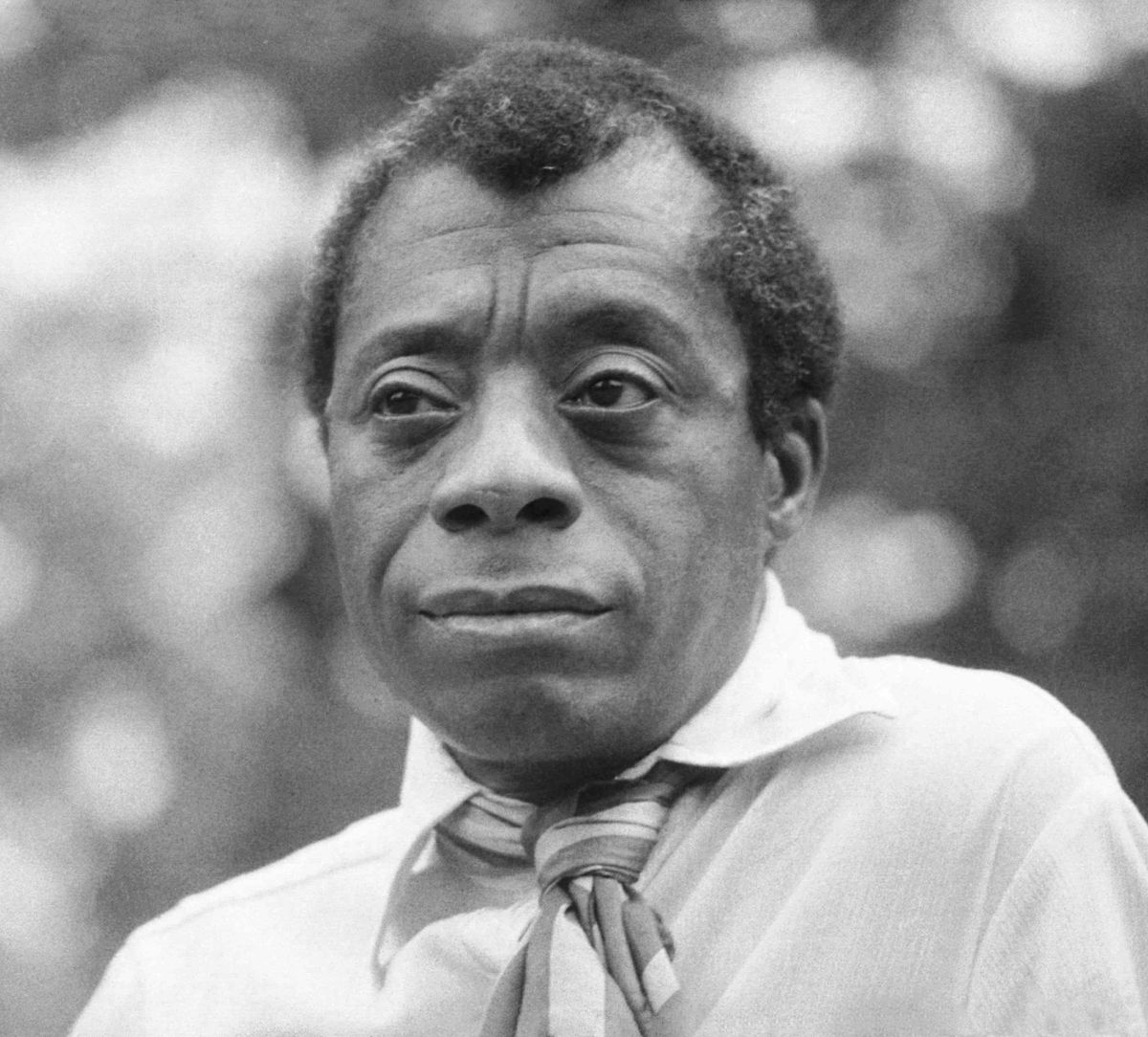
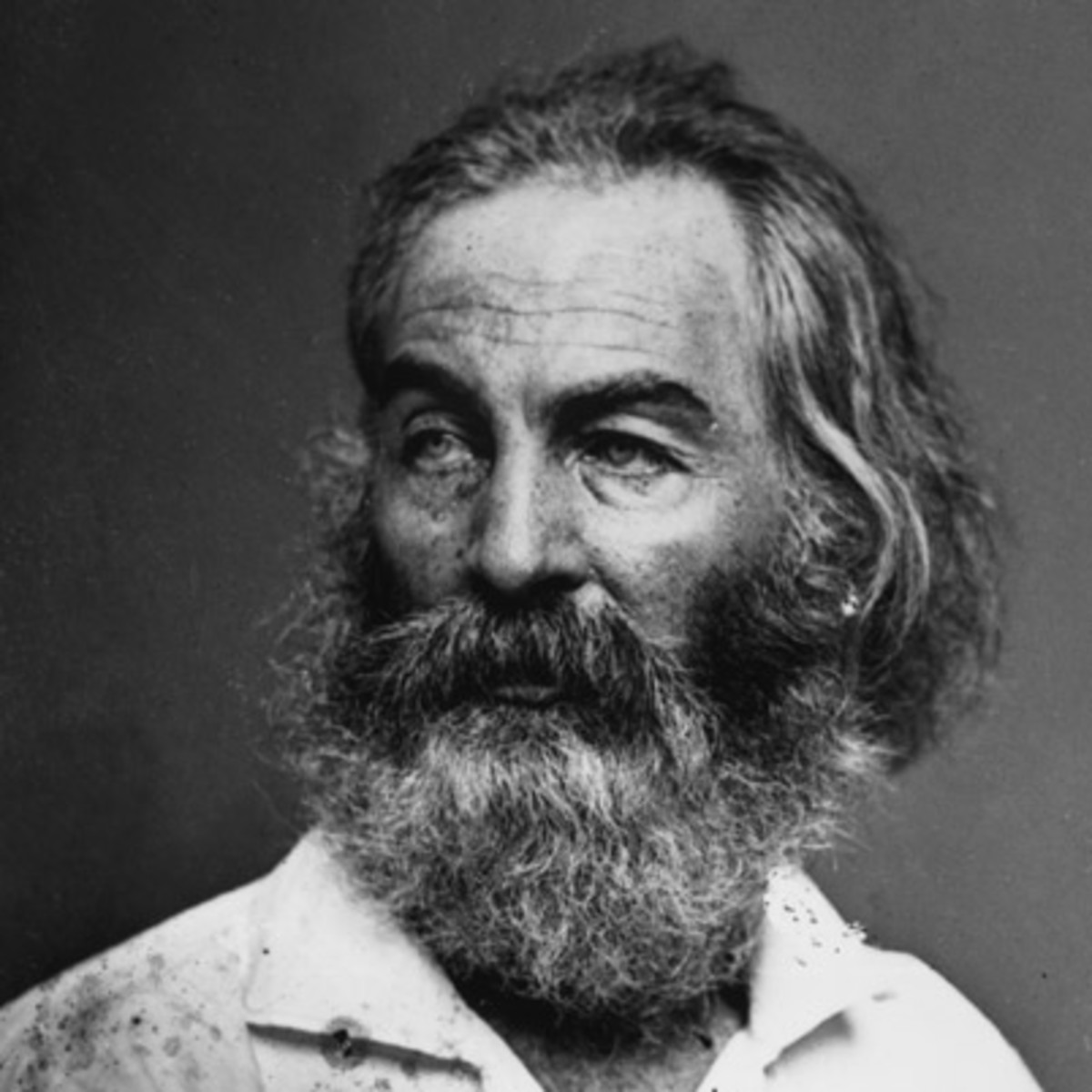

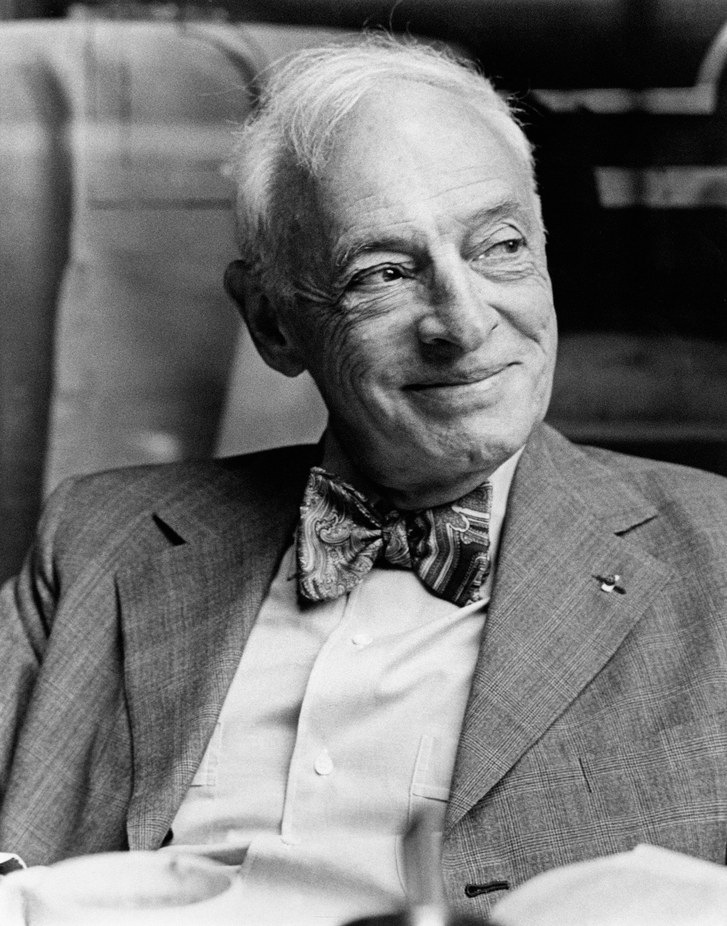




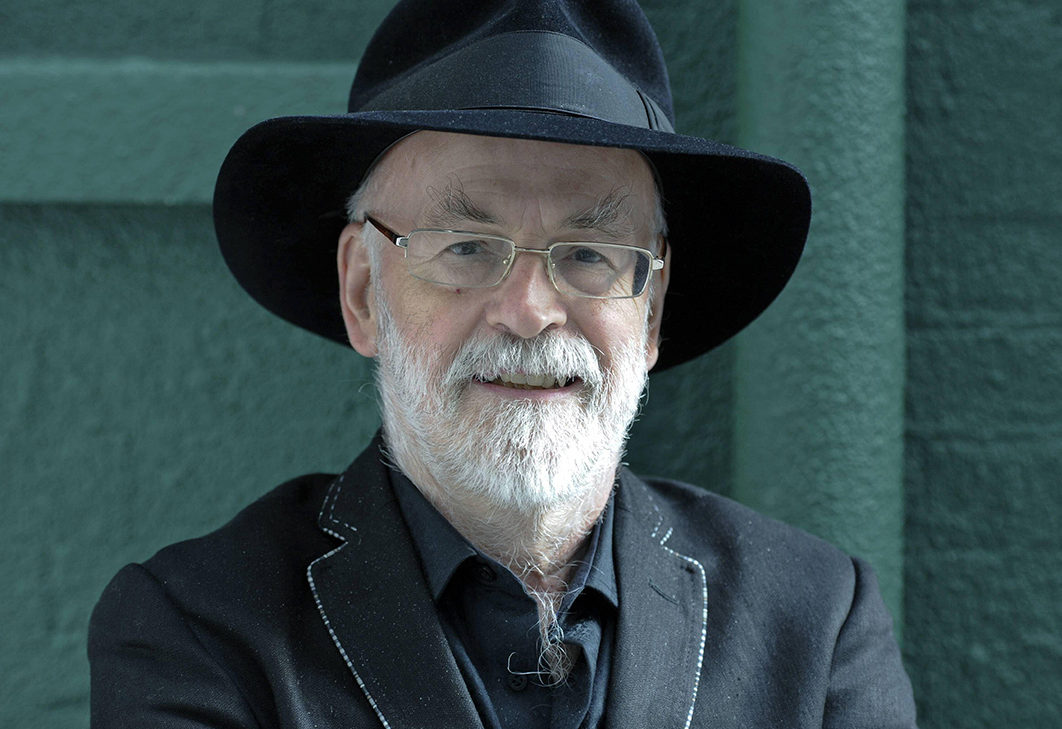

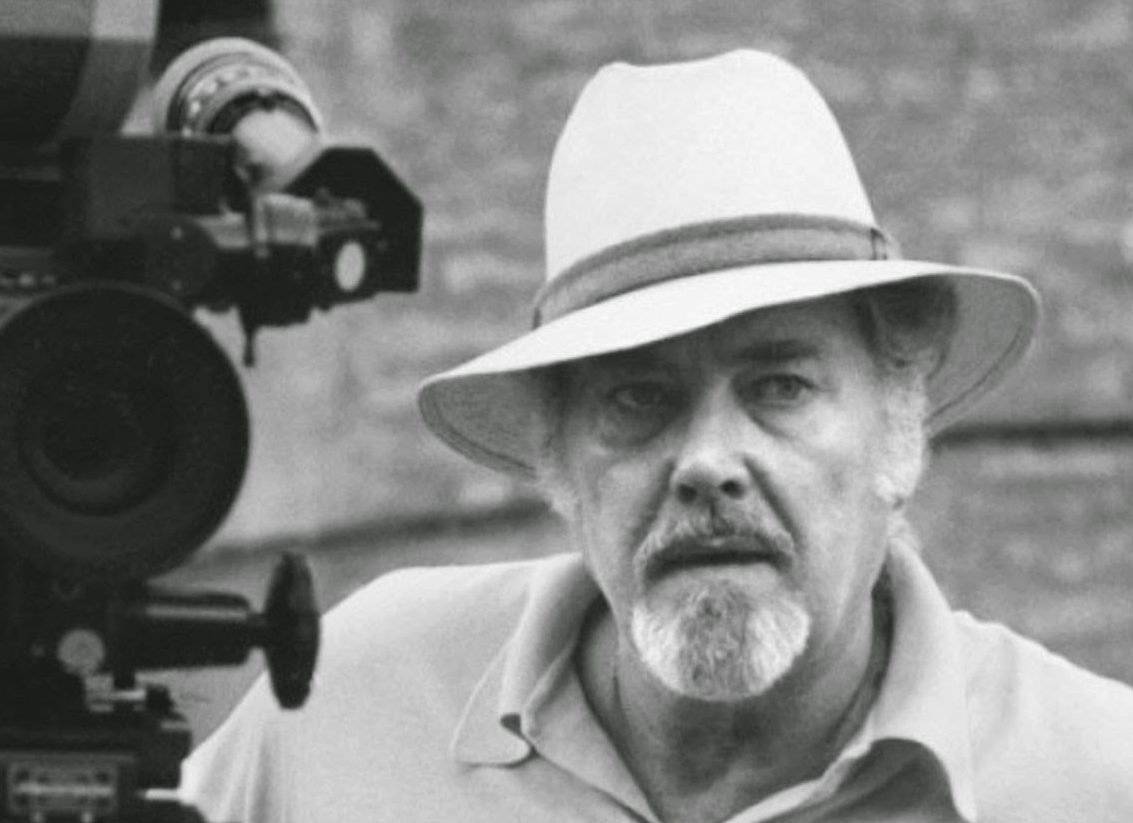

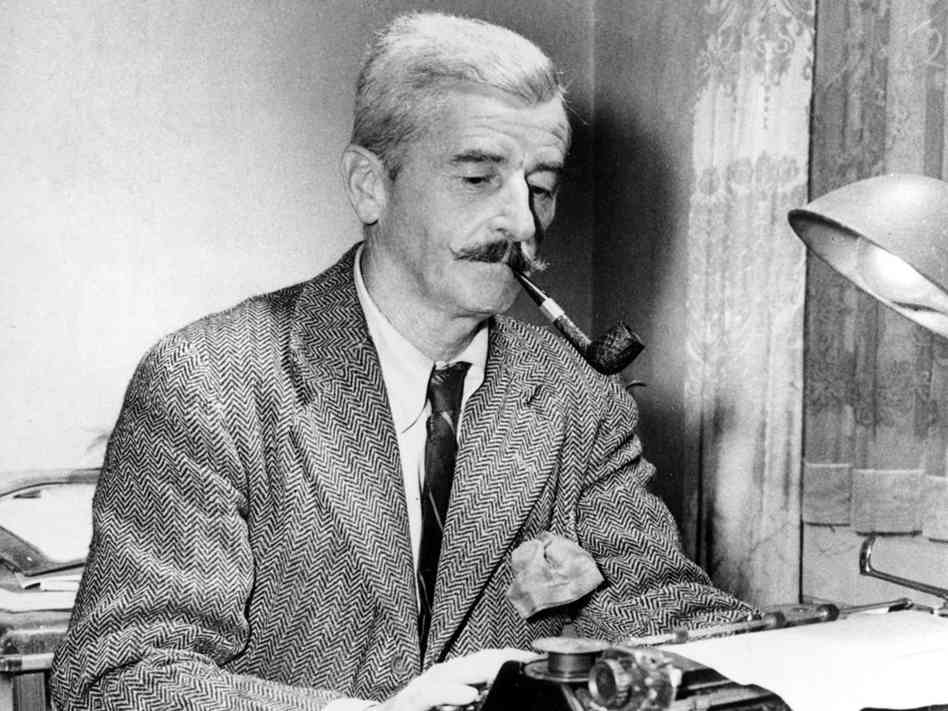







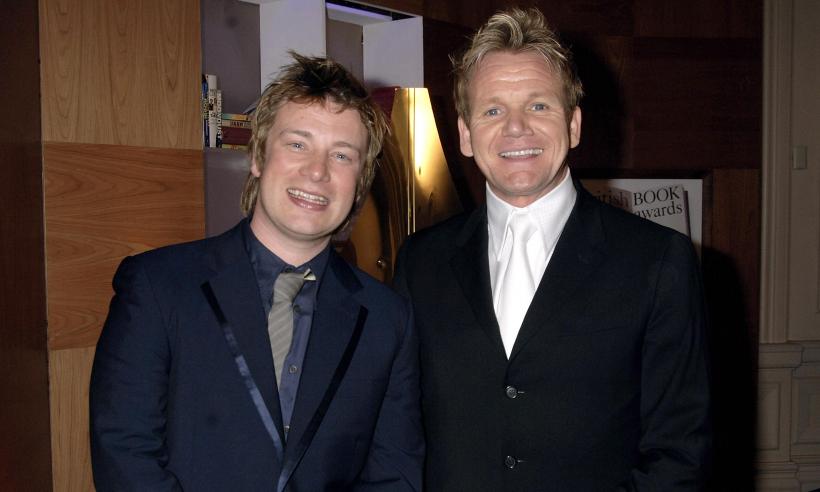
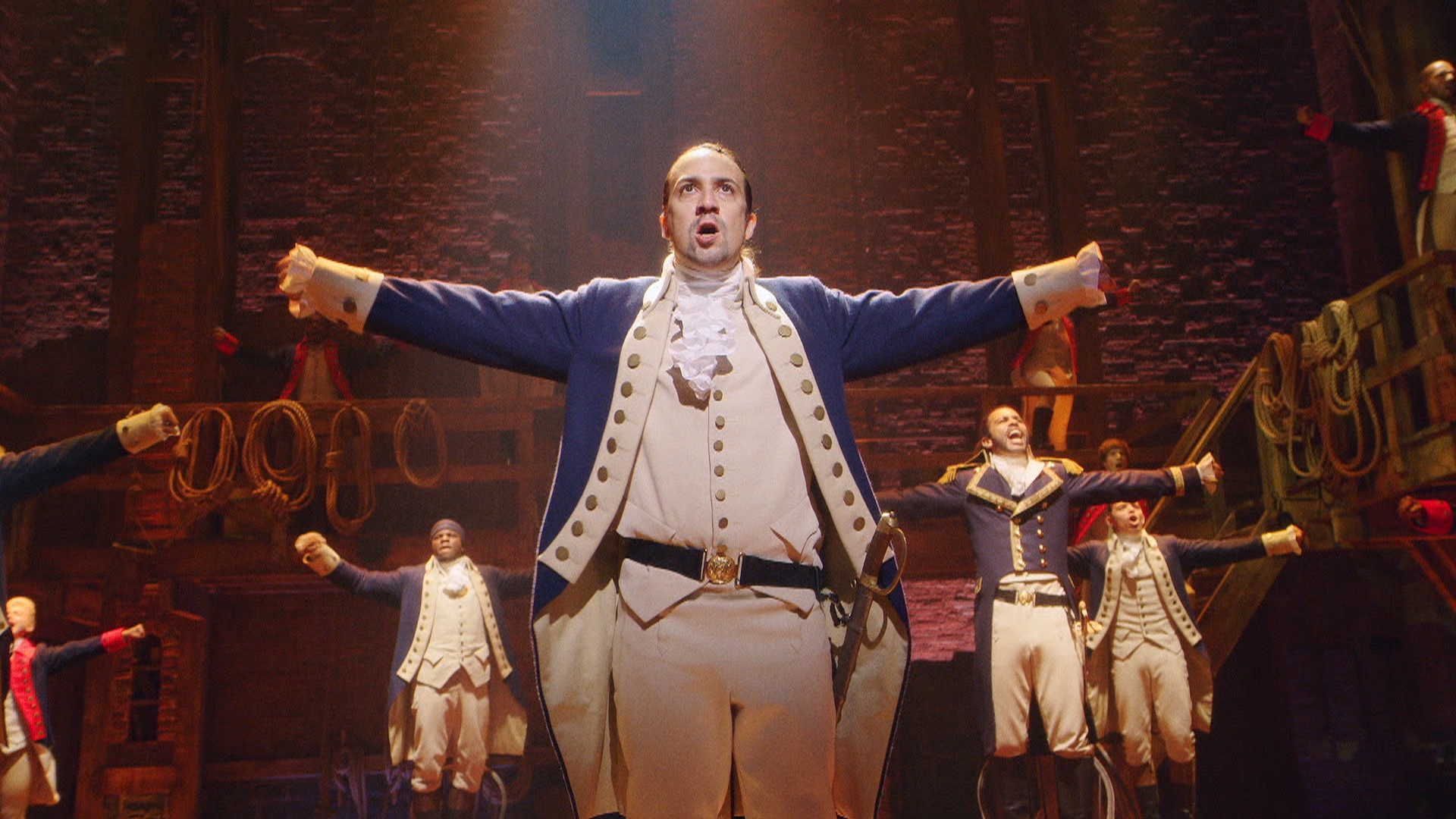





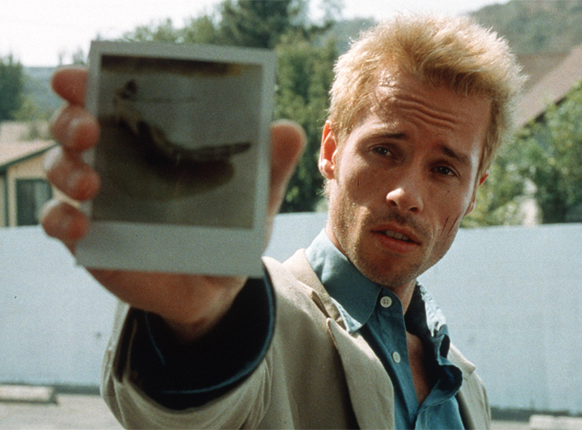



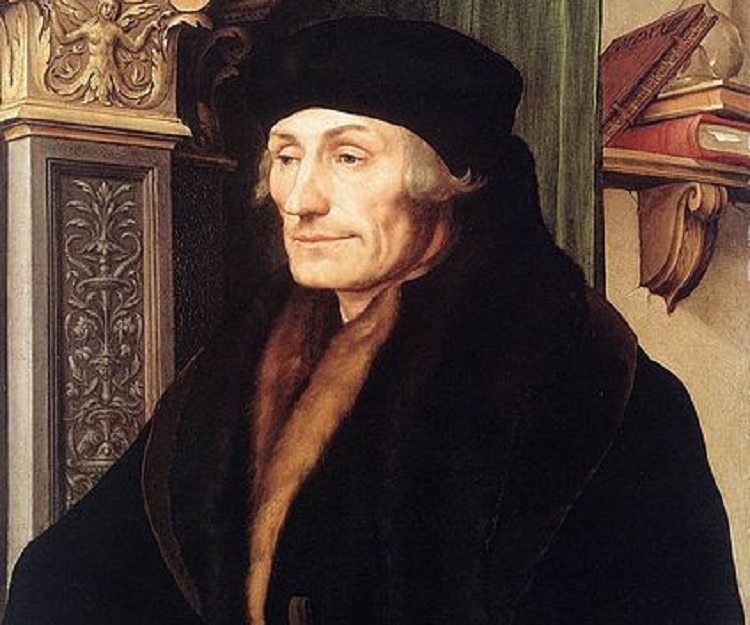

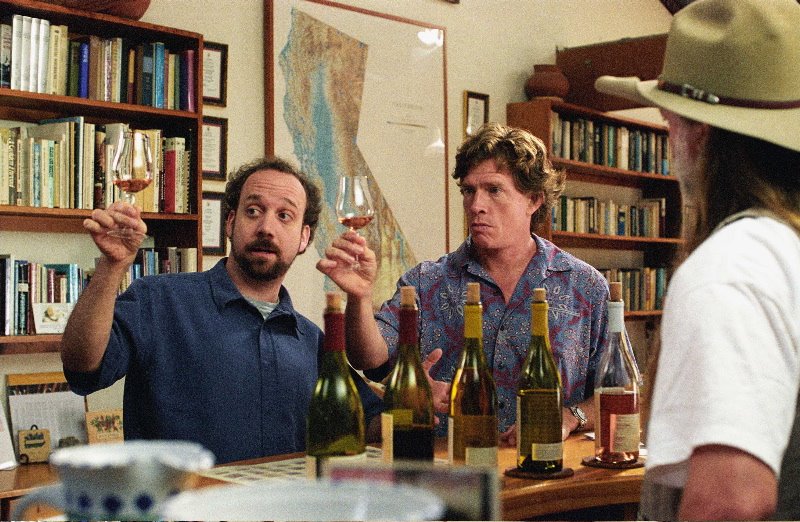
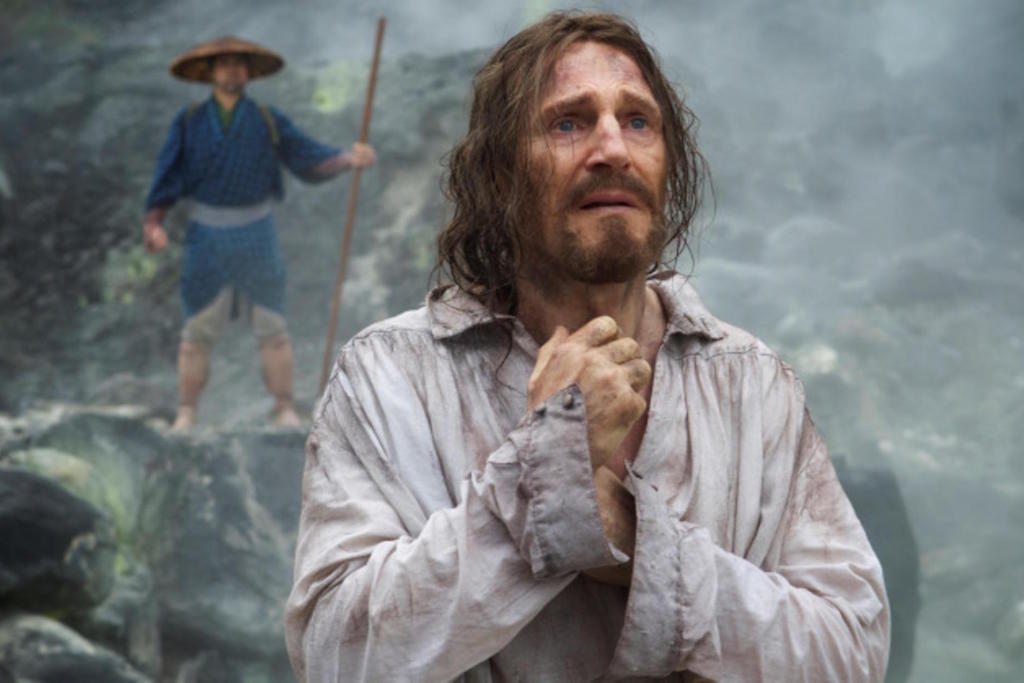

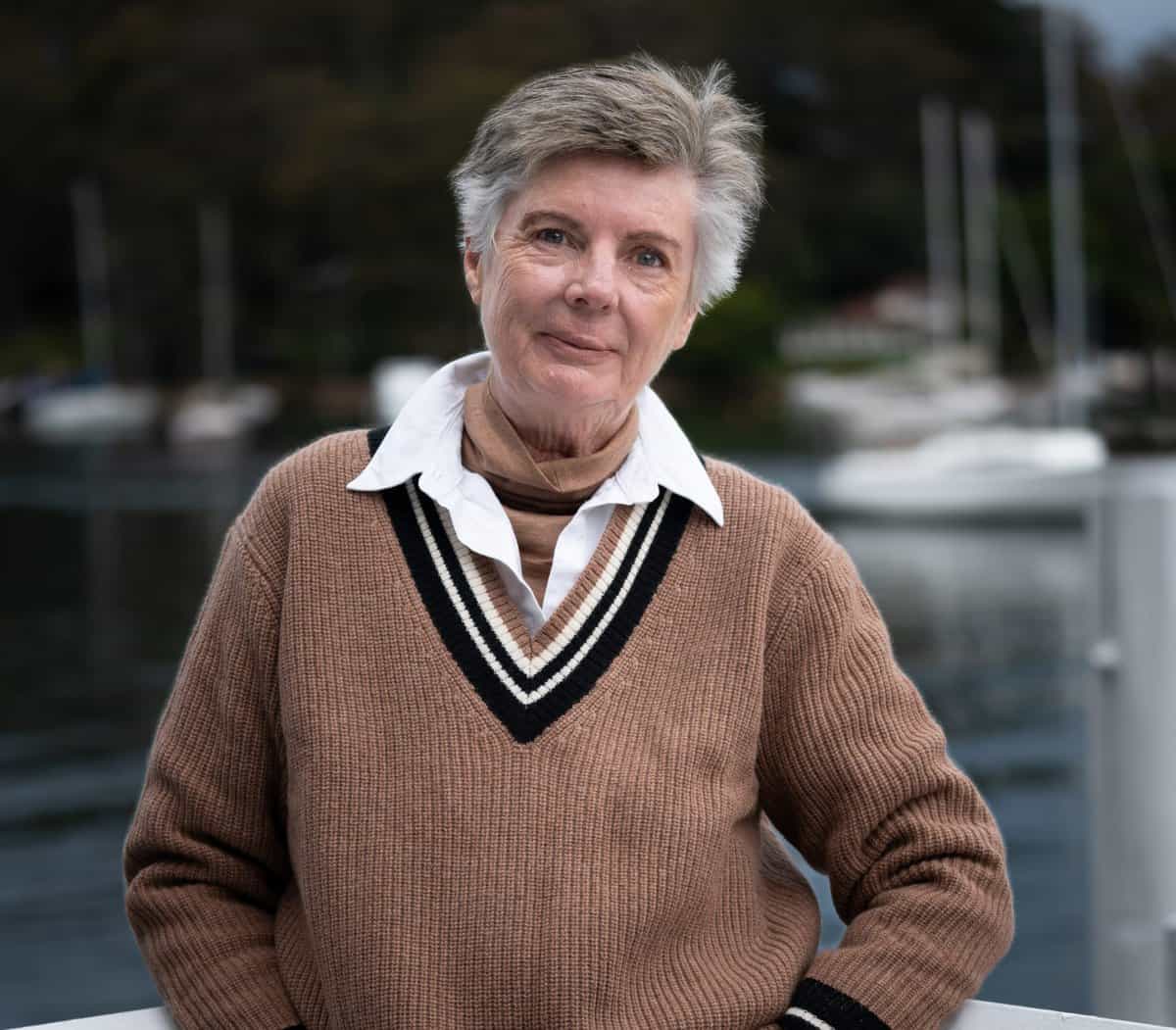


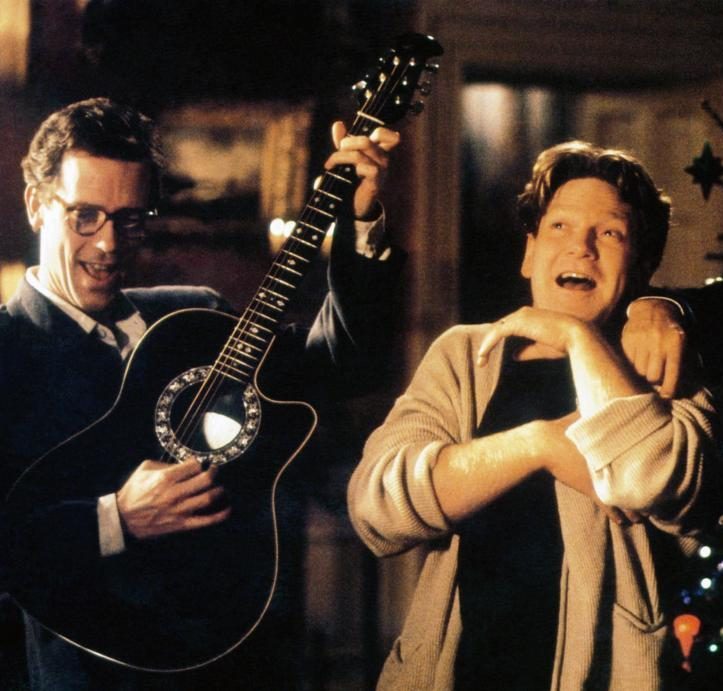

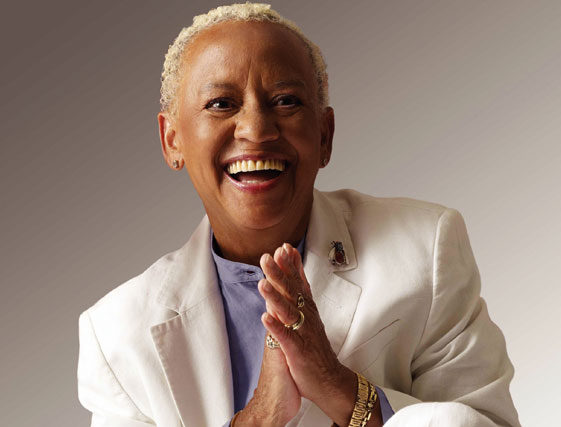

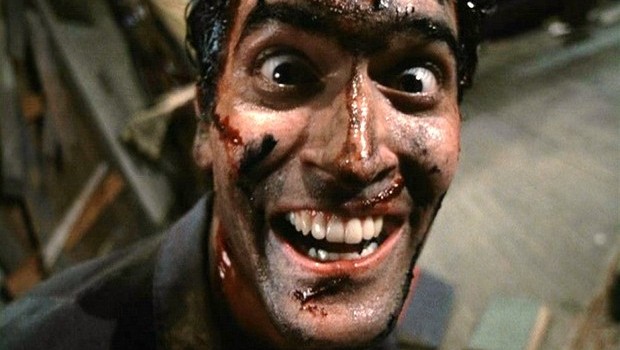
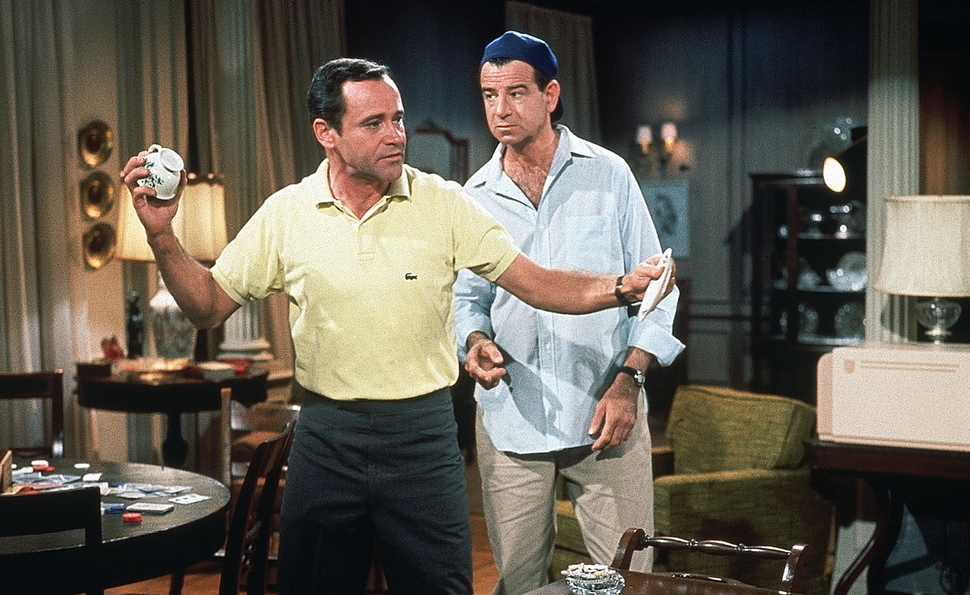







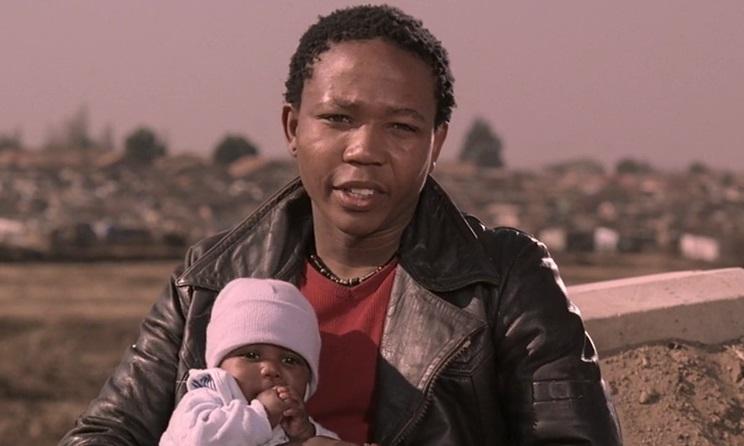


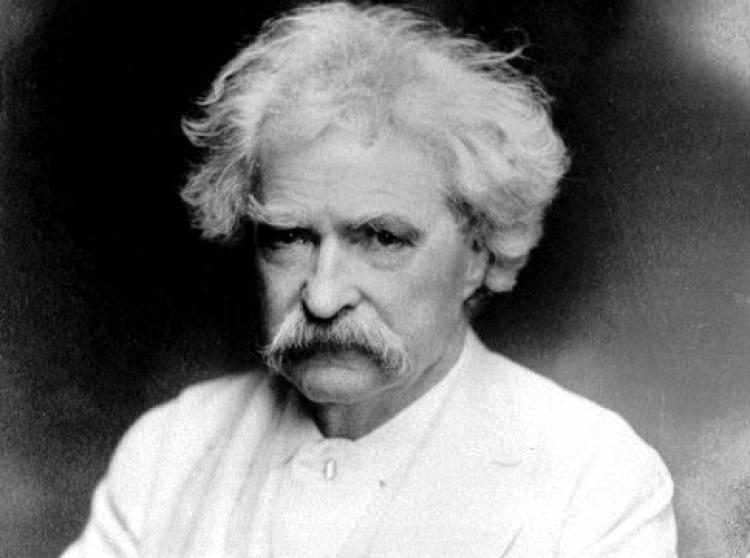

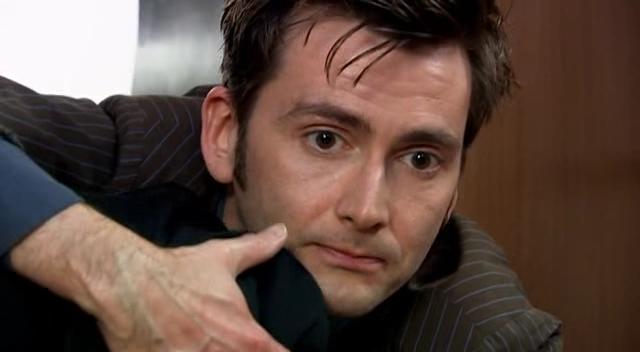
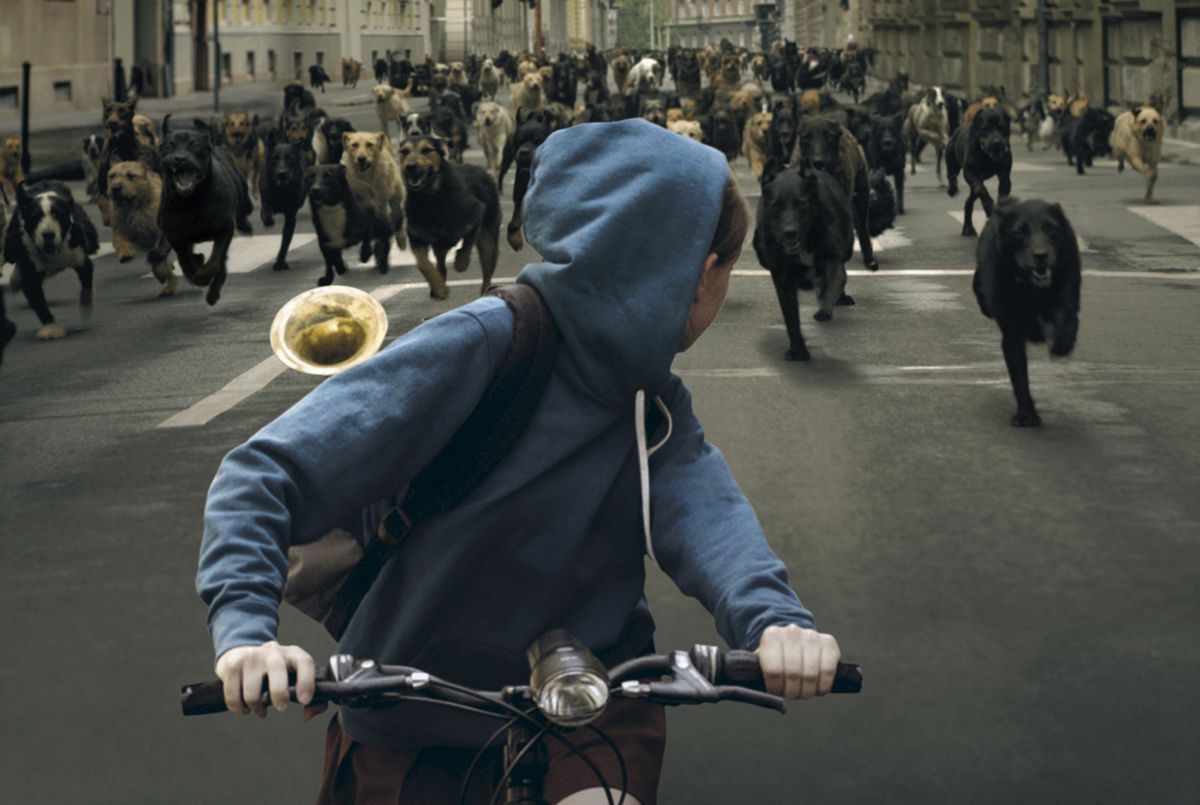

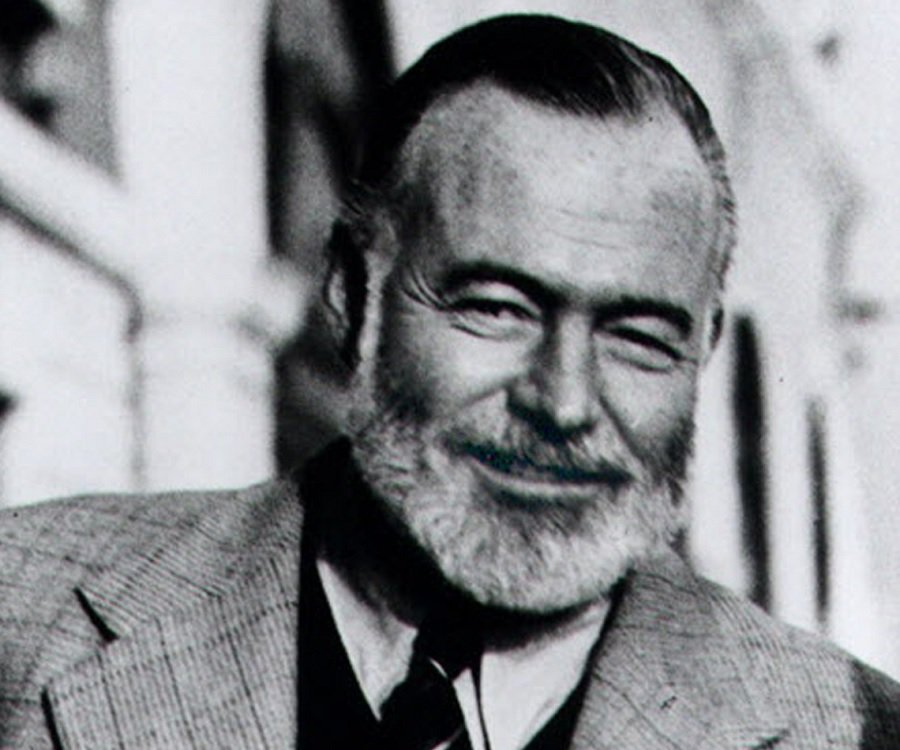

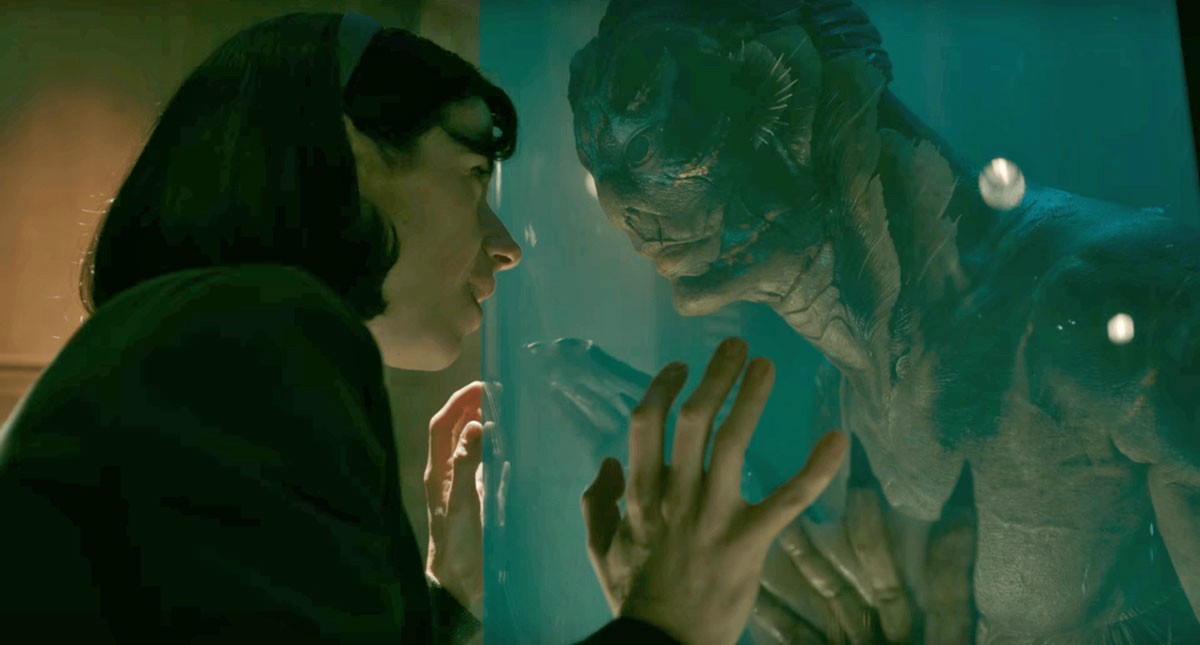



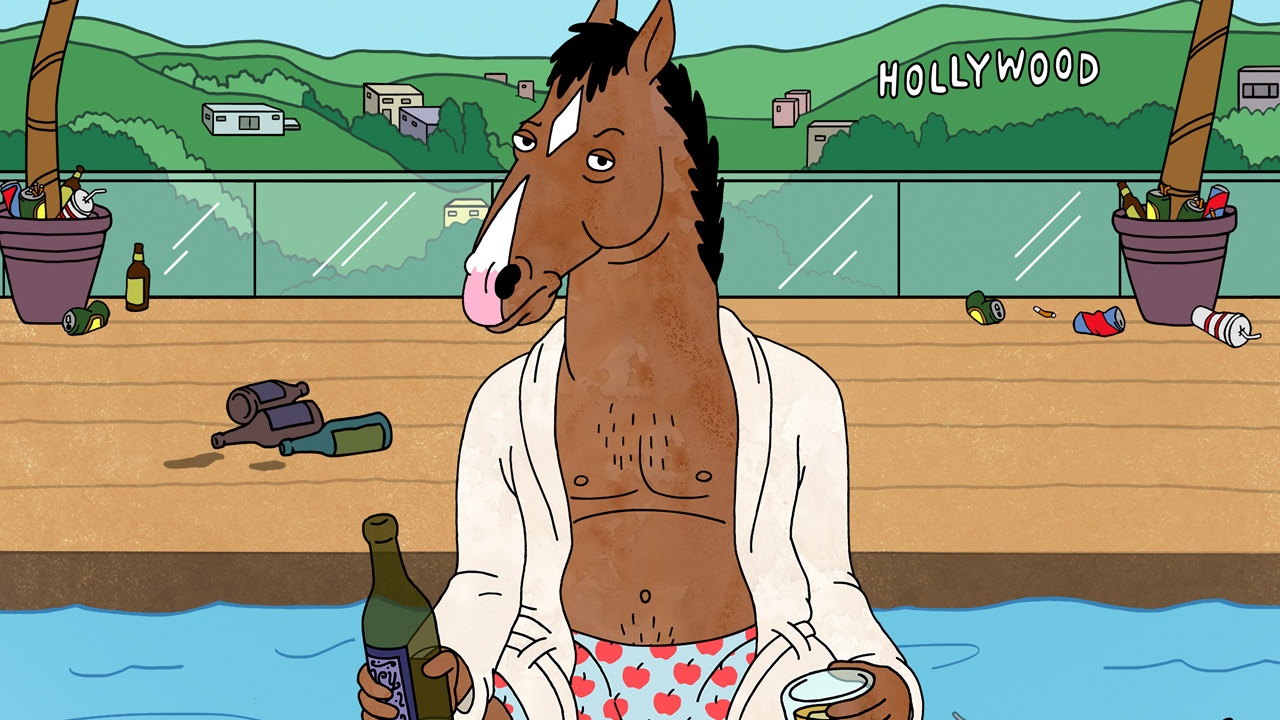
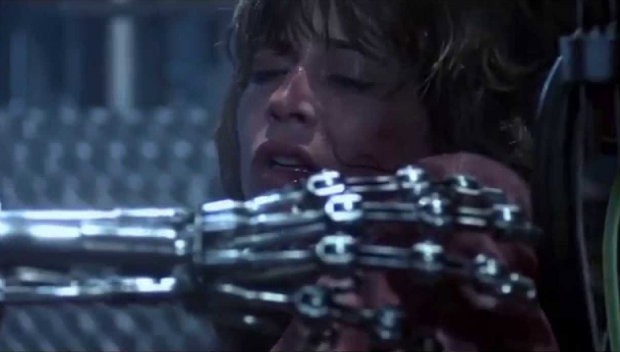

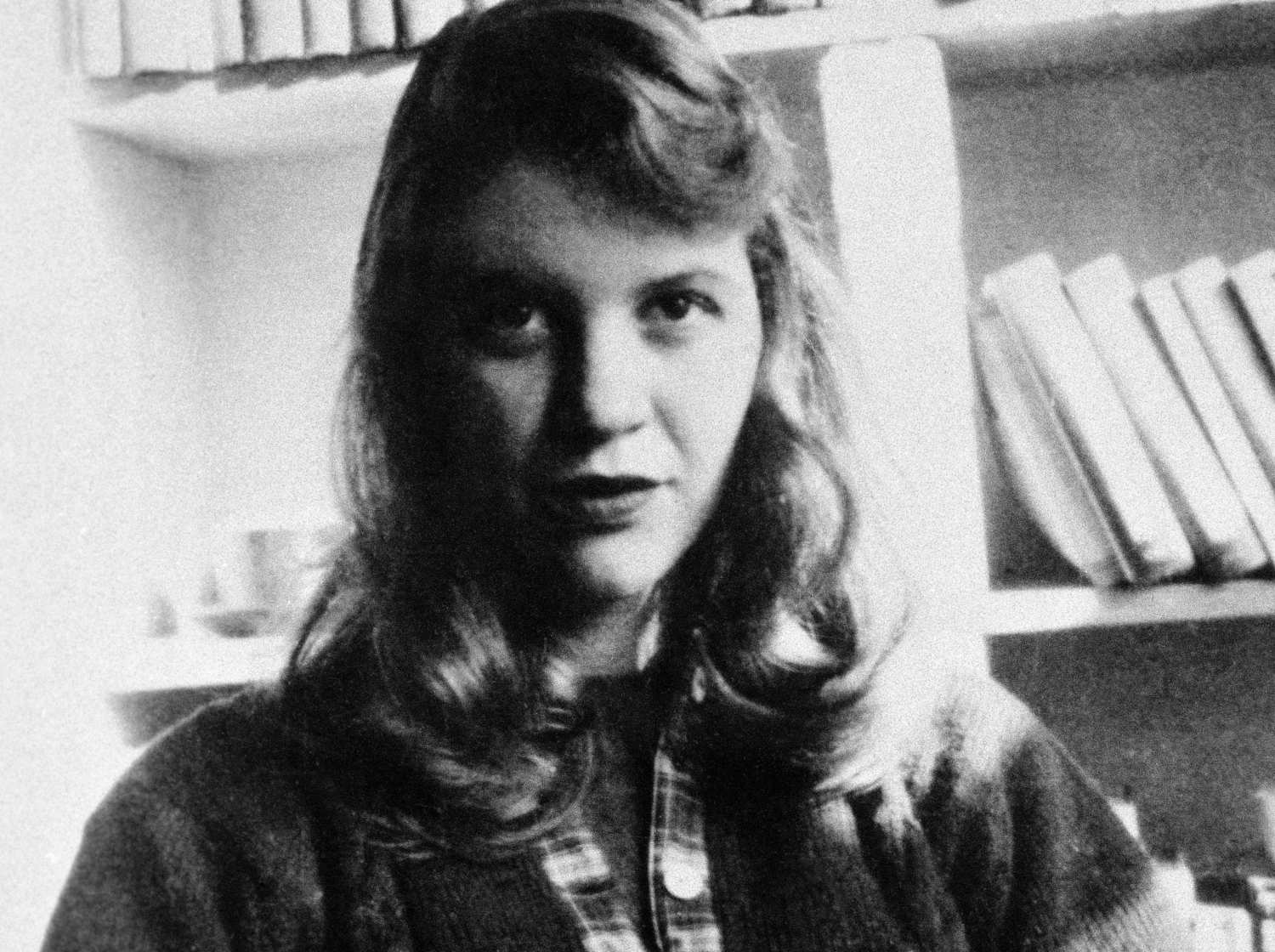
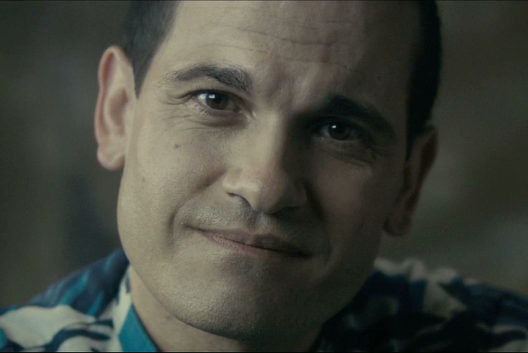

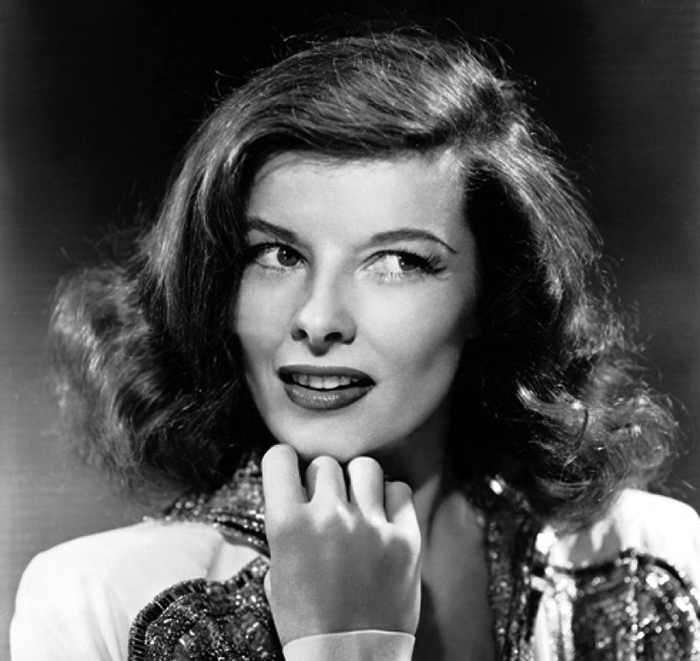

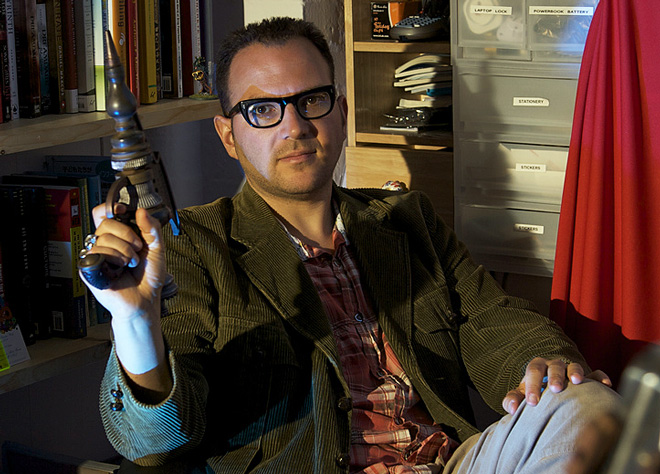


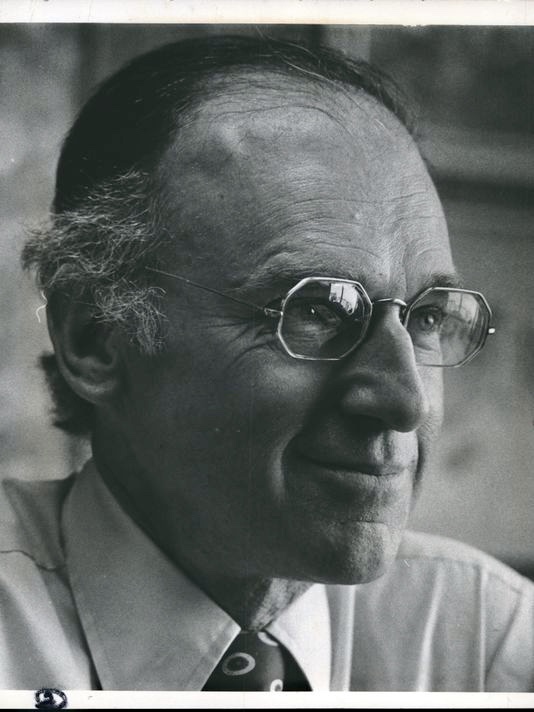

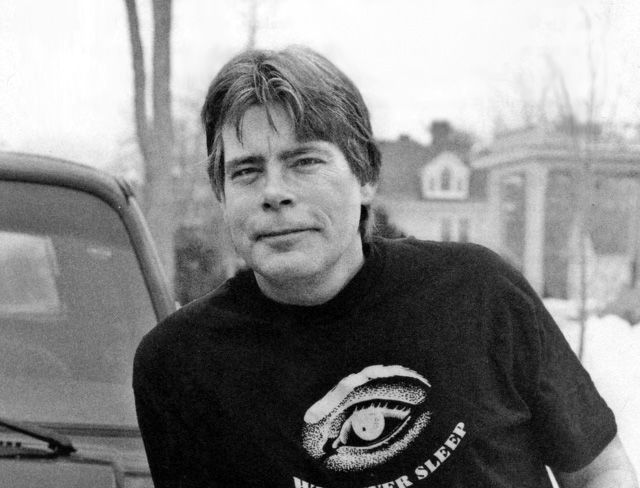



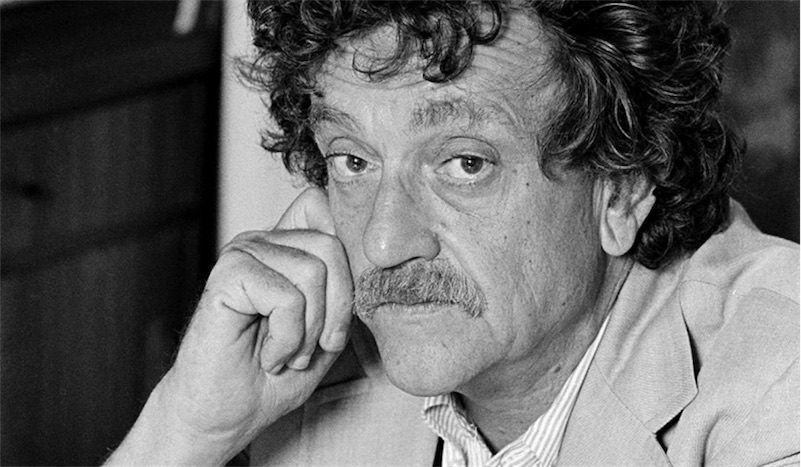


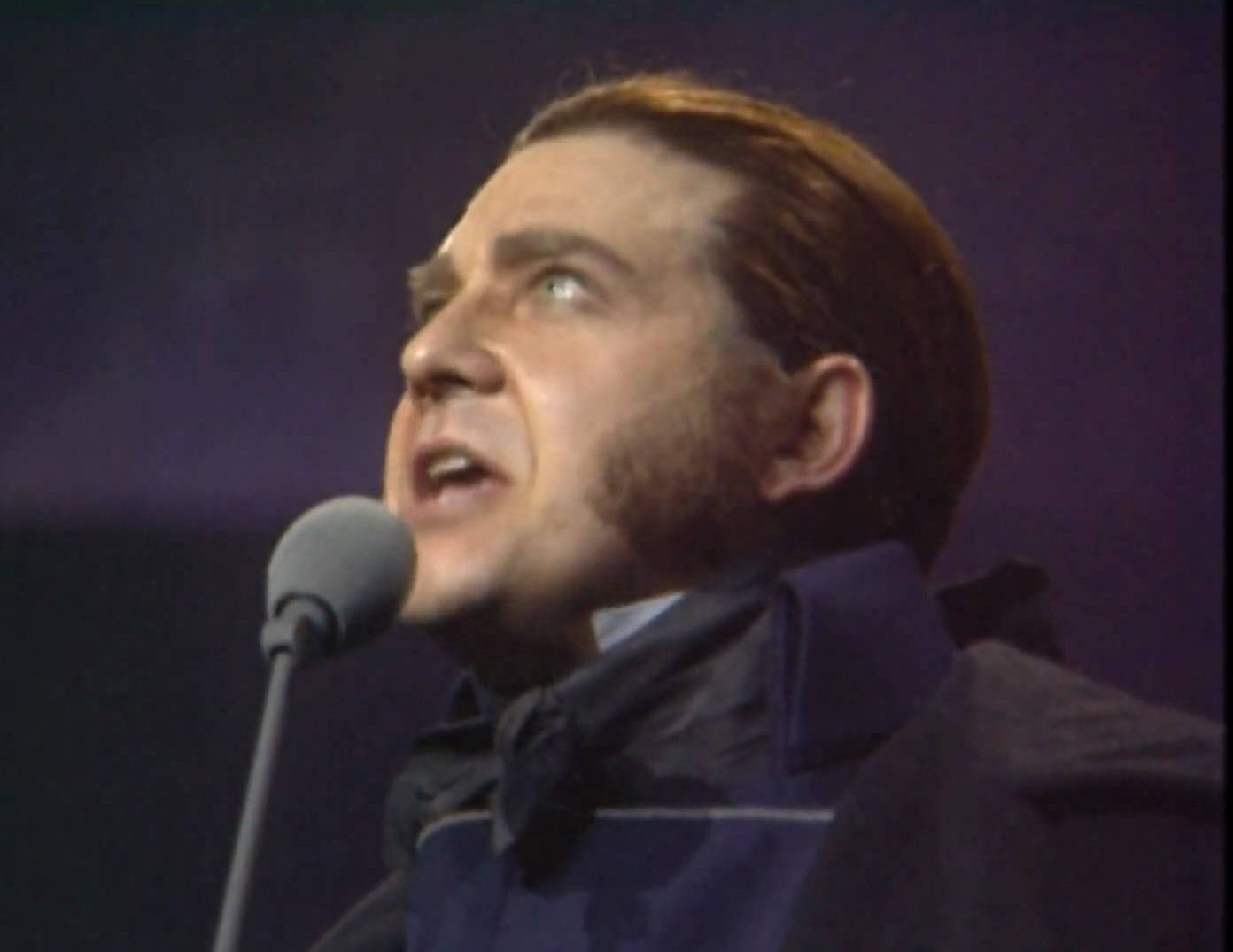


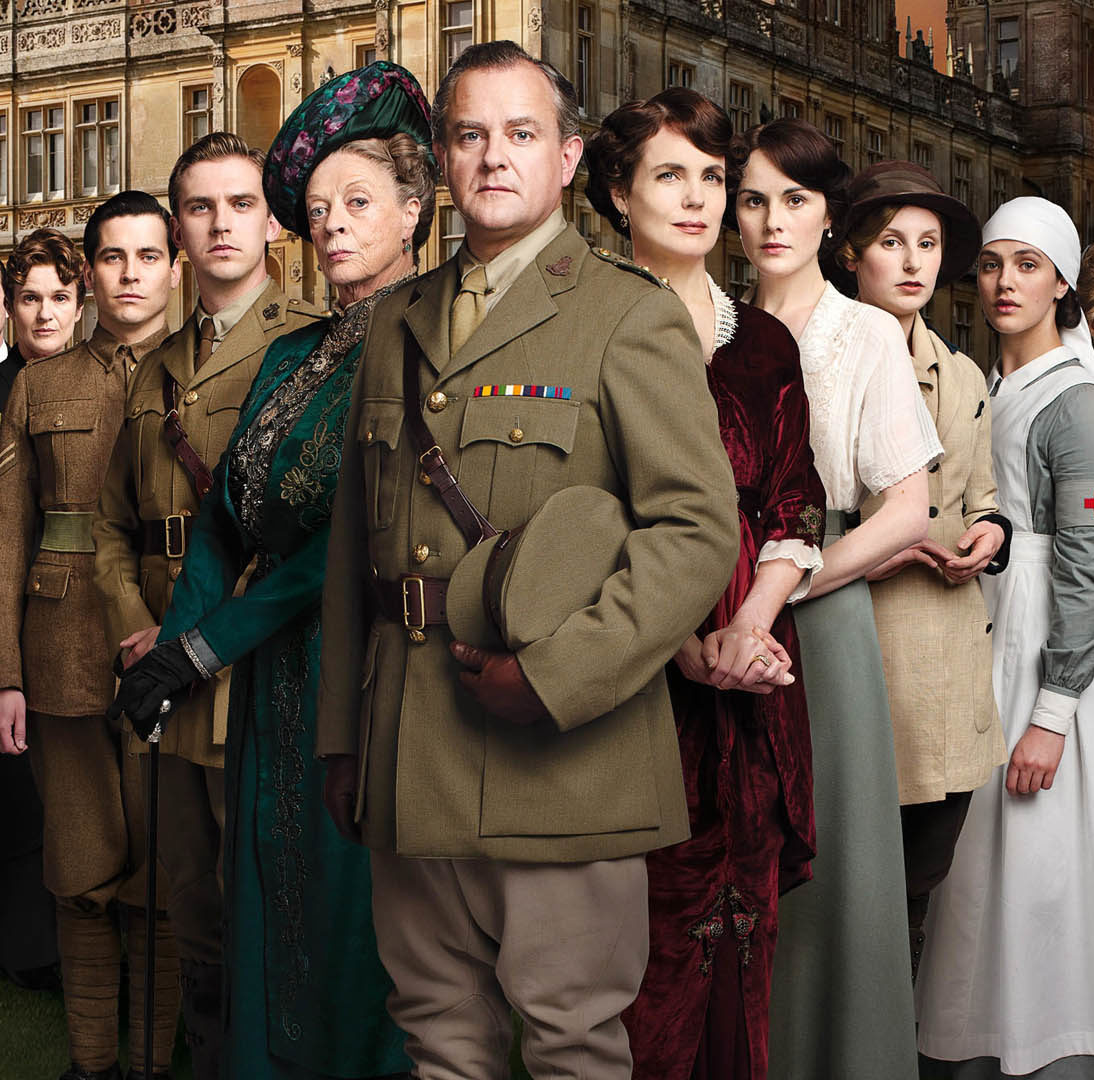




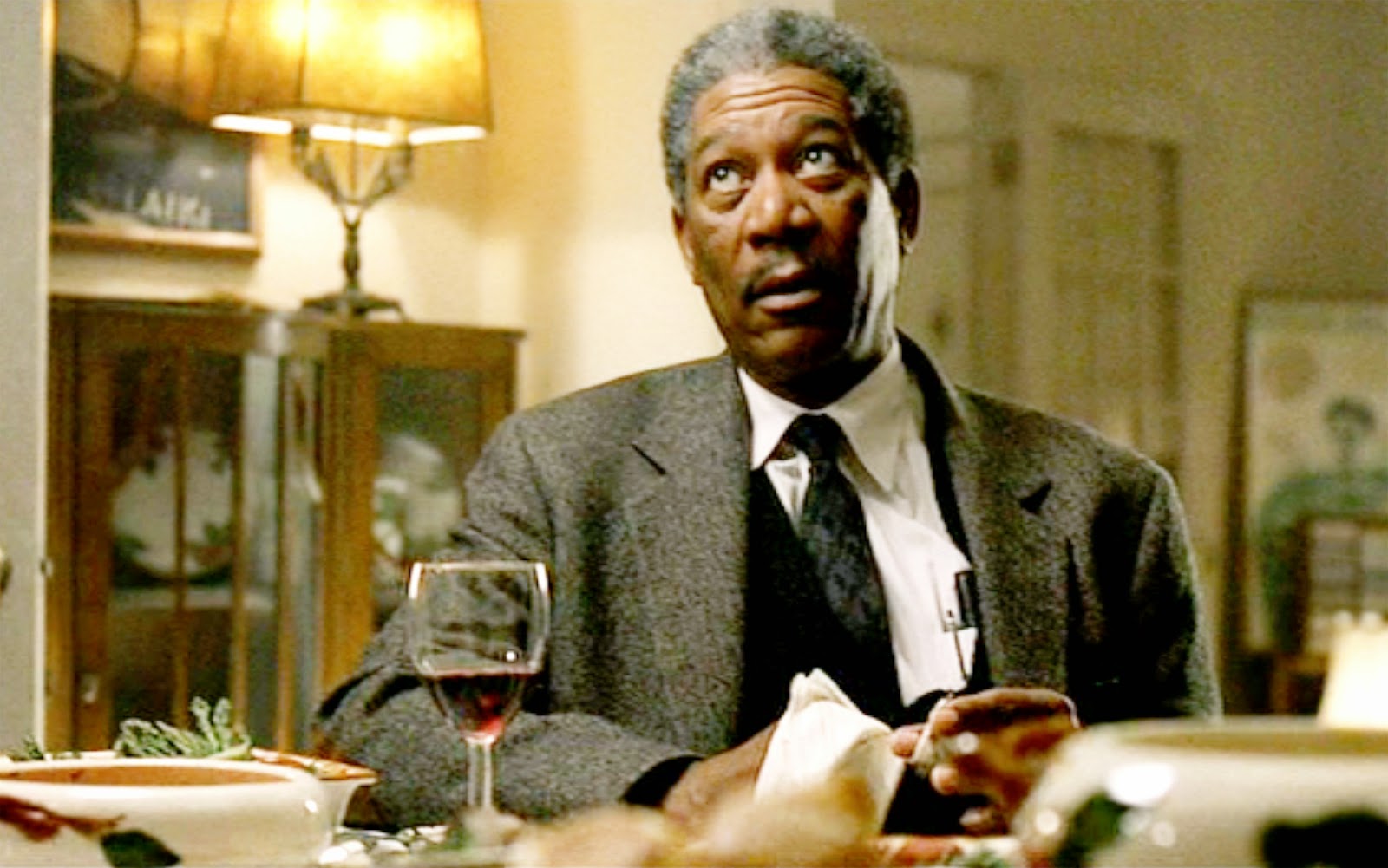



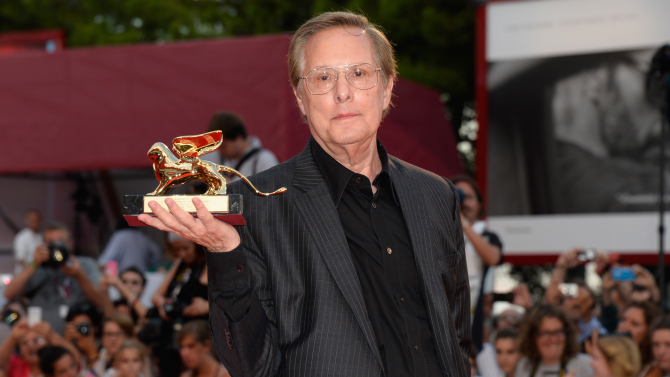


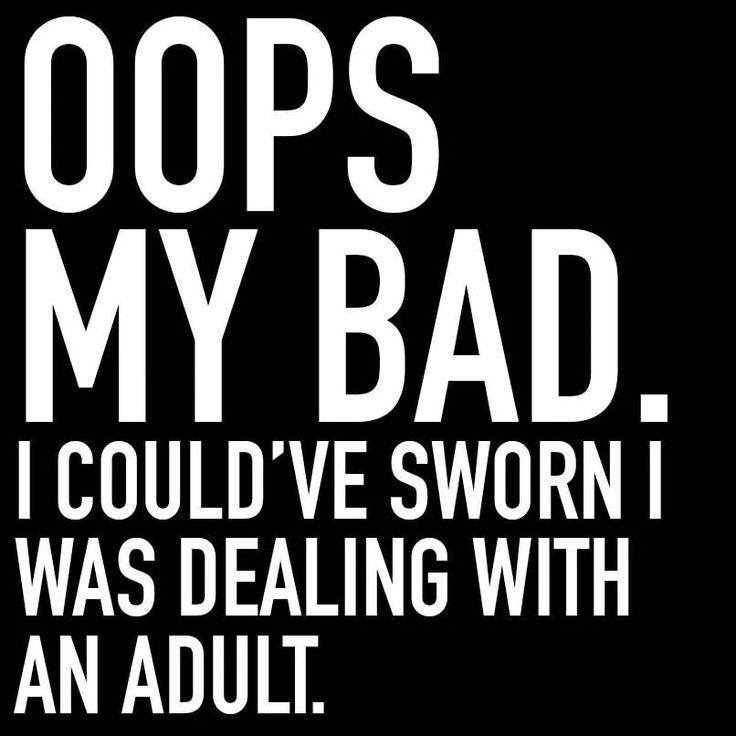




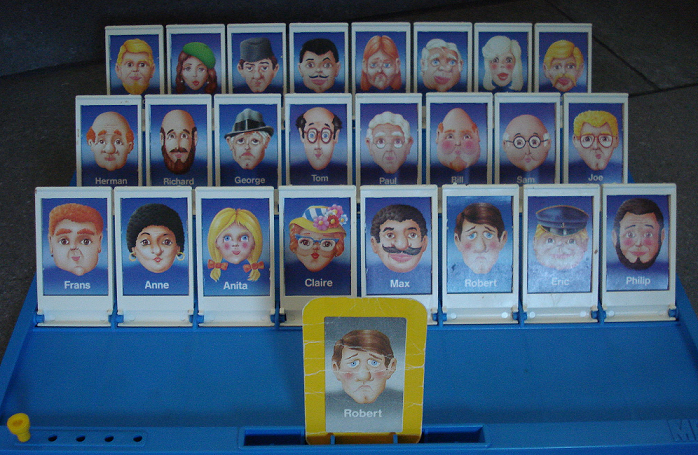












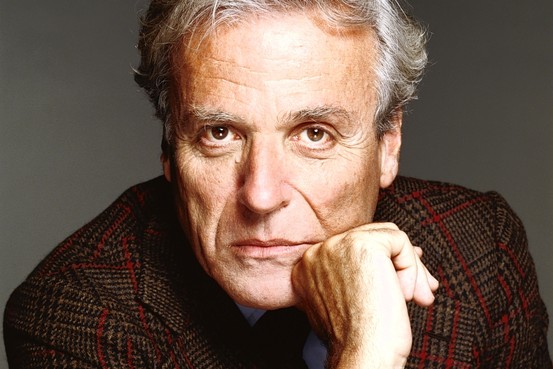
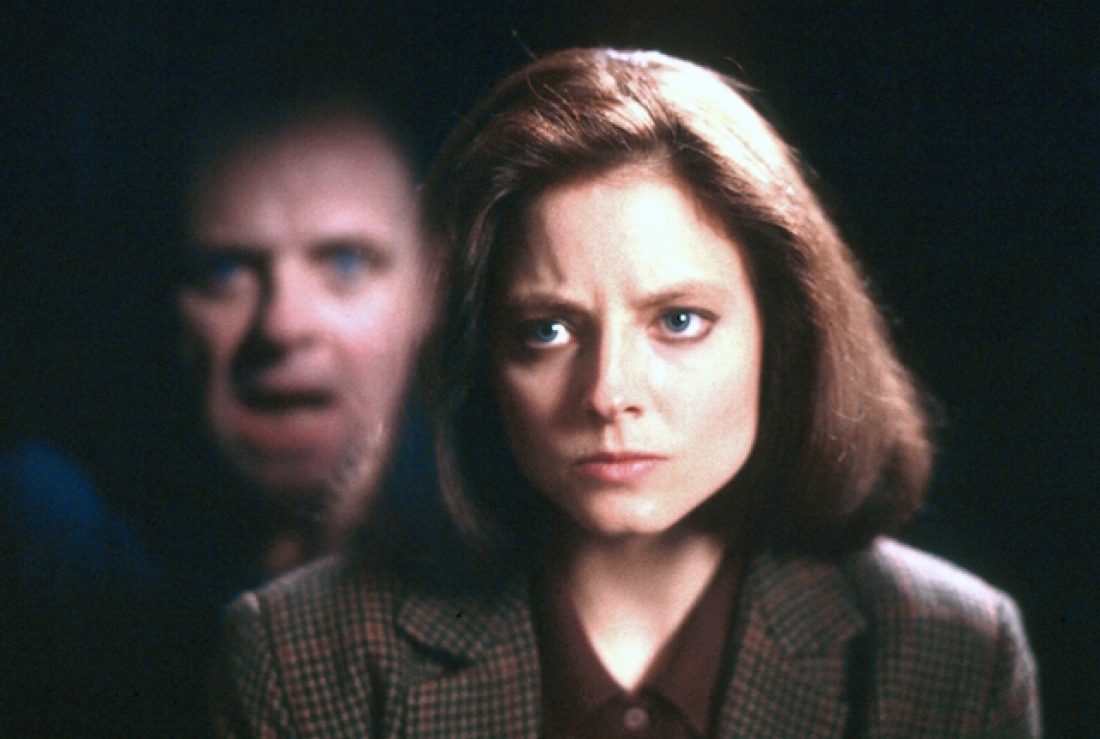

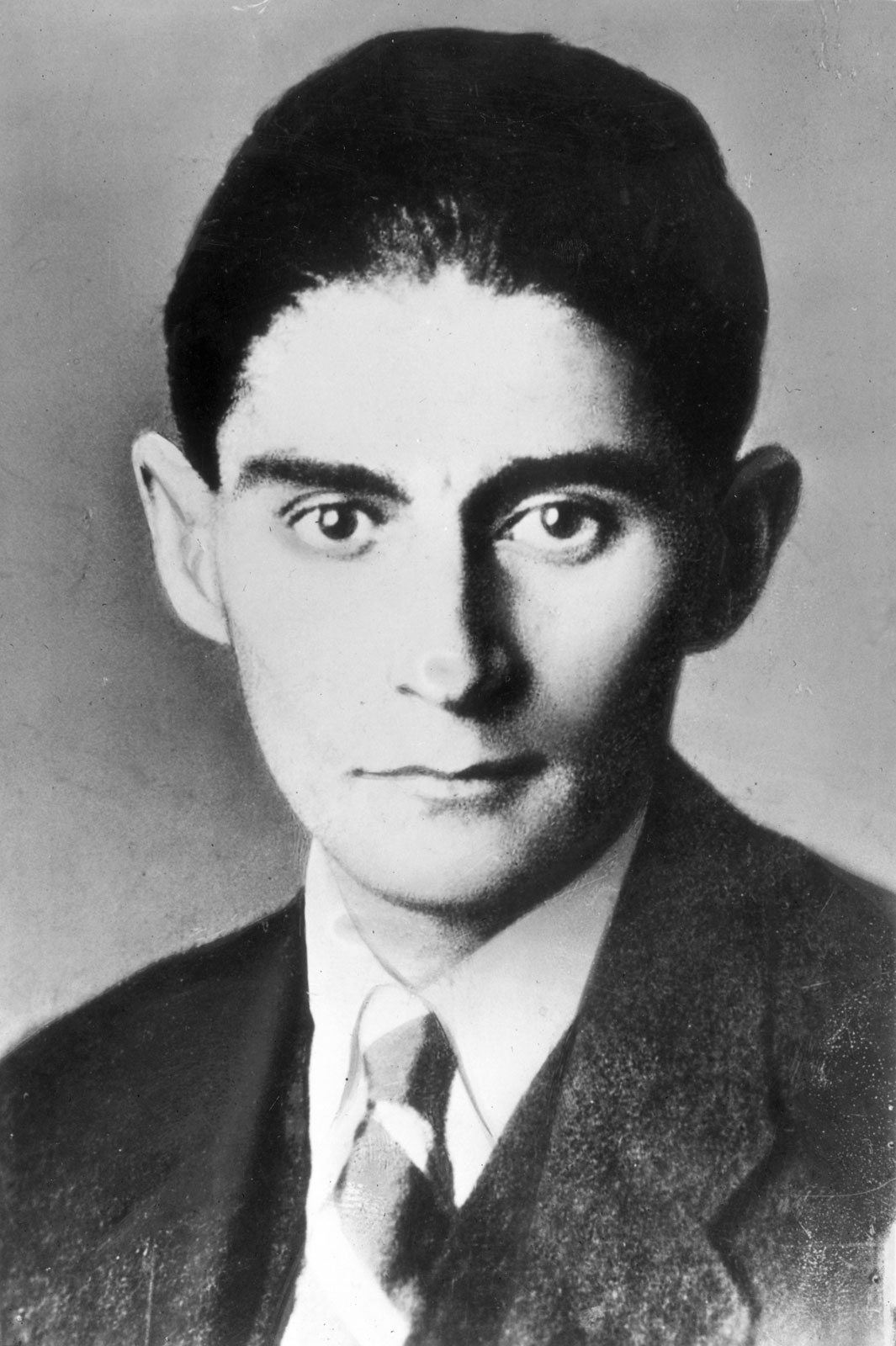

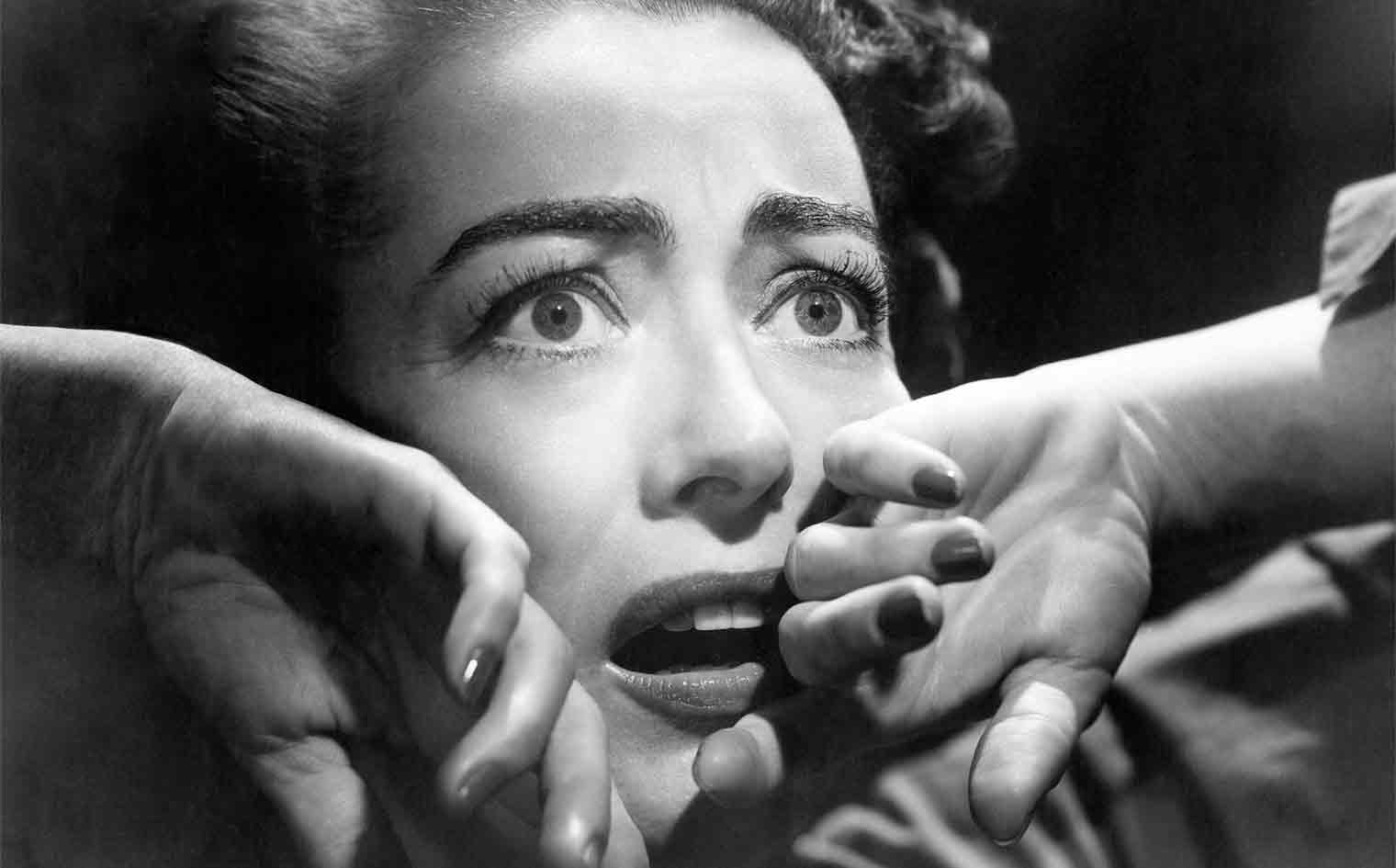
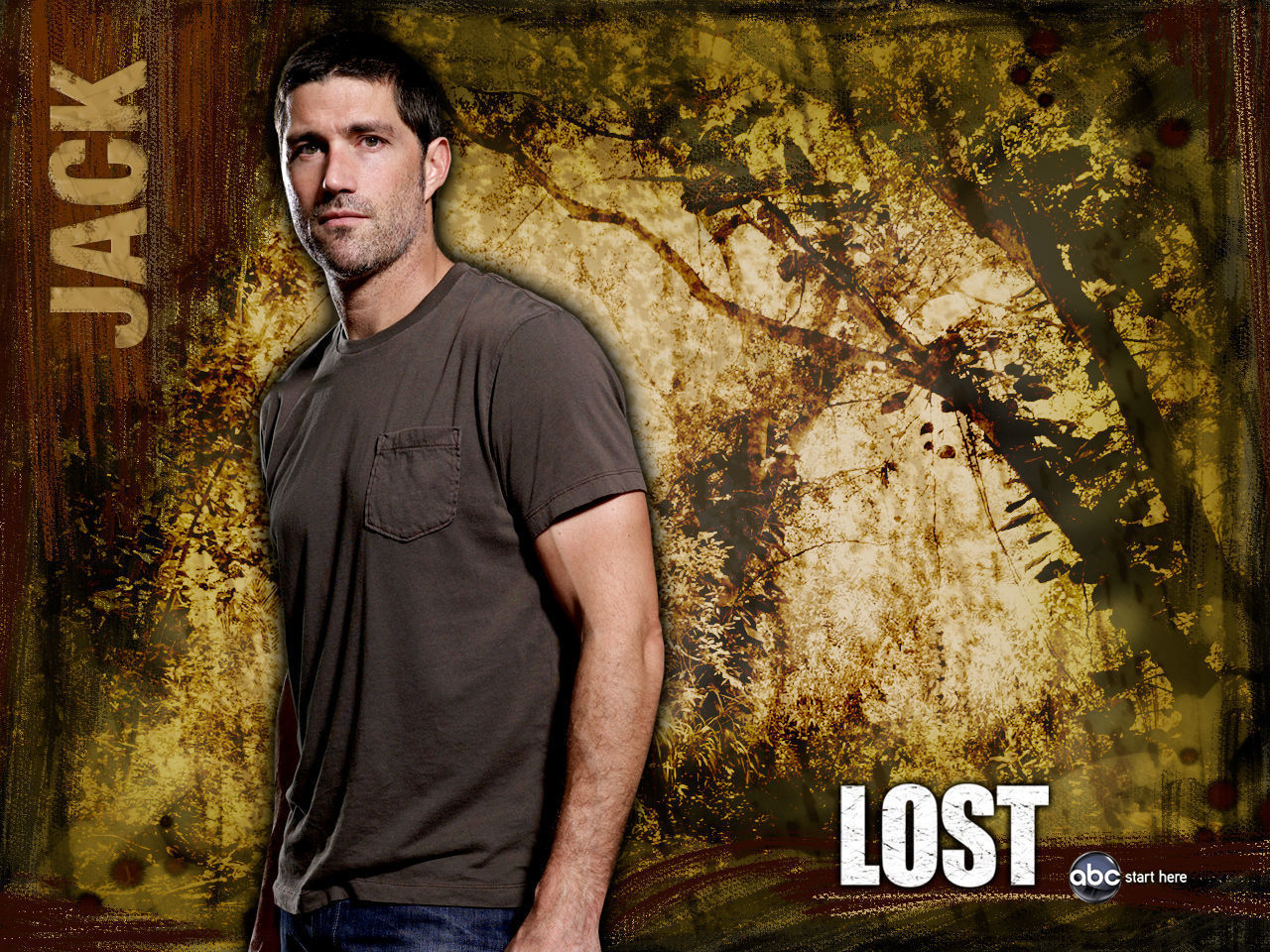
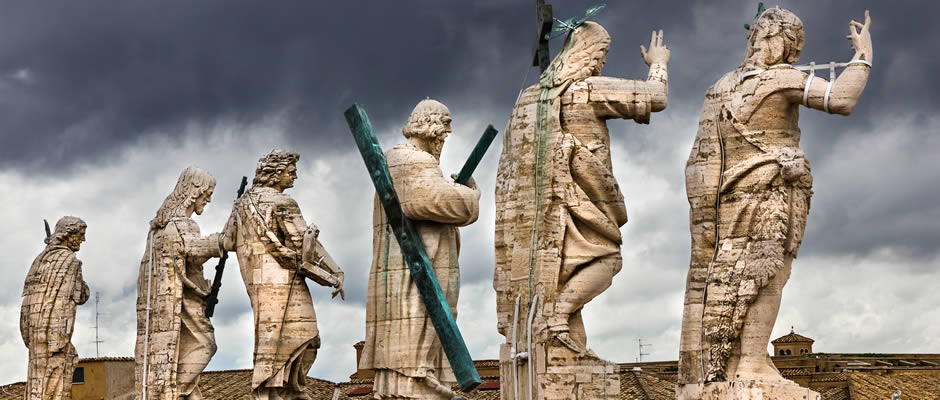


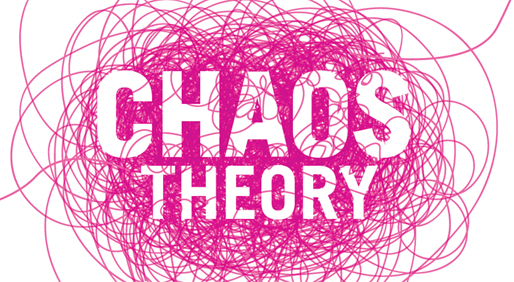
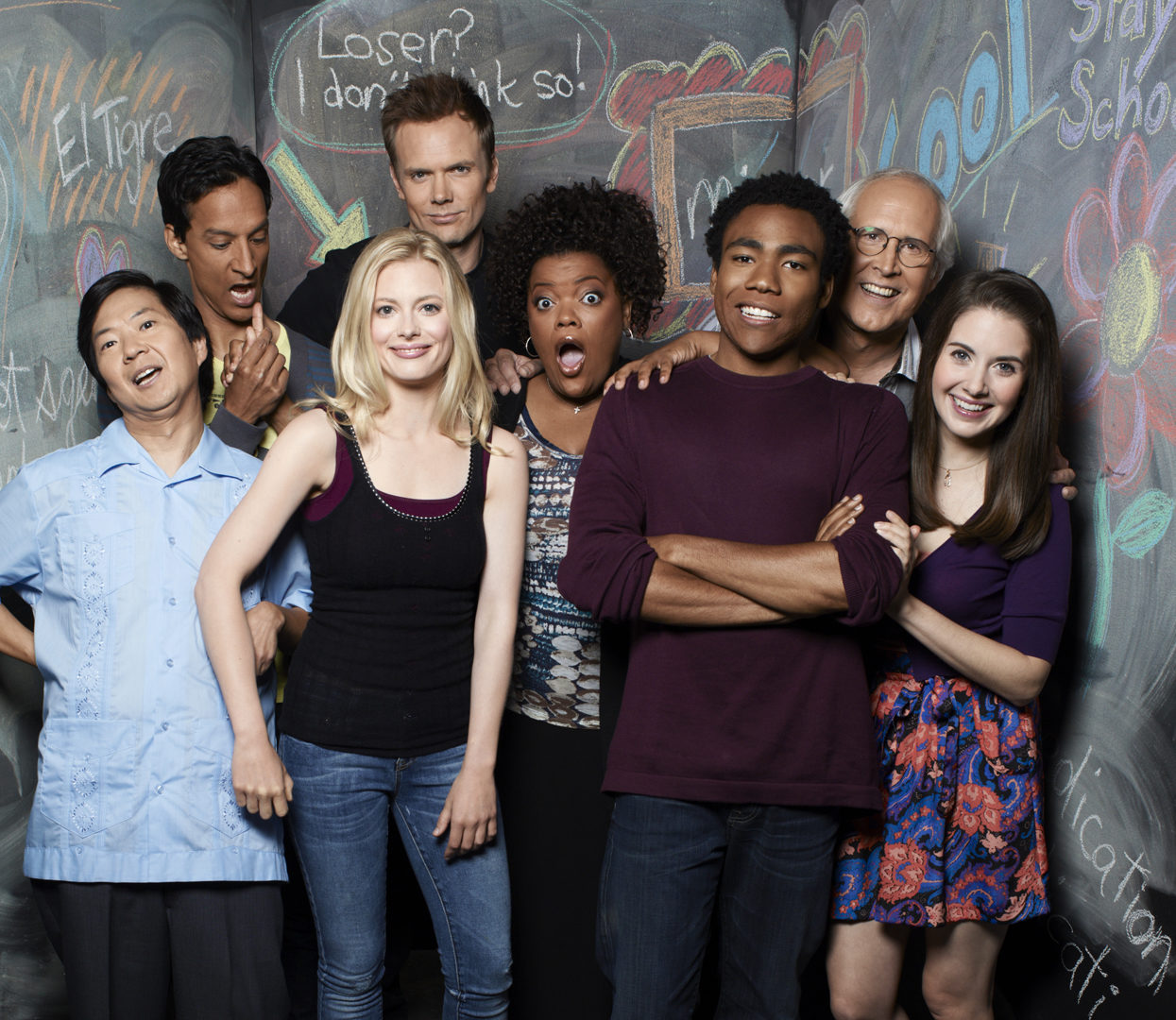
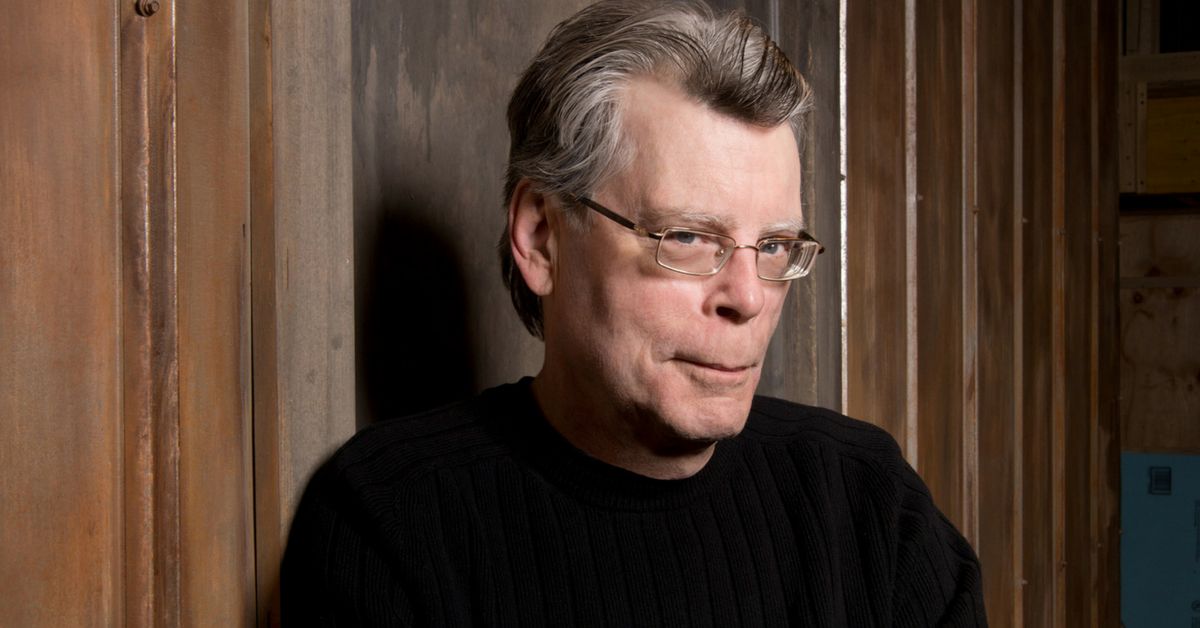
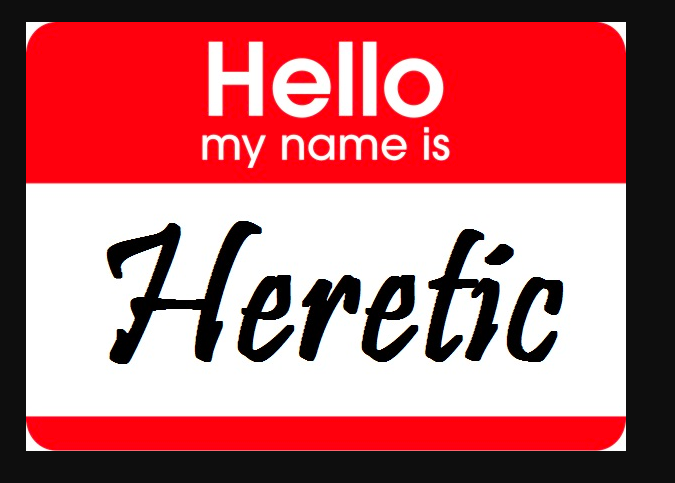
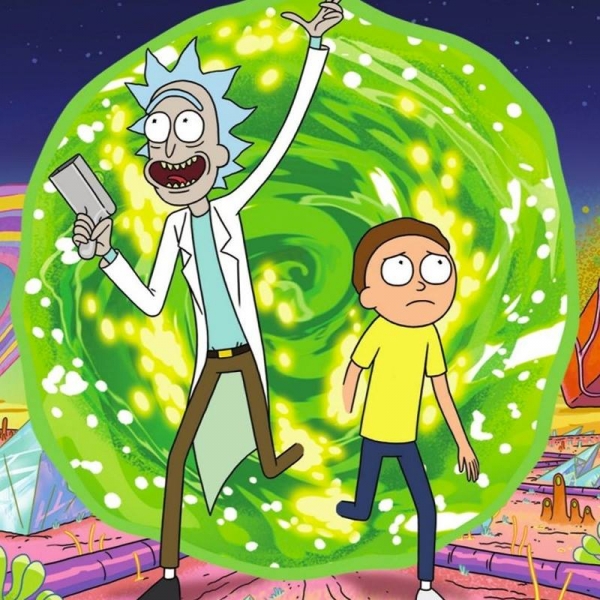










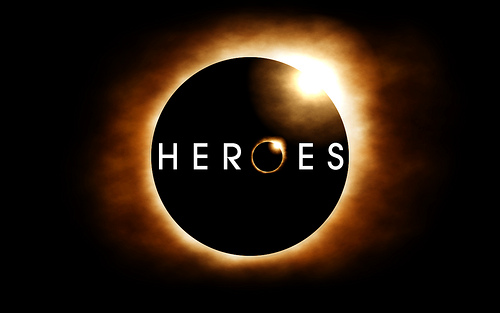


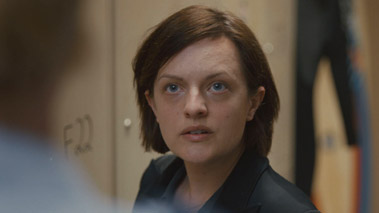

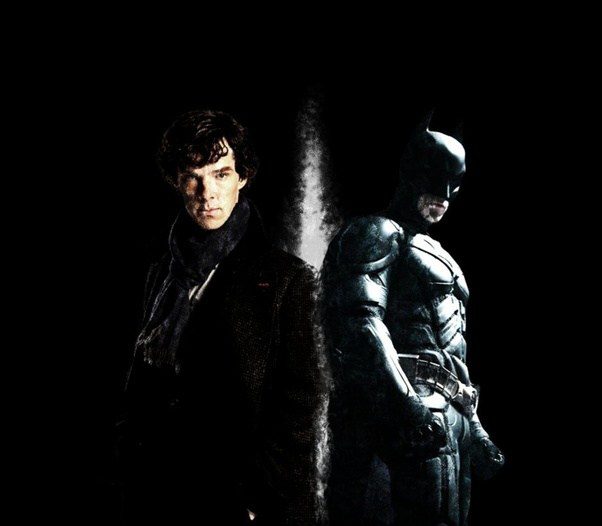

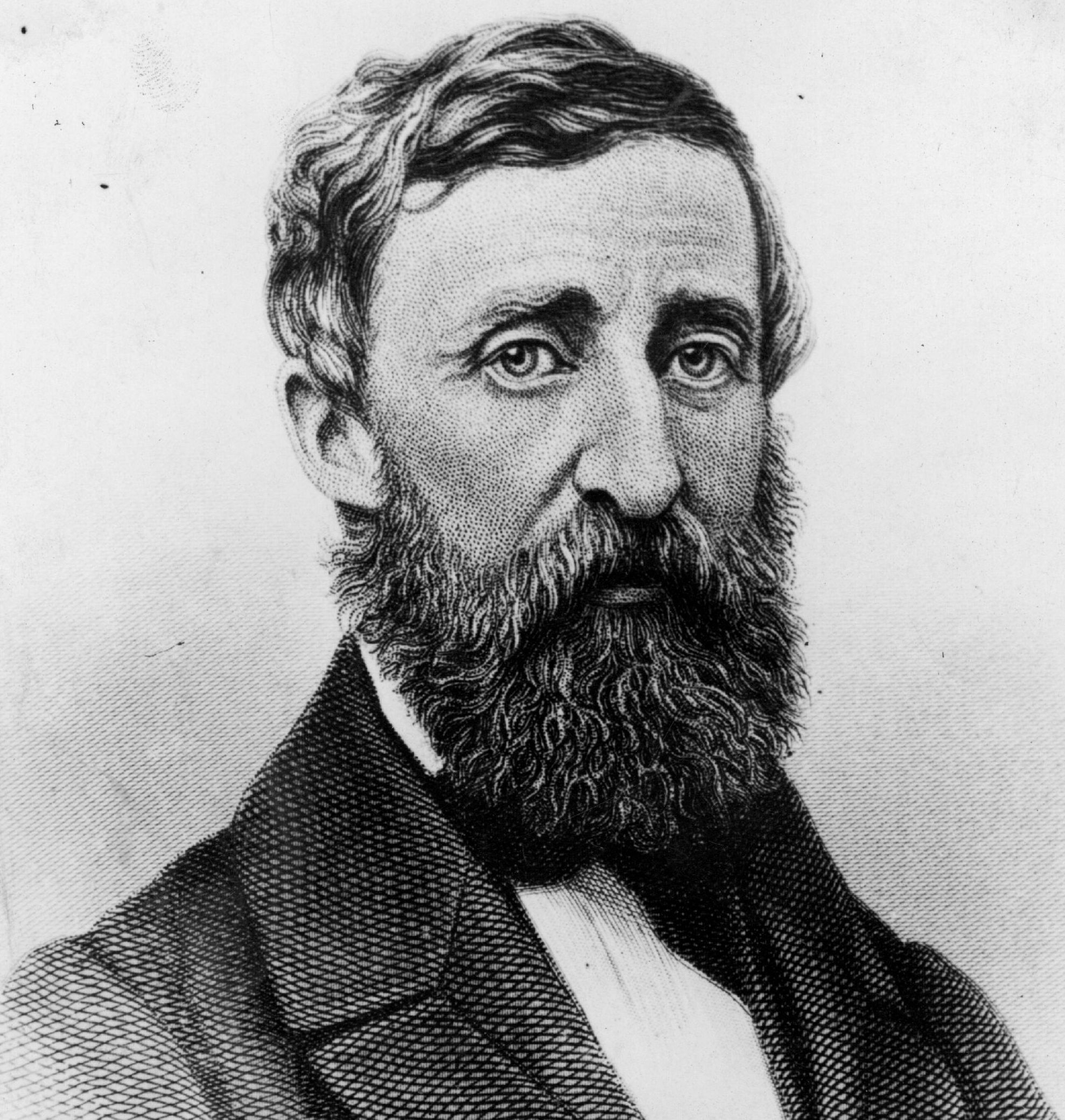






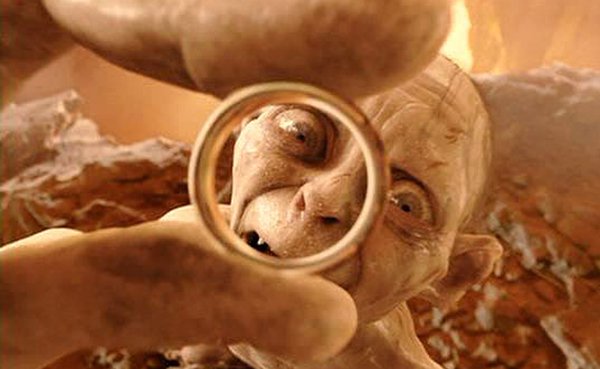


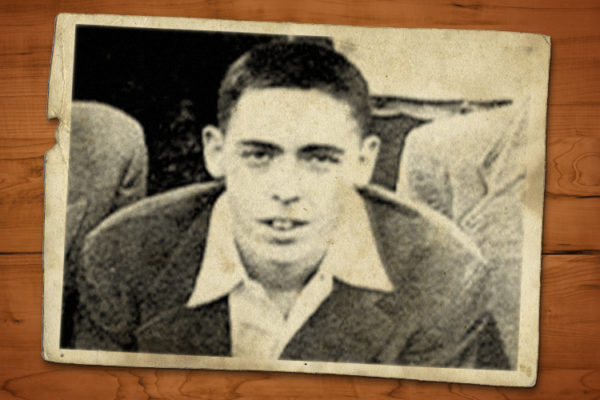

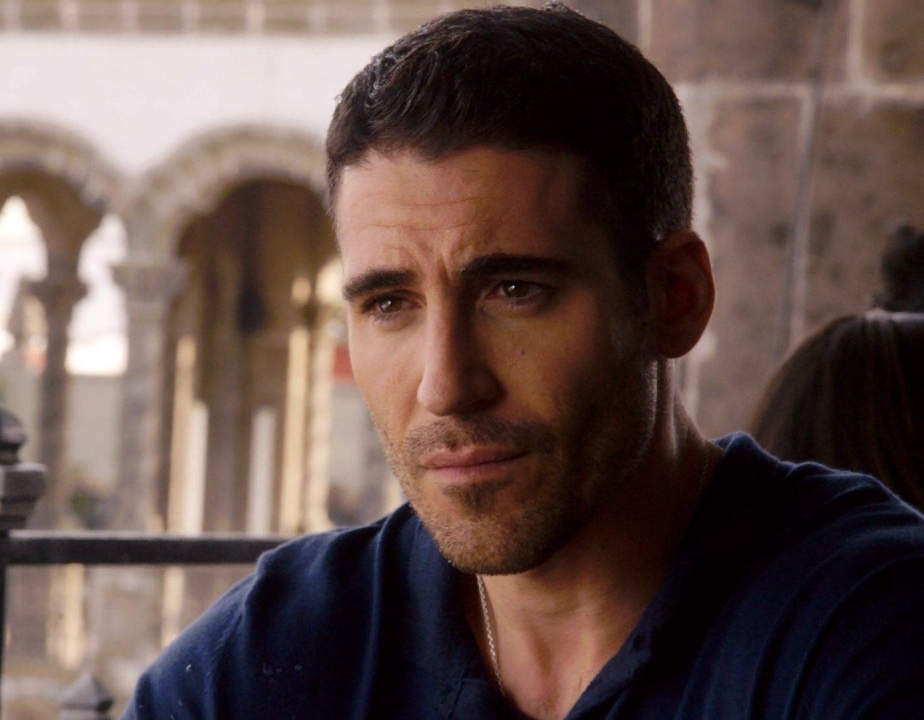





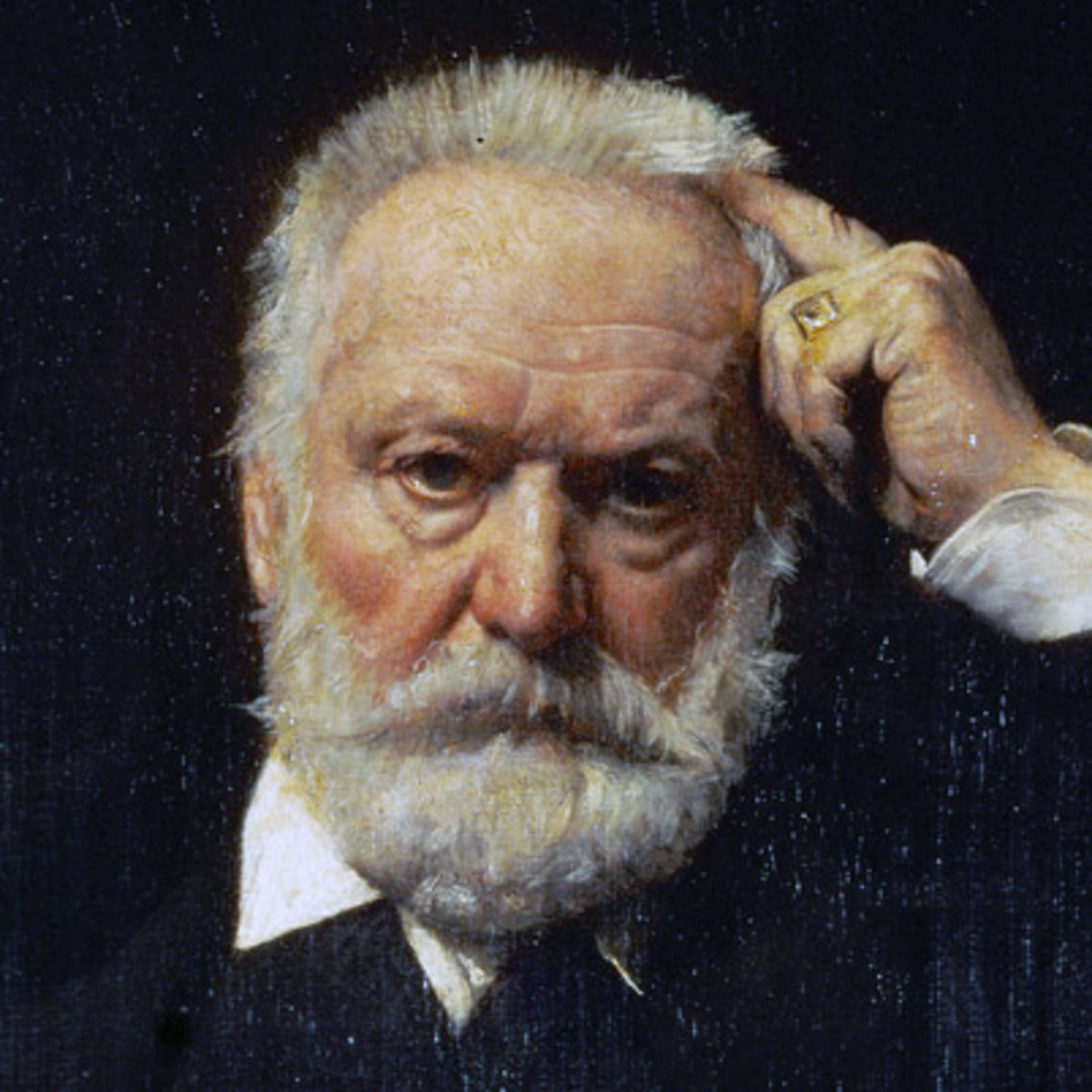
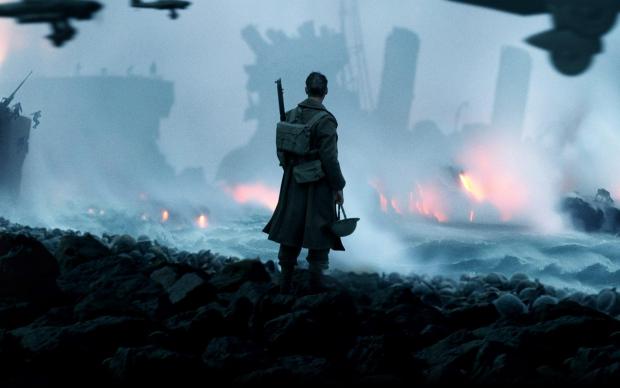
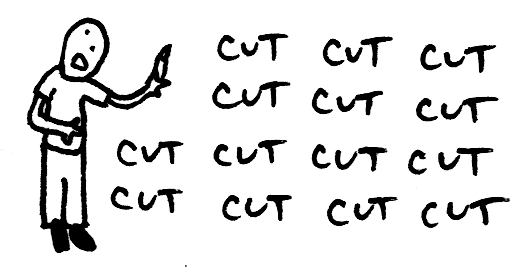

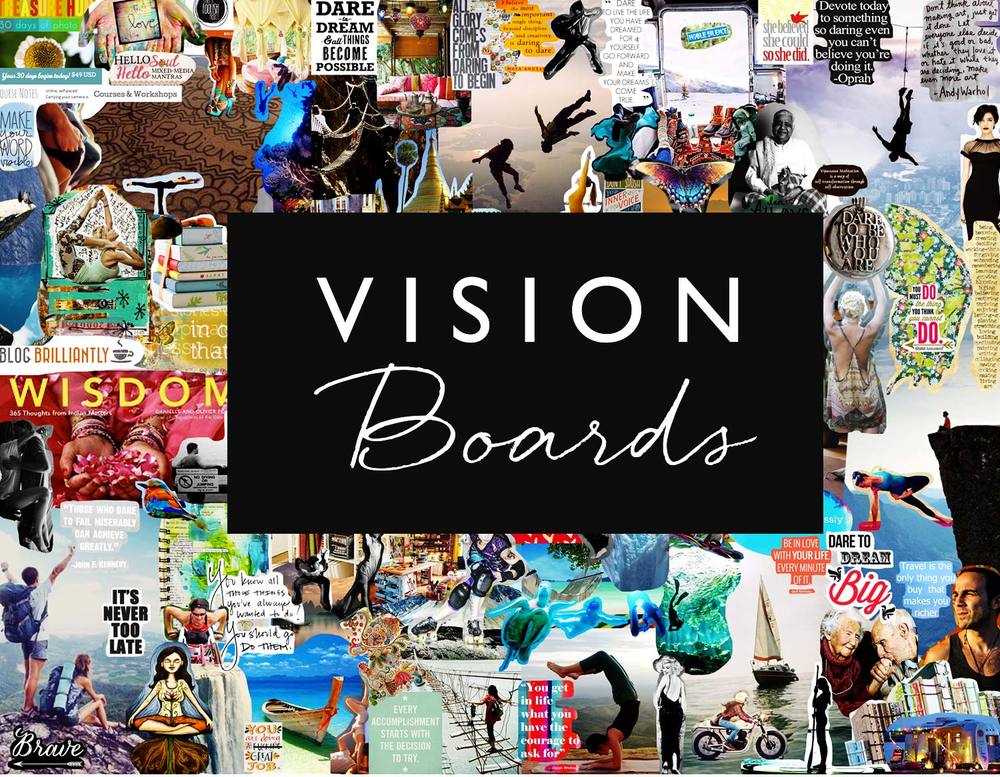
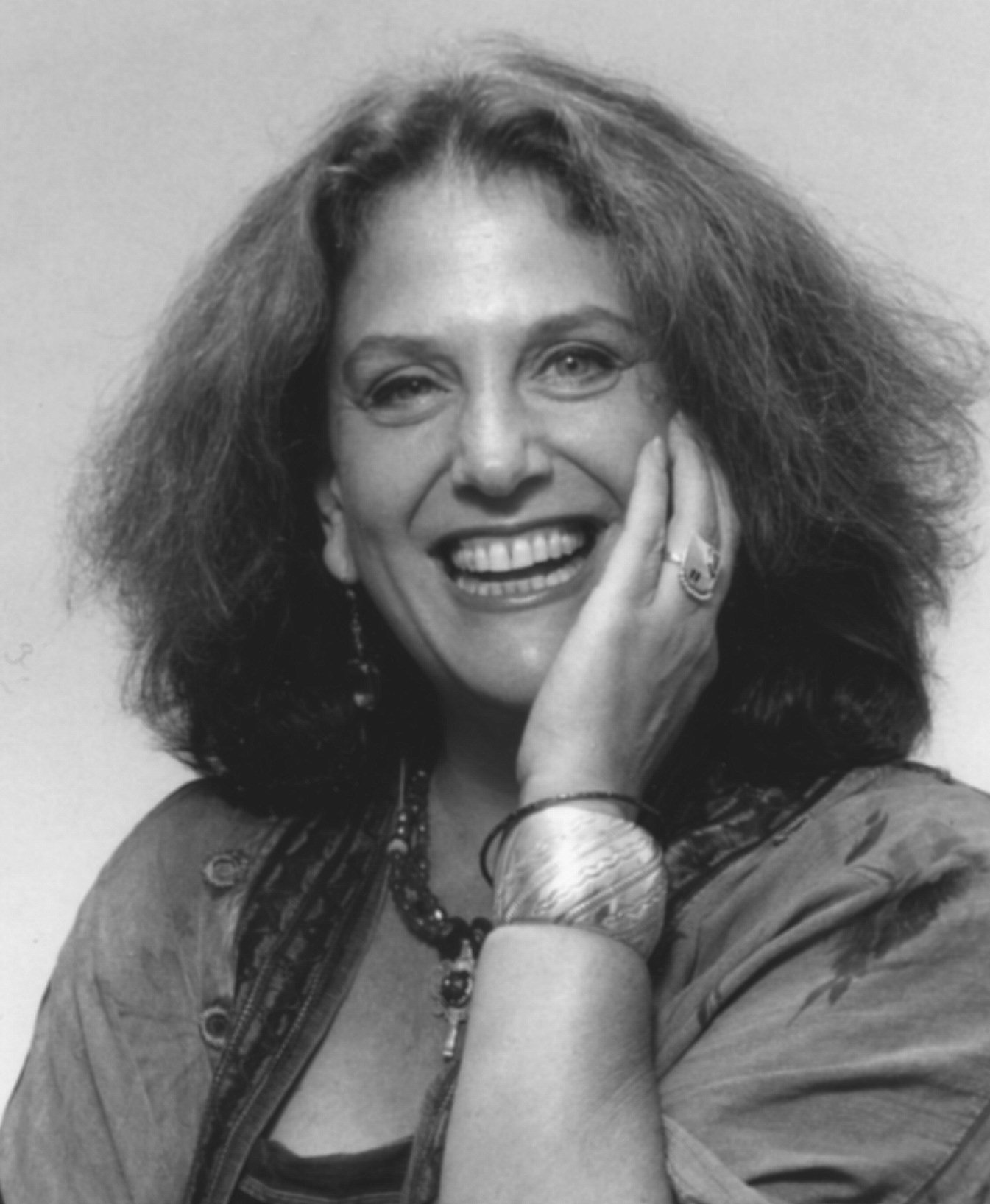

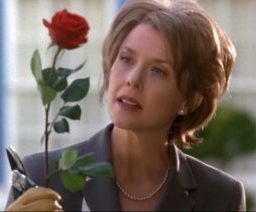
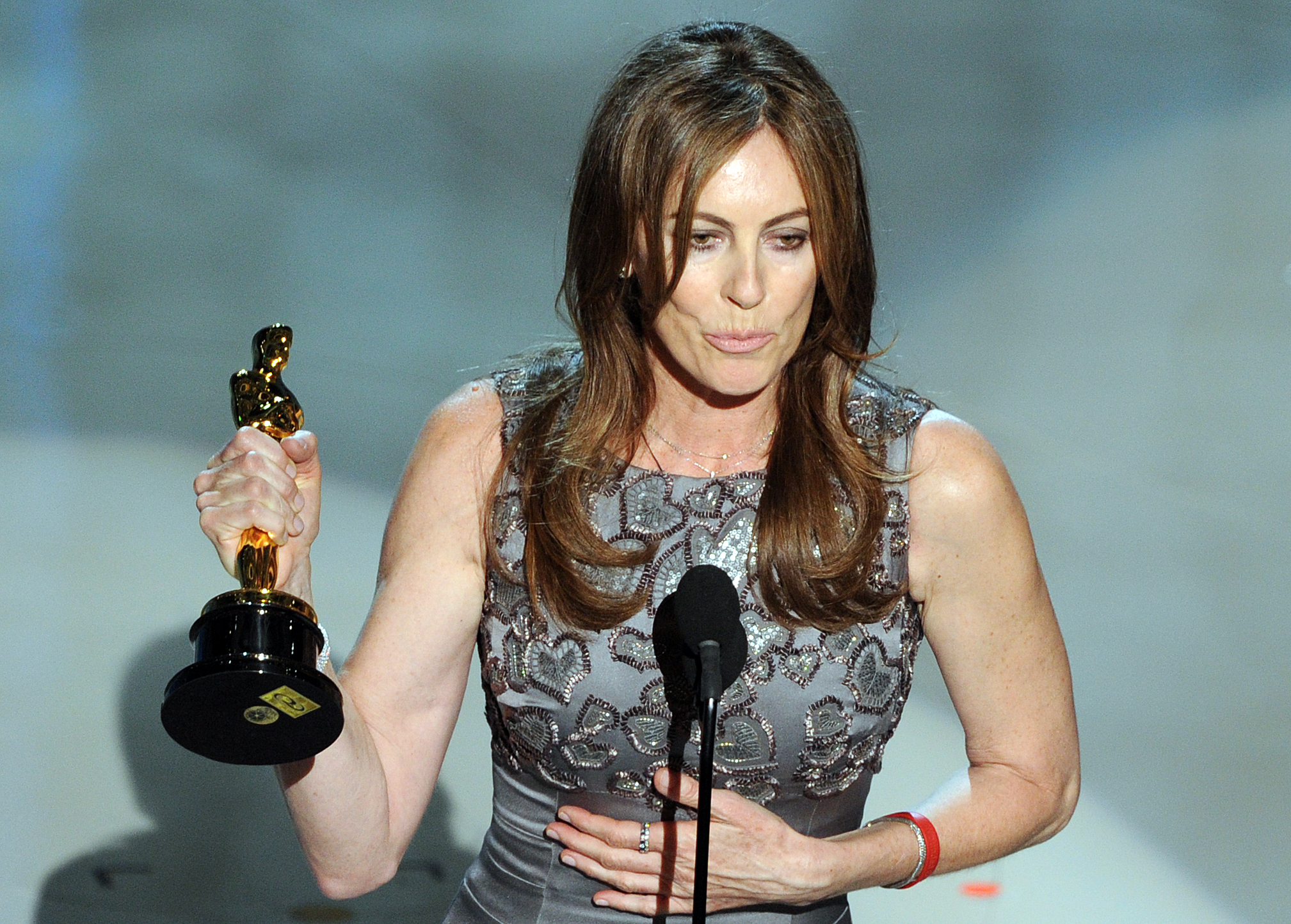


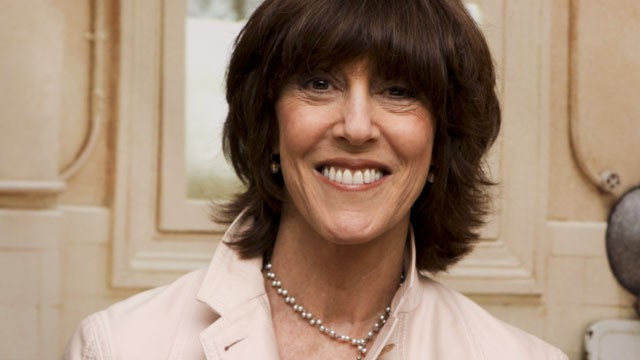

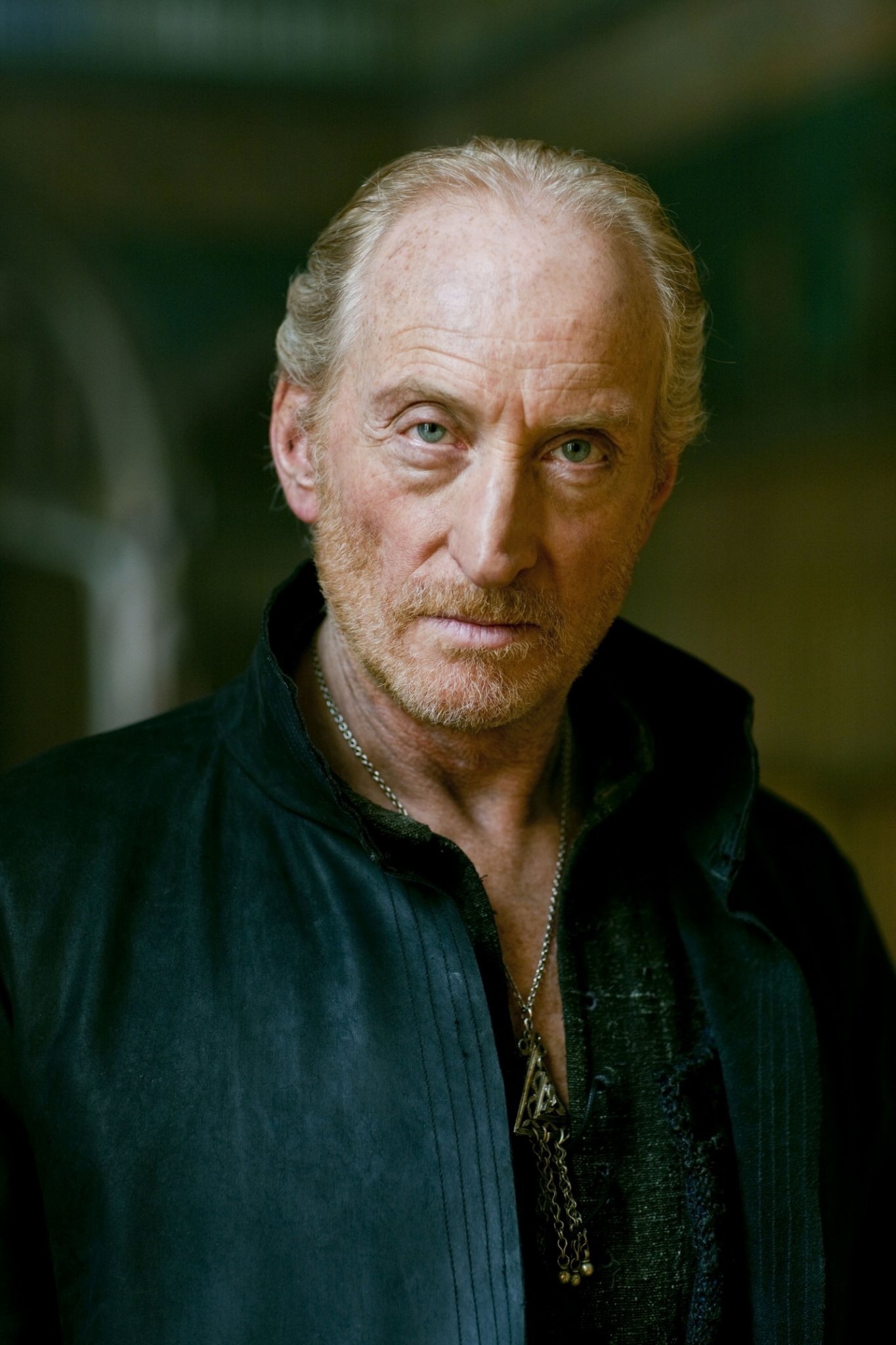


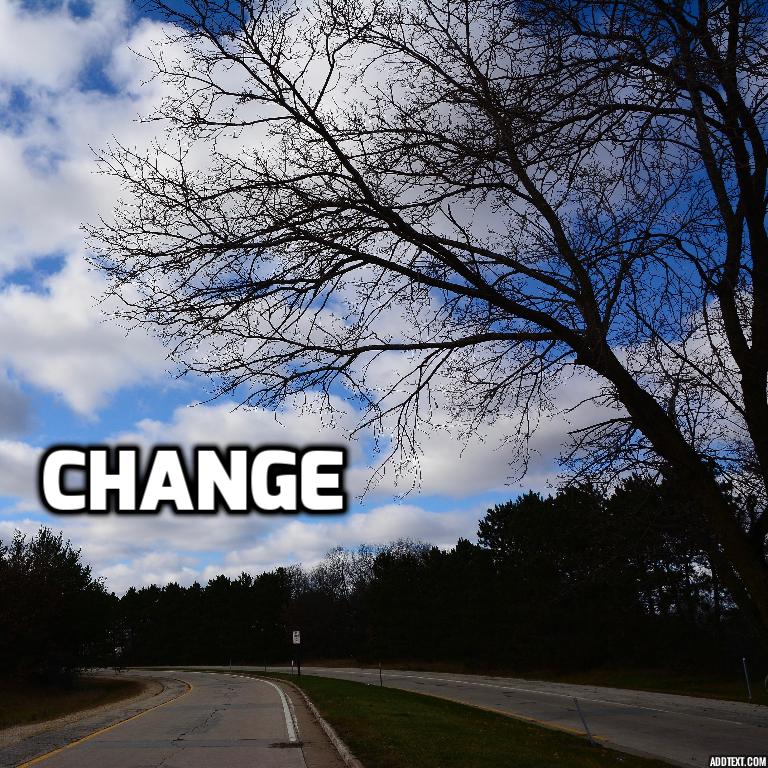
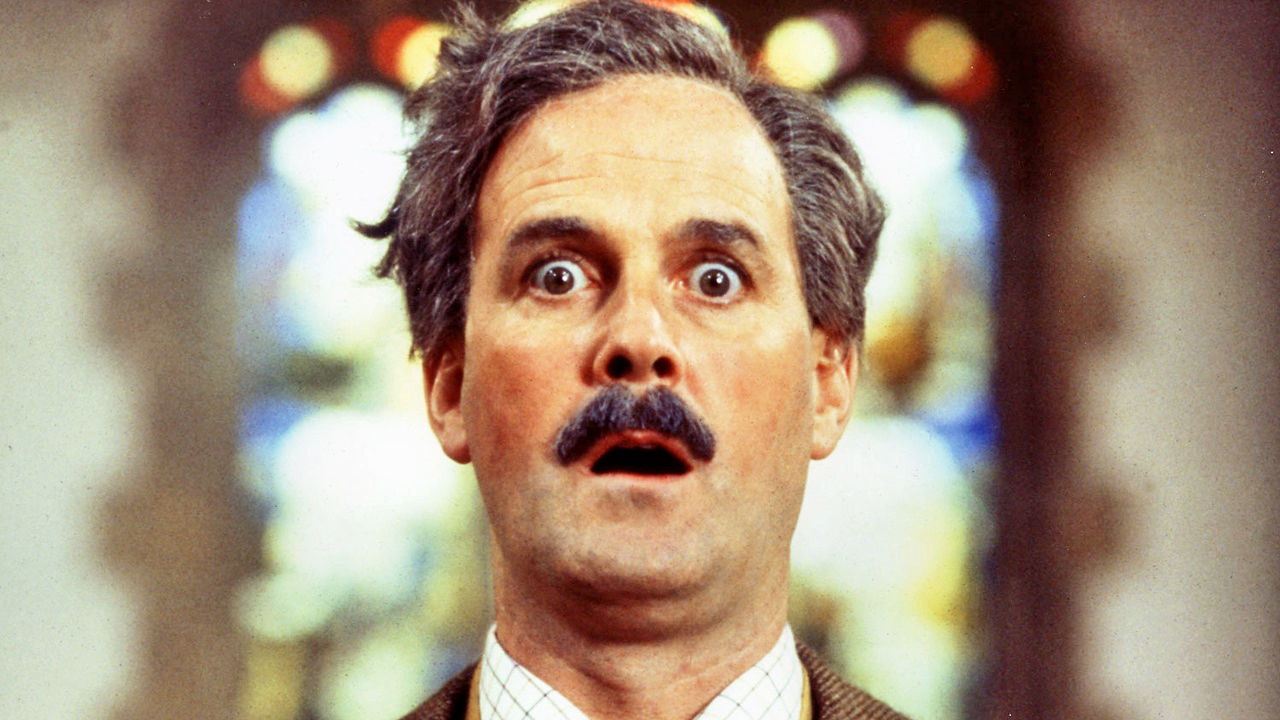



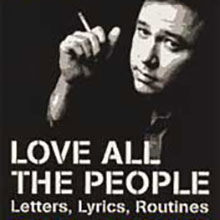

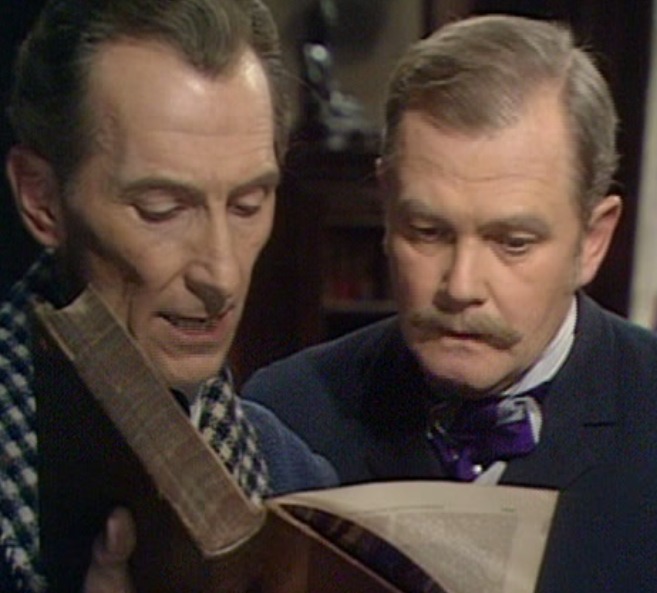





















 Personality
Personality